|
The material on this website is intended for educational use only and may not be reproduced for commercial purposes without express permission from the appropriate copyright holder.
Le contenu de ce site Web est destiné à des fins pédagogiques seulement et ne peut être reproduit à des fins commerciales à moins d'en avoir obtenu la permission du titulaire du droit d'auteur approprié.
"Bottom line: pay attention in this class & you won't be as easily fooled as your parents are."
Internet
"When the hearts is won, the understanding is easily convinced."
Charles Simmons
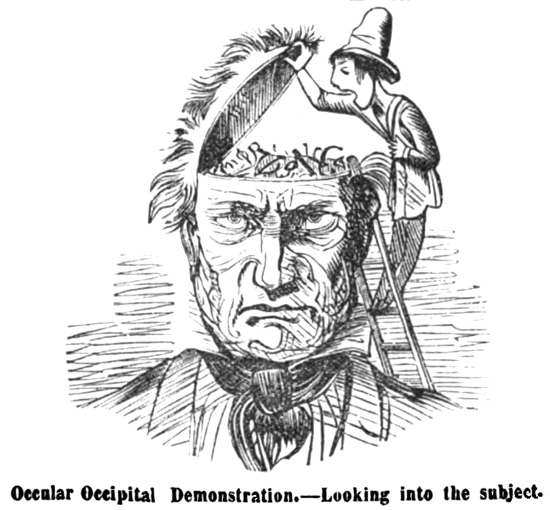
Yankee Notions, New York, November 1852
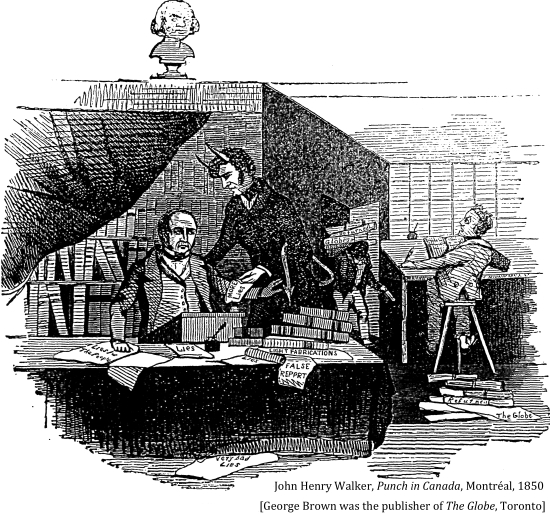
"My mother advised me when setting out in life to believe 'nothing I heard and only half of what I saw.'"
Elizabeth Hall, 21 December 1860
"The typical American captivity narrative has been described as device for anti-Indian propaganda. At a time when Indians were an obstacle to frontier expansion, these atrocities were 'shaped by publishers exploiting a mass market that thrived on sensationalism, in a natural alliance with land speculators who wanted to implement a policy of Indian extermination in the interest of real estate development.'"
Sarah Carter, Capturing Women and James Levernier and Henning Cohen, The Indians and Their Captives. [Today the word "captivity" is being used to describe First Nations children taken to residential schools or to foster homes.]
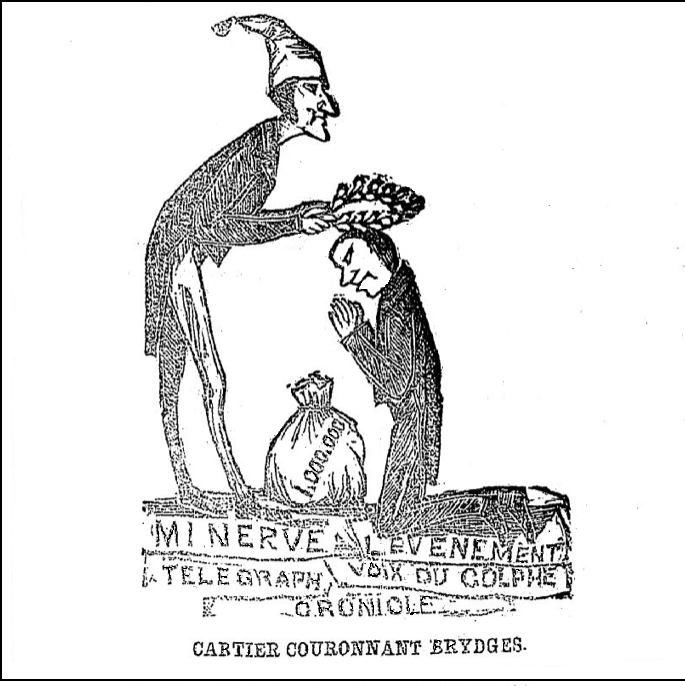
Cartier crowning brydges
Le charivari canadien, Québec, 6 November 1868
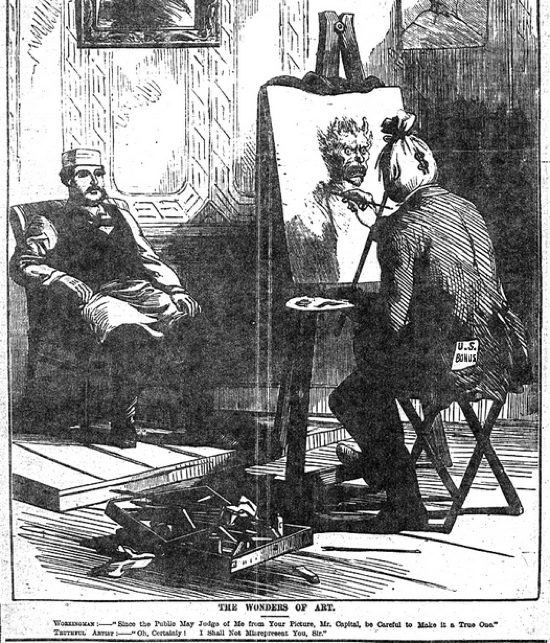
THE WONDERS OF ART
WORKINGMAN: "Since the public may judge of me from your picture, Mr. Capital, be careful to make it a true one."
TRUTHFUL ARTIST: "Oh, certainly! I shall not misrepresent you."
Irish World and Industrial Liberator, 1 February 1879
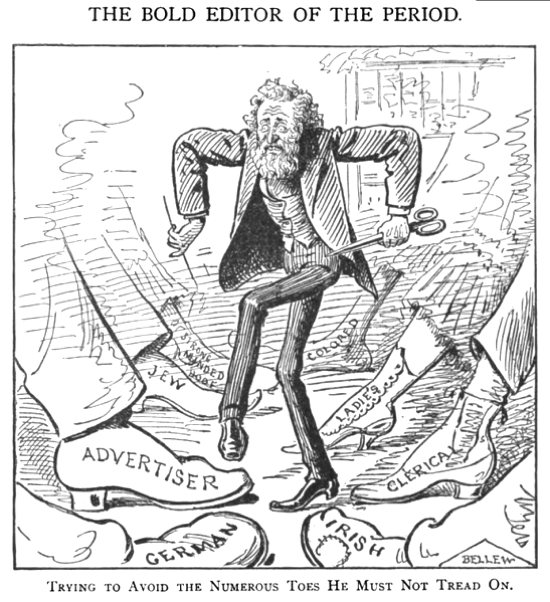
Puck, New York, 2 April 1879
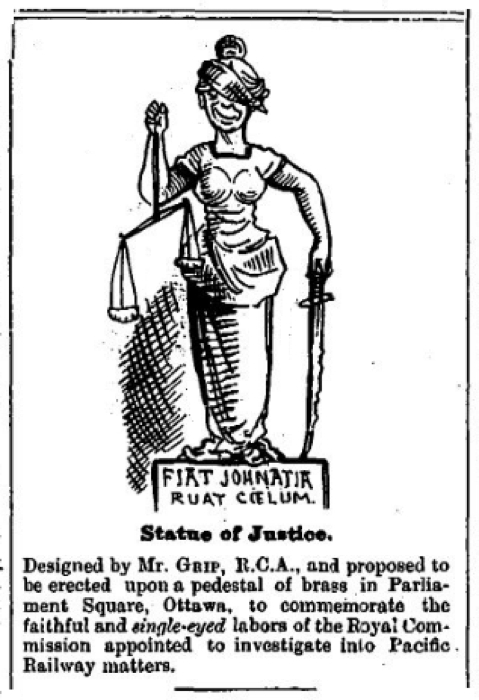
Grip, Toronto, 30 October 1880
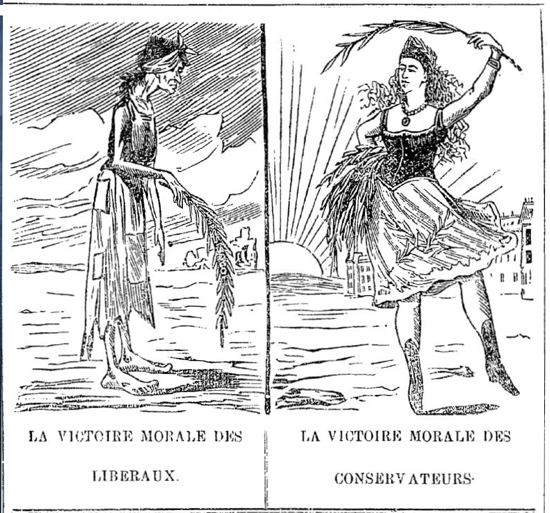
Le grognard, Montréal, 17 December 1881
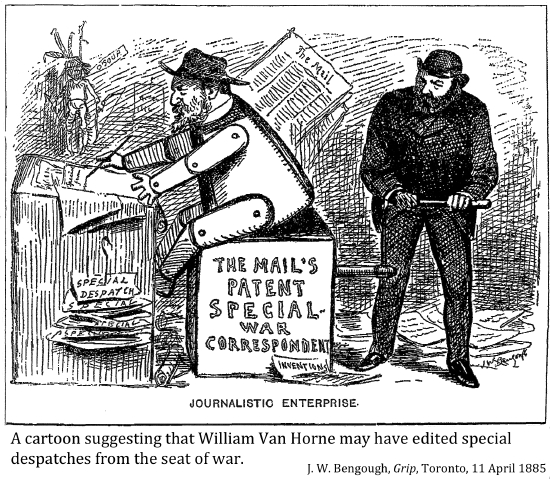
"When reading history ask yourself] whose voices have been included and whose have been left out."
Sara Carter
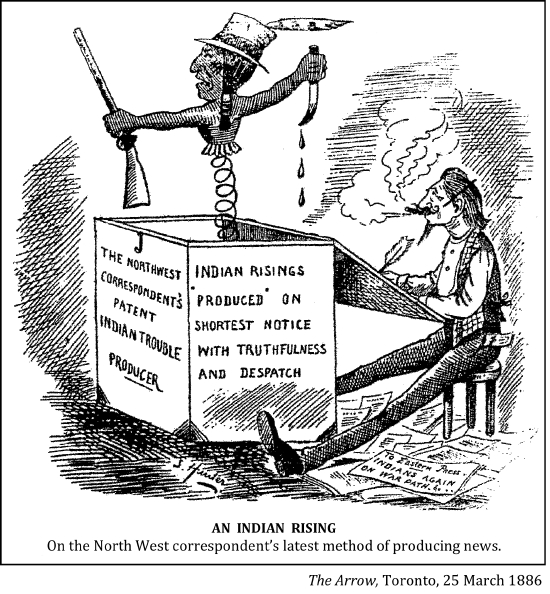
"The correspondents sent by Canadian newspapers [to the North West in 1885] . . . second-guessed commanders, repeated every rumour and embroidered the exploits of hometown heroes. If they wrote for opposition newspapers, they sought evidence of military blunders and administrative incompetence."
Desmond Morton
"The first casualty when war comes is truth."
Hiram Johnson, Speech, U.S. Senate
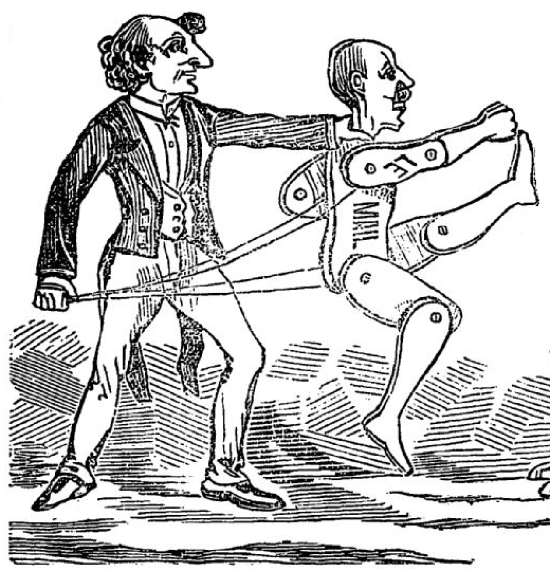
Sir John A. Macdonald, Le Canard, Montréal, 22 January 1887
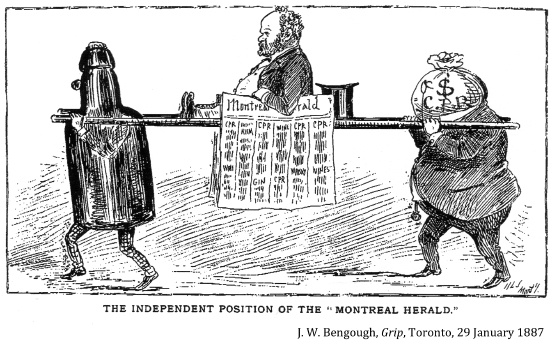
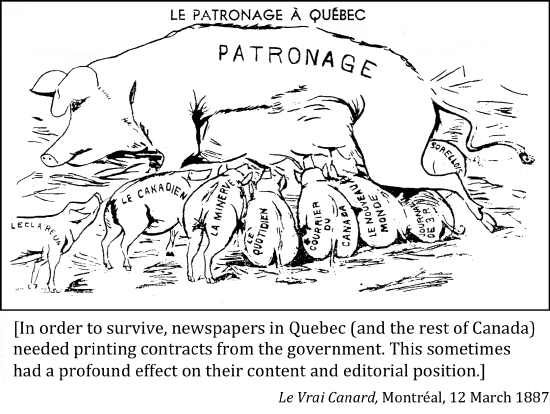
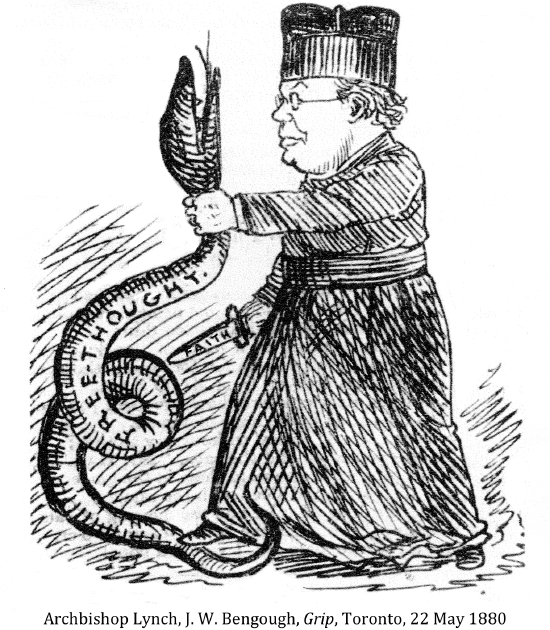
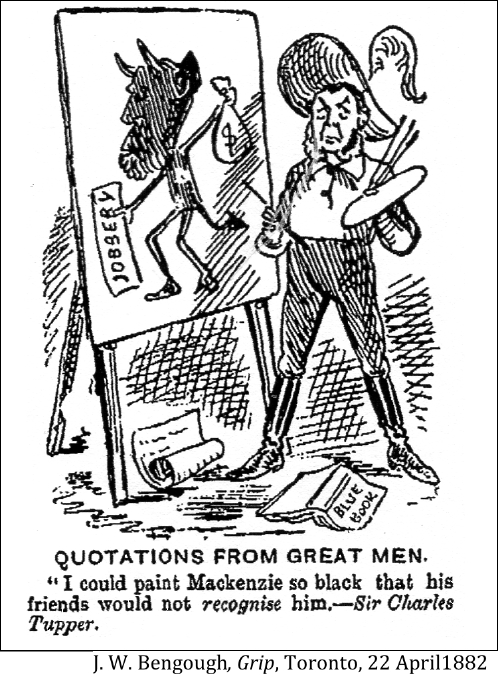
[Newspaper reporting on Indian reserves were] "anything but the picture of serenity presented in the Regina Leader, whose explicit editorial policy was to gloss over anything that might detract from settlement of the country."
James Daschuk, Clearing the Plains Disease Politics of Starvation and the Loss of Aboriginal Life
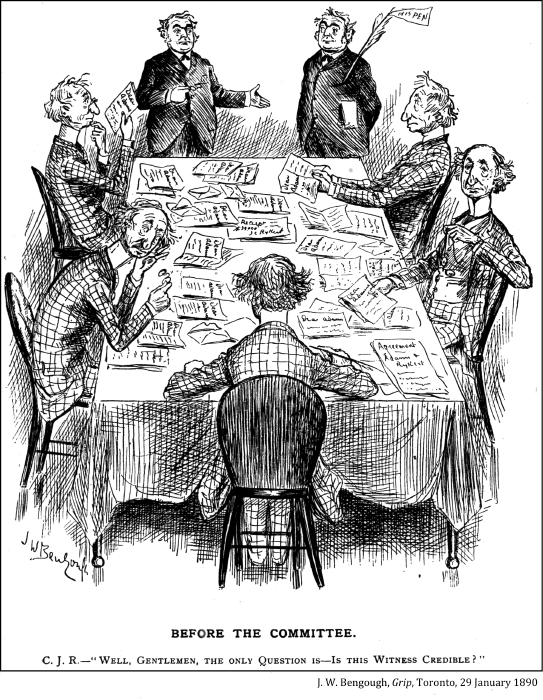
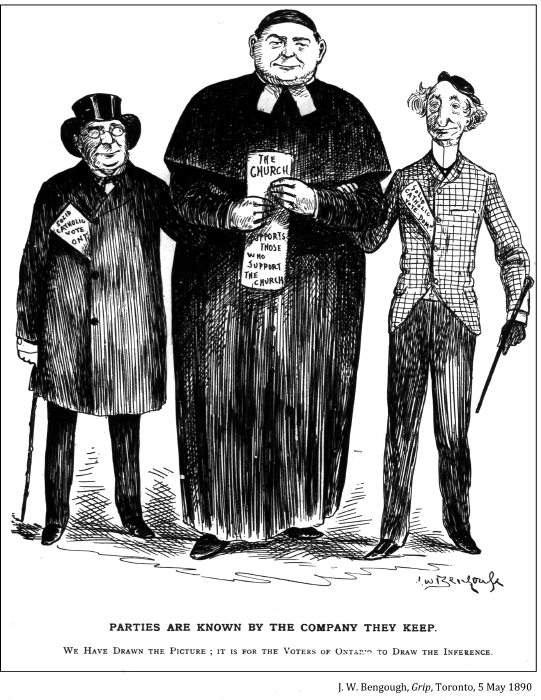
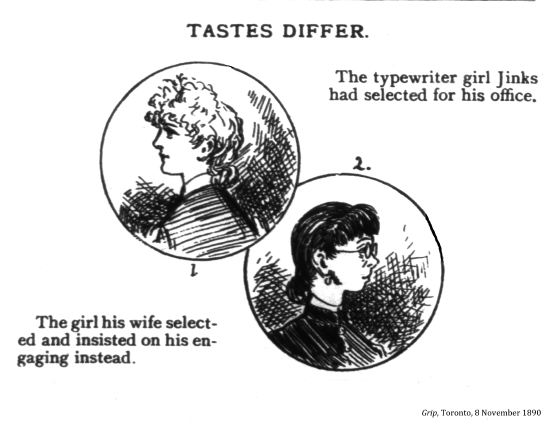
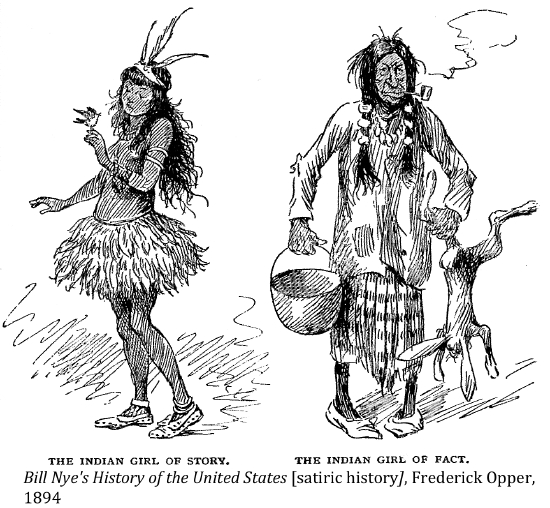
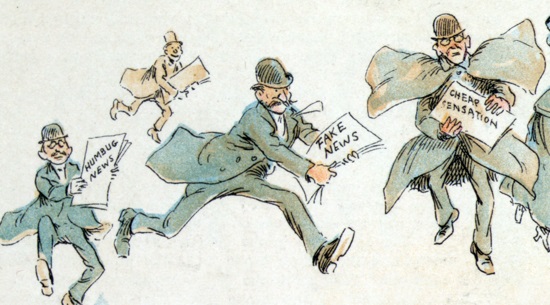
A man with "fake news" rushing to the printing press, Frederick Burr Opper, artist, 7 March 1894, Public domain, via Wikimedia Commons
"I could 'paint' you two pictures. The one would represent the bright side of Indian life, with its feathers, lances, gayly dressed and mounted 'banneries', fights, buffalo hunting, etc. The other the dark side, showing the filth, vermin, poverty, nakedness, suffering, starvation, superstition, etc. Both would be equally true-neither exaggerated, or distorted; both totally dissimilar."
Henry Boller
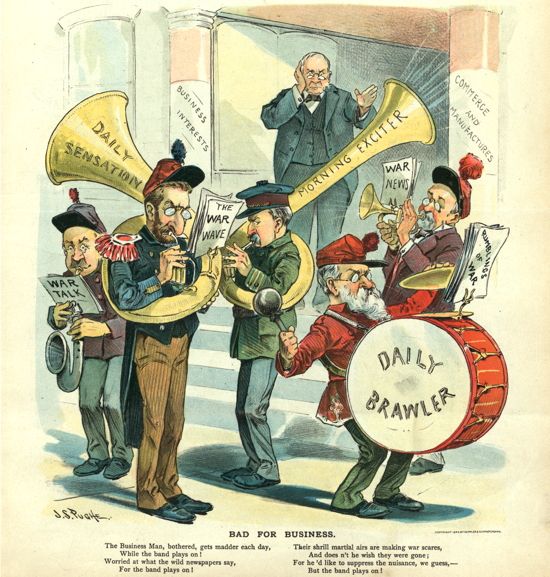
Bad for business, Puck, New York, J. S. Pughe, 25 March 1896, LC2012648511
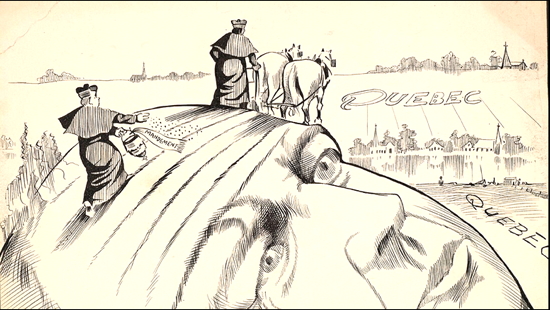
[Laurier] Samuel Hunter, Royal Ontario Museum, 30 January 1897
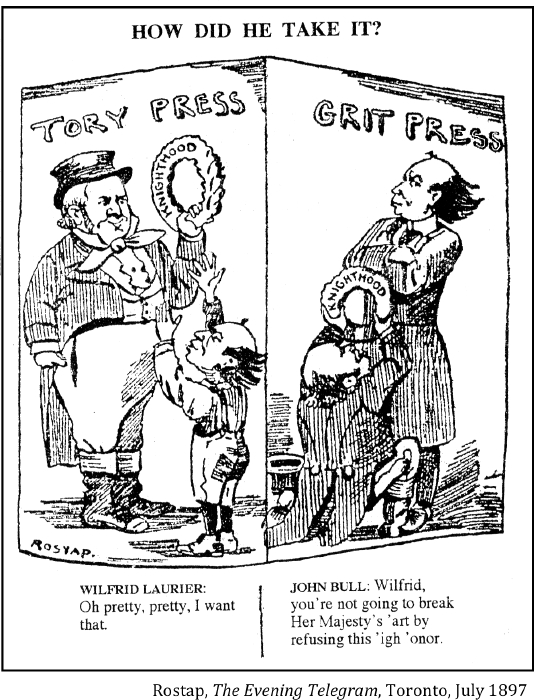
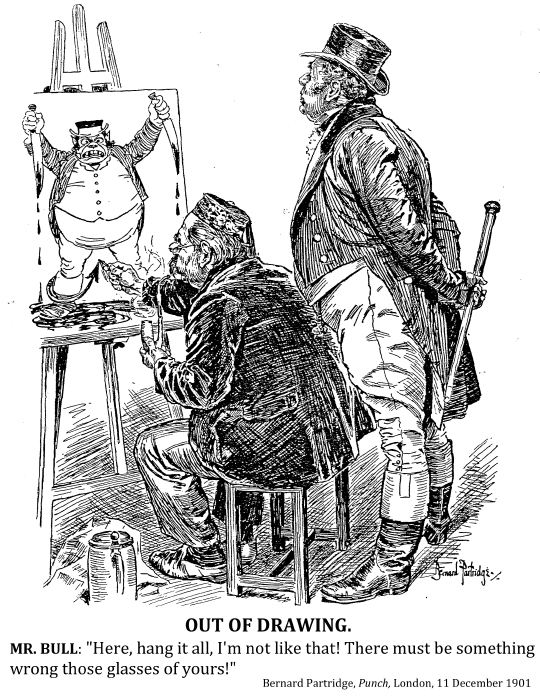
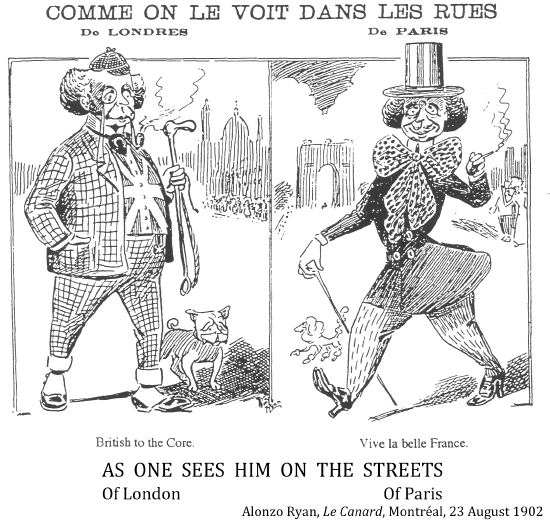
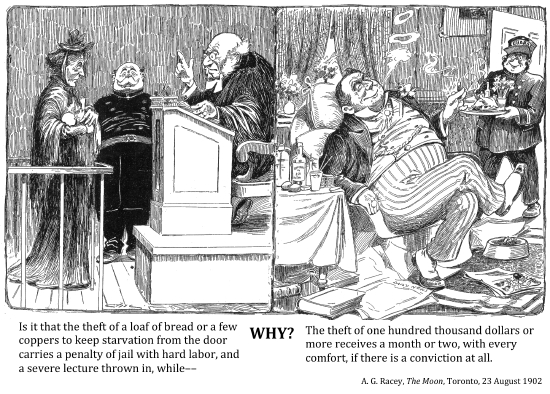
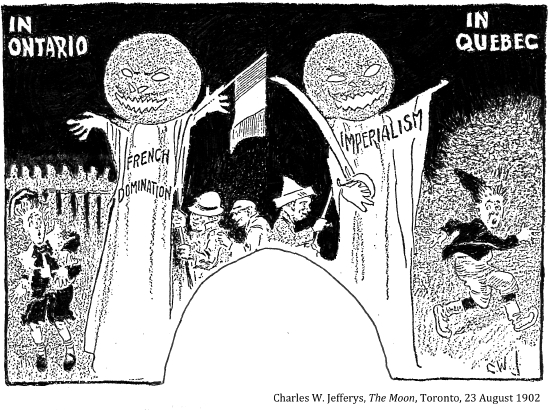
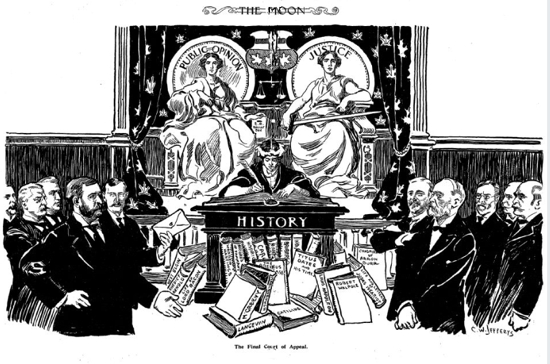
Charles W. Jefferys, The Moon, Toronto, 21 March 1903
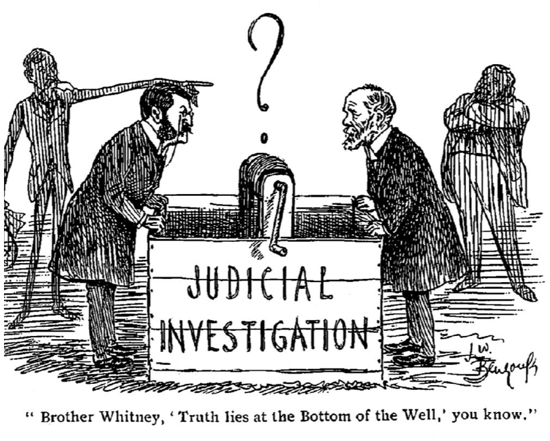
J. W. Bengough, The Moon, Toronto, 4 April 1903
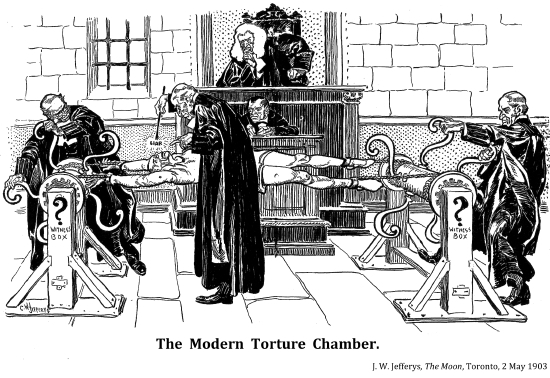
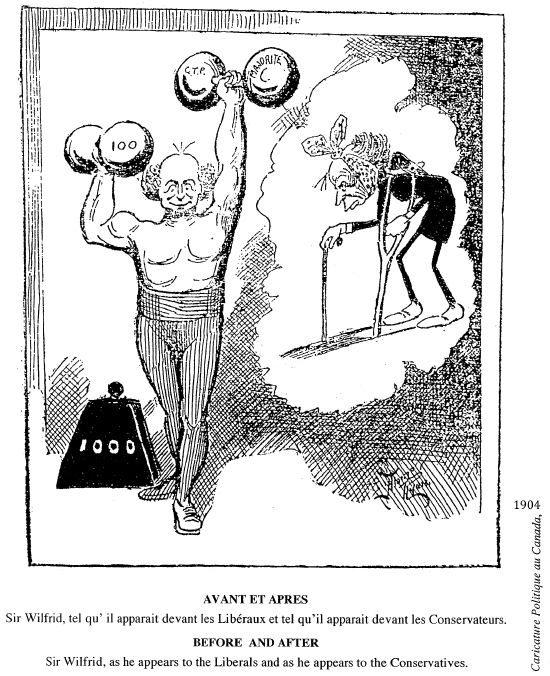
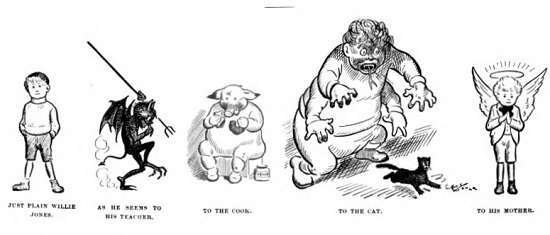
Art Young, Life, New York, 10 March 1904
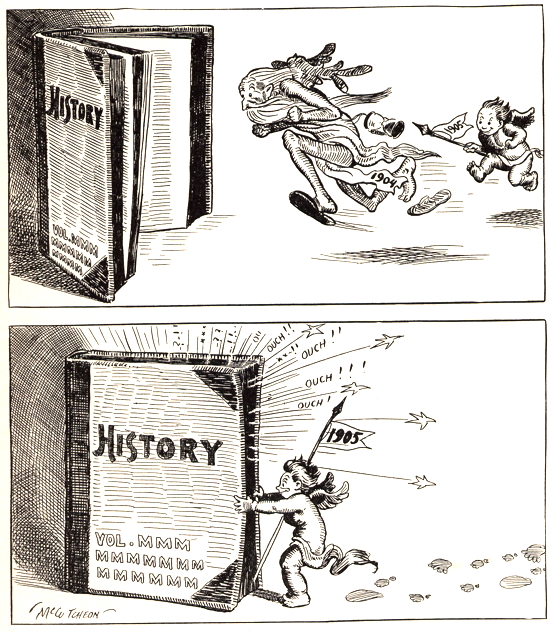
The Mysterious Stranger and Other Cartoons, John T. McCutcheon, New York, 1905, Public domain, via Wikimedia Commons
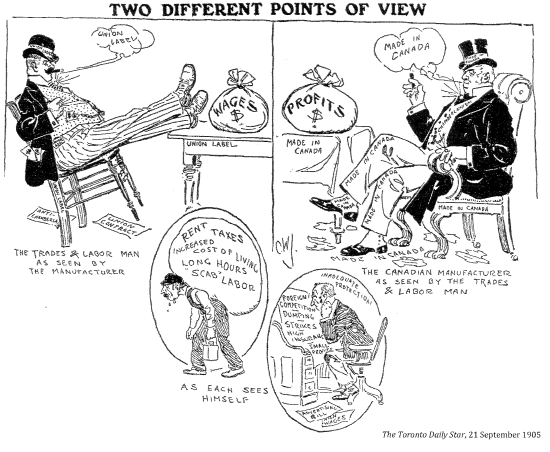
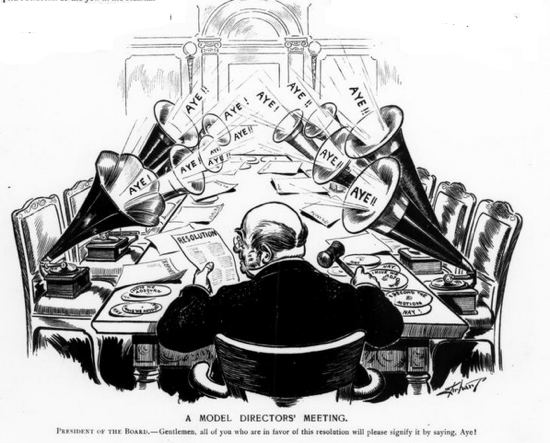
Puck, New York, 28 March 1906
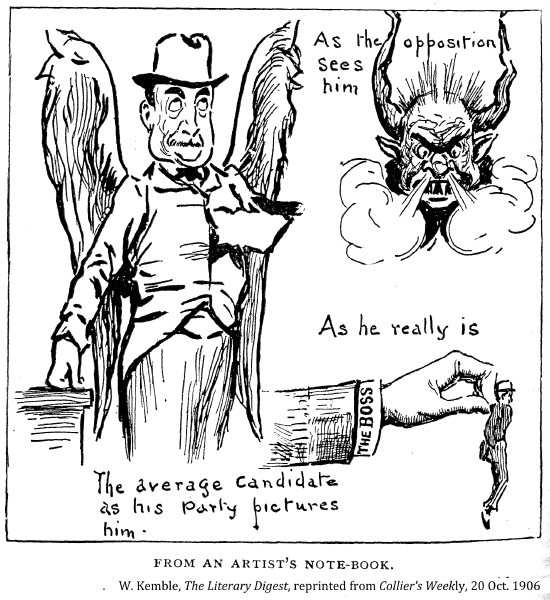

"Lawyers and painters can soon change white to black."
Danish Proverb
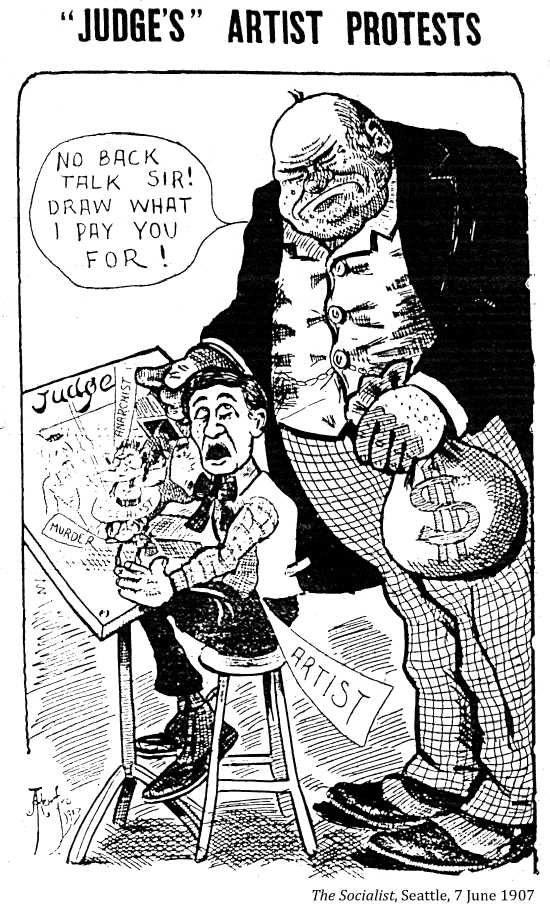
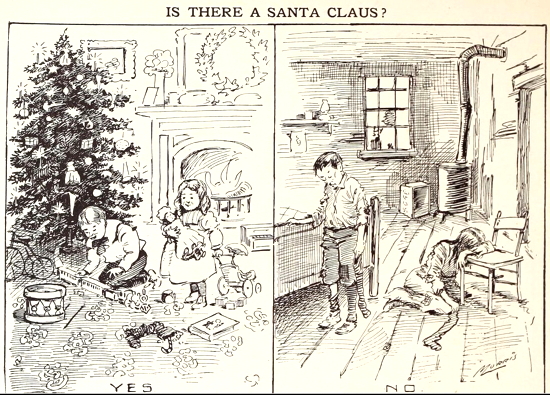
William Charles Morris, Spokesman-Review Cartoons, Spokane, WA., 1908?
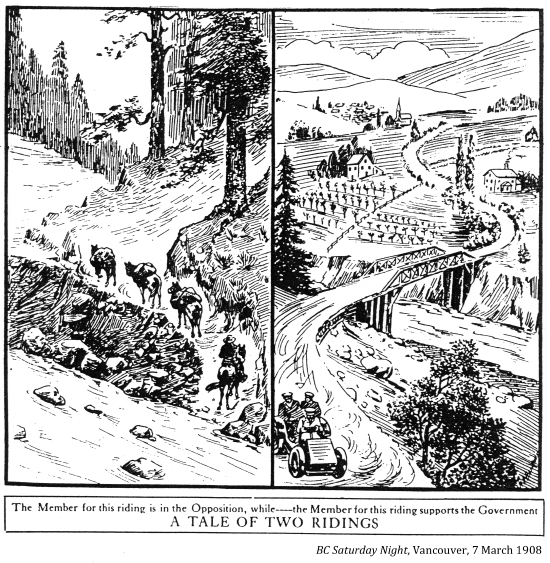
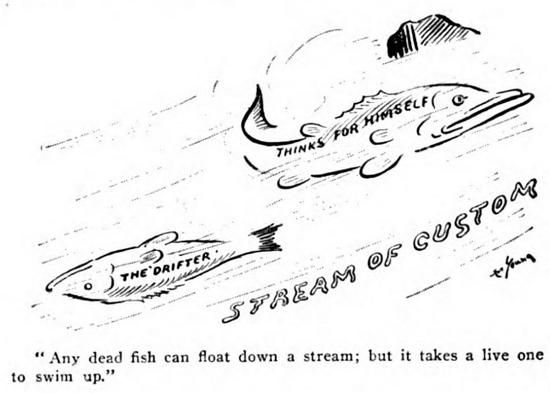
Art Young, Life, New York, 28 January 1909
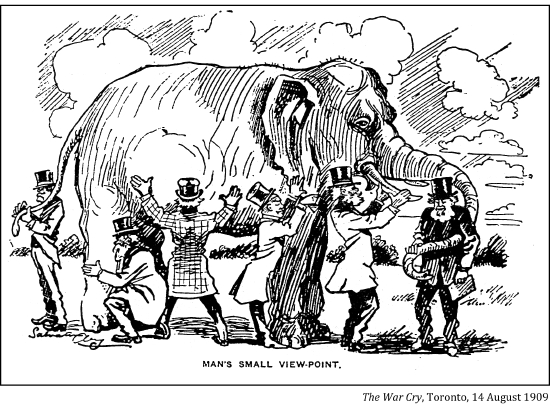
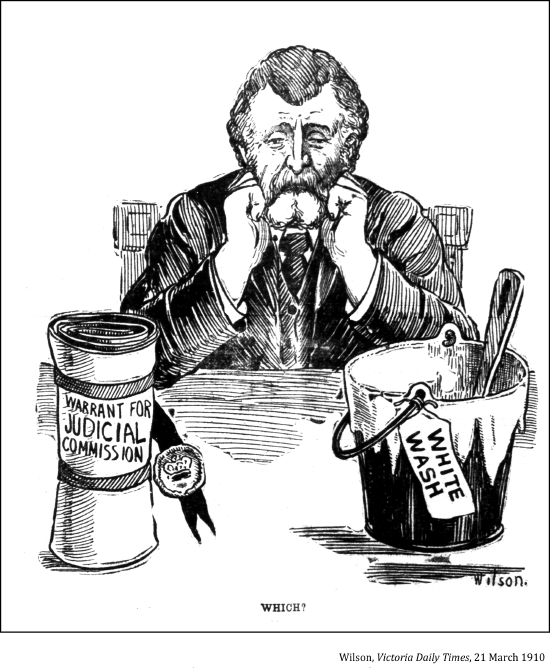
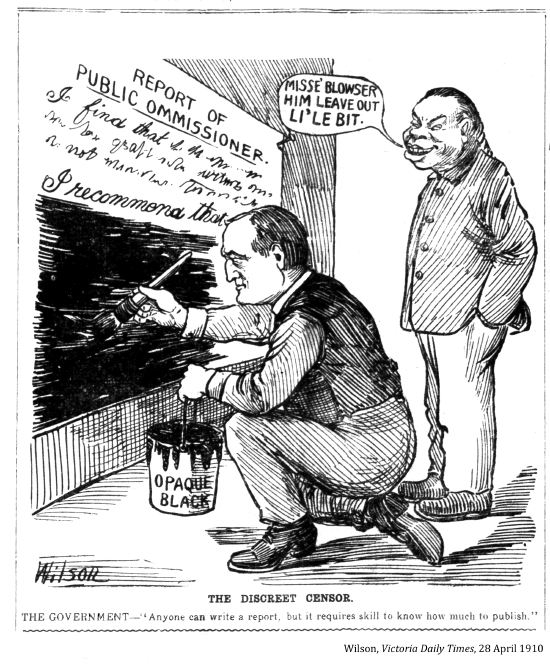
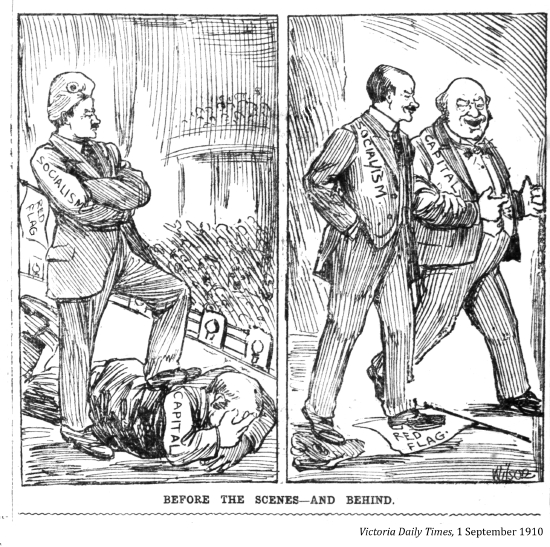
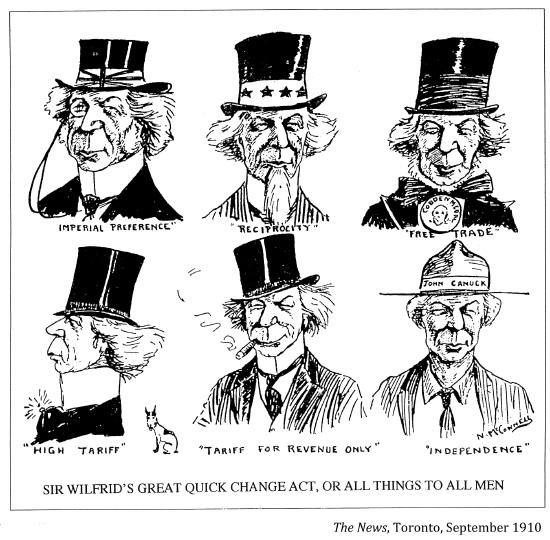
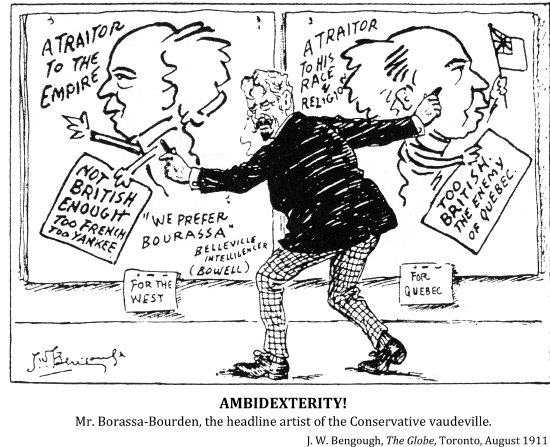
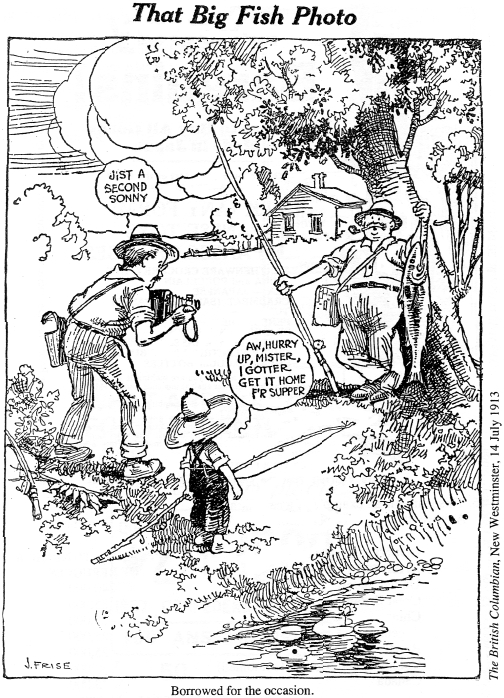
"If the camera never lies, neither does it tell the whole truth."
Daniel Francis, The Imaginary Indian, 2011
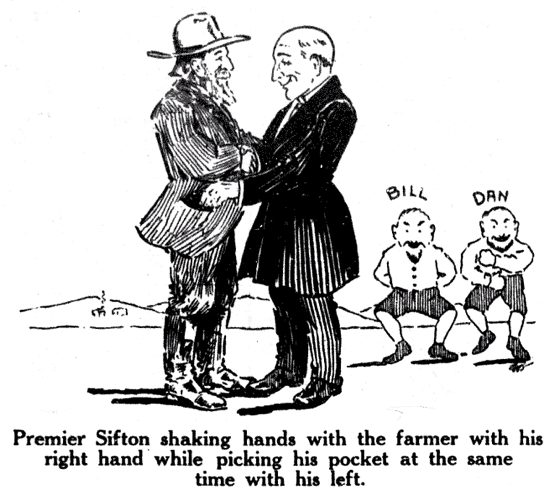
The Calgary Eye-Opener, 20 April 1912
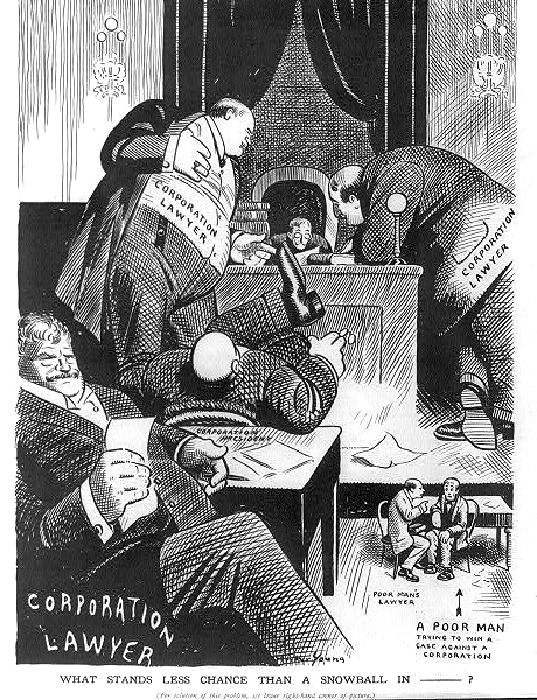
Poor man vs corporation, Art Young, artist, Puck, New York, 8 May 1912,LC2006686966

The Masses, New York, August 1912
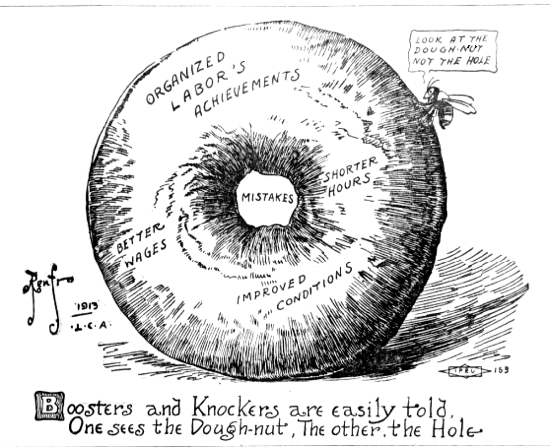
The Labor Journal, Everett, Washington, 26 September 1913
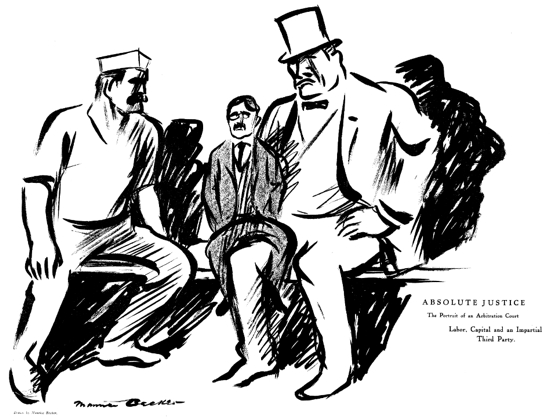
The Masses, New York, October 1913
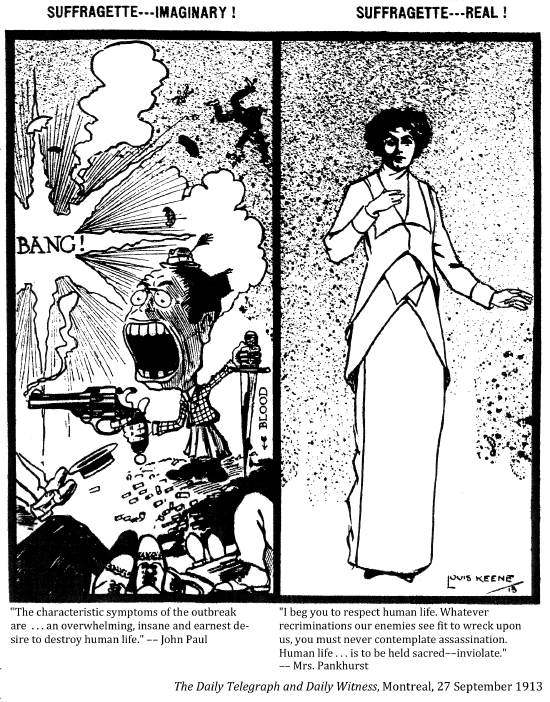
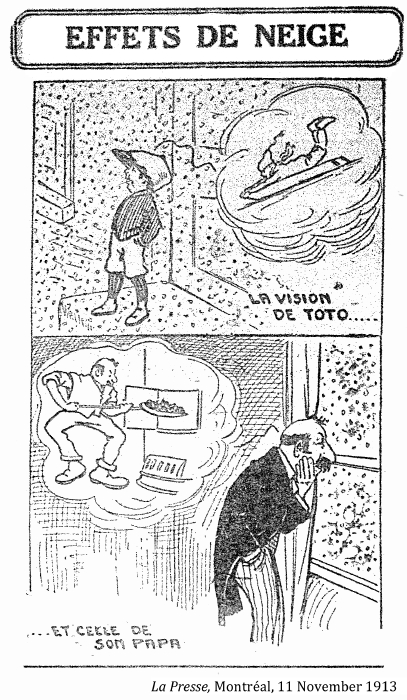
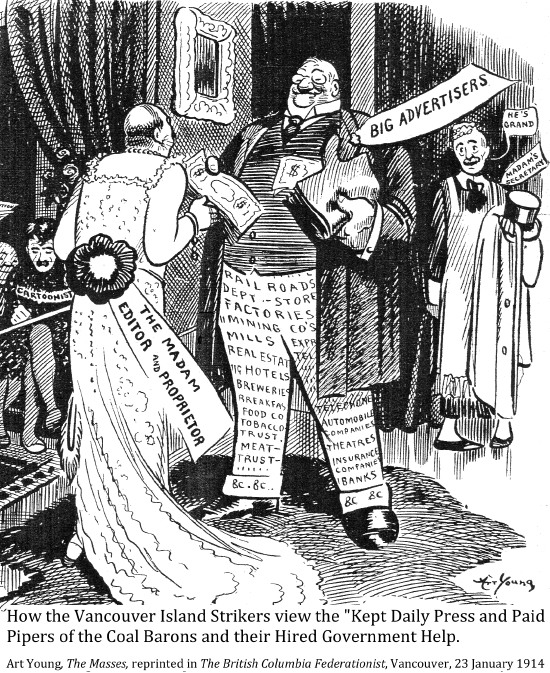
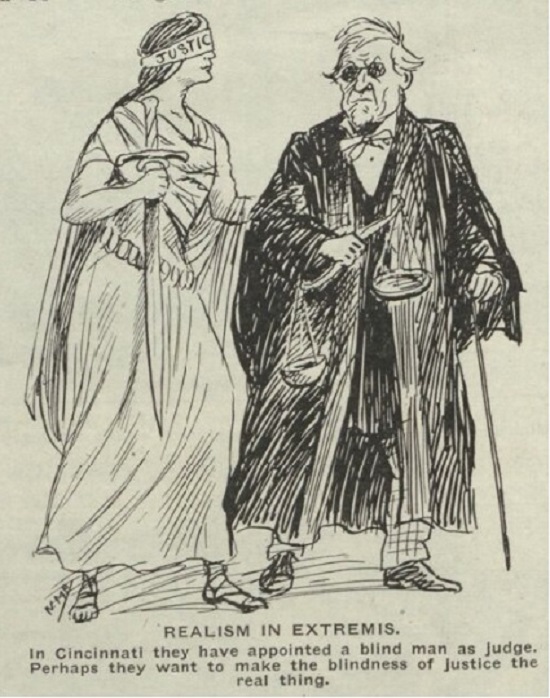
Canadian Courier, 4 July 1914
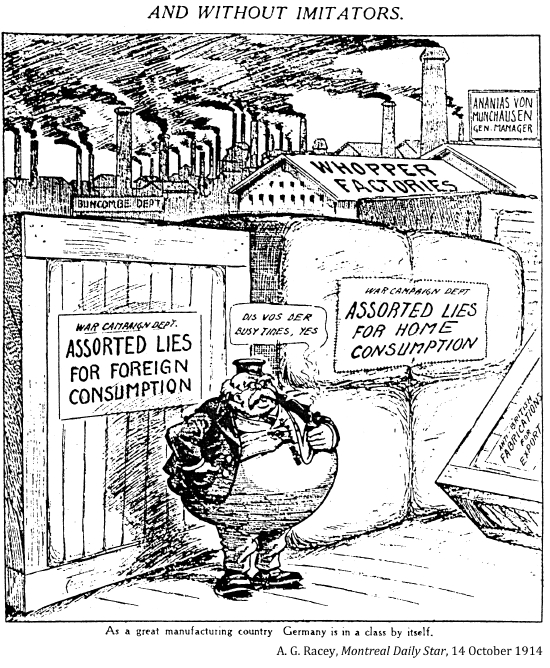
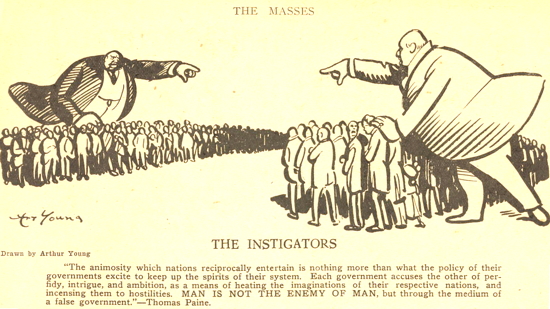
The Instigators, The Masses, Art Young, 1916
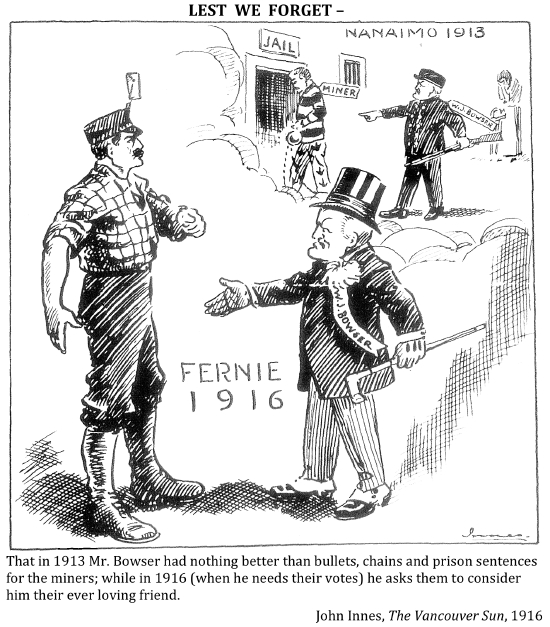
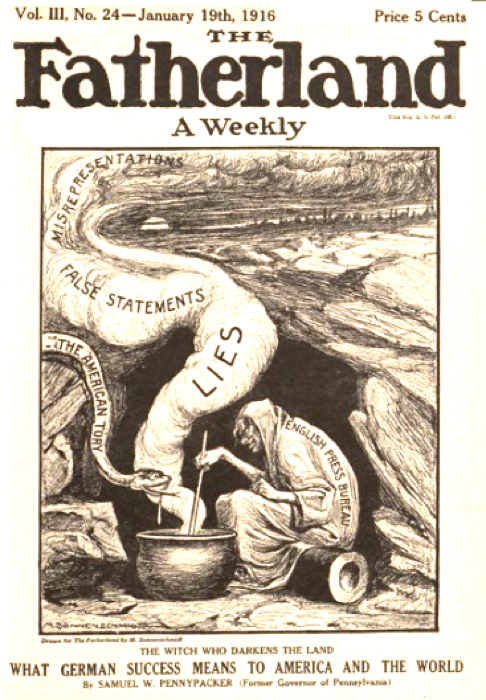
The Fatherland, New York, 19 January 1916, Digital Library@Villanova University
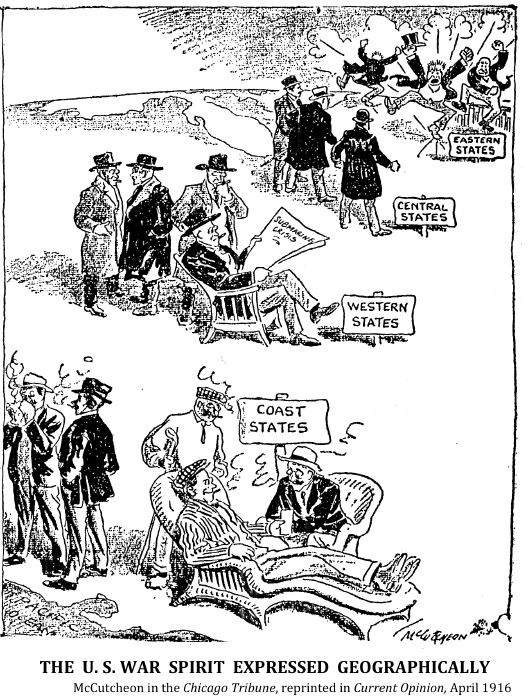
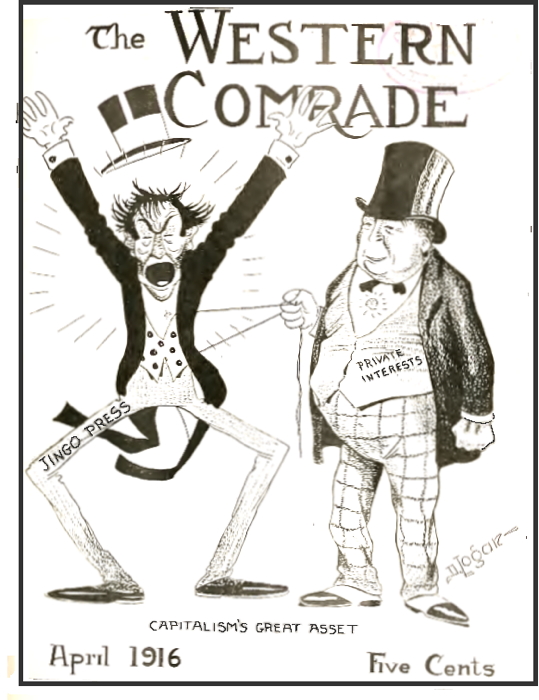
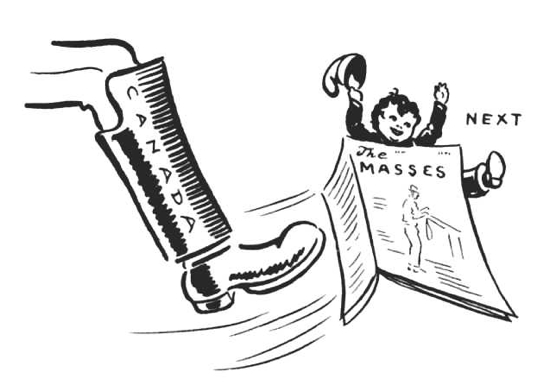
The Masses, Art Young, cartoonist, May 1916
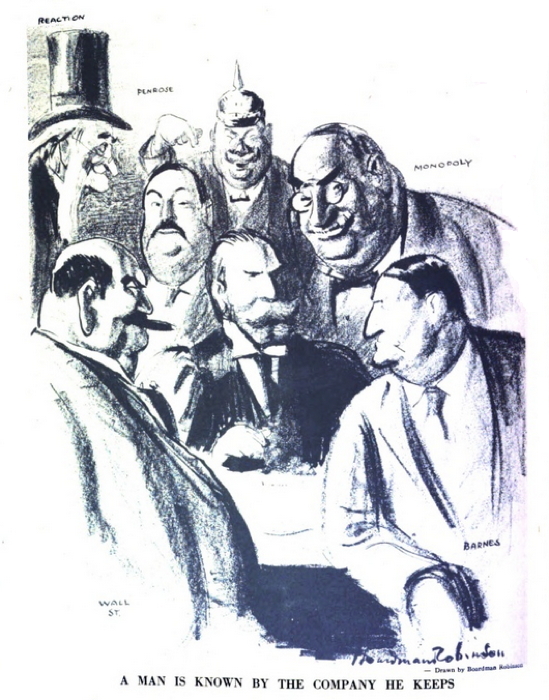
Puck, New York, 30 September 1916
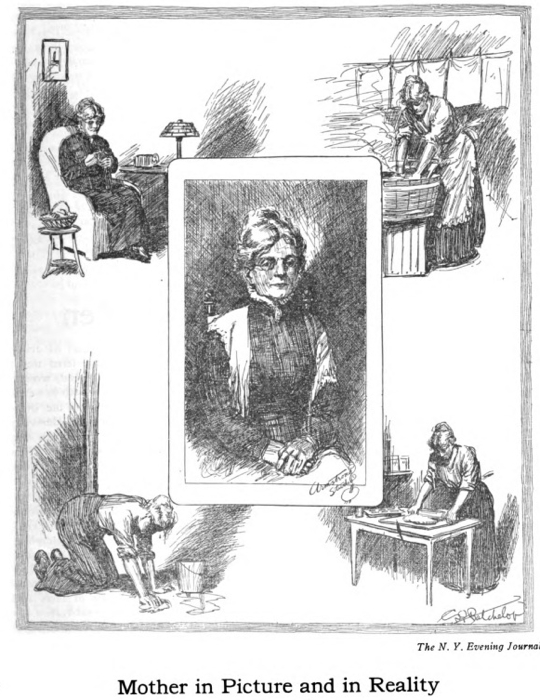
The Woman Voter, New York, January 1917

Puck, New York, 5 July 1917
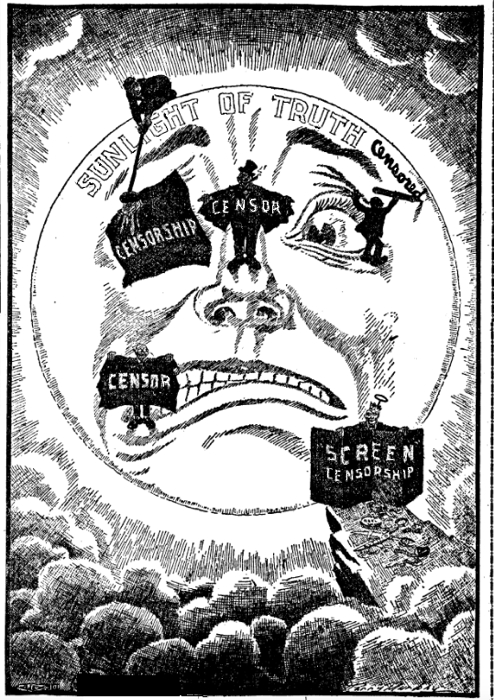
American Socialist, Chicago, 21 July 1917

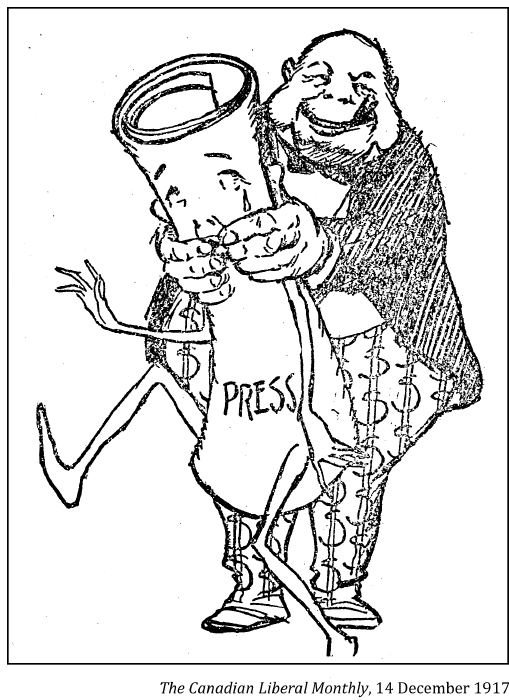
"Most papers in Canada had been started by political parties, or been financed by them."
Peter Stursberg
"The press is the hired agent of a moneyed system, and set up for no other purpose than to tell lies where the interests are involved."
Henry Brooks Adams

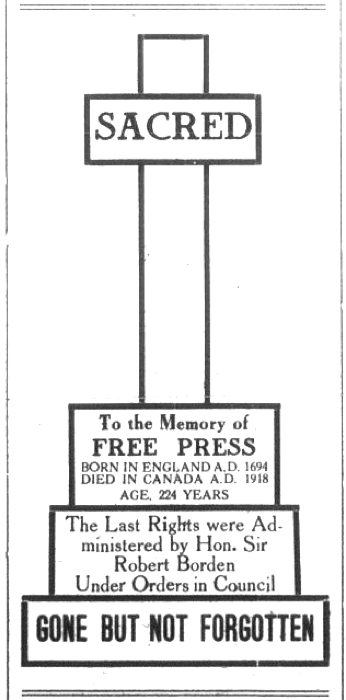
The Canadian Forward, Toronto, 24 March 1918
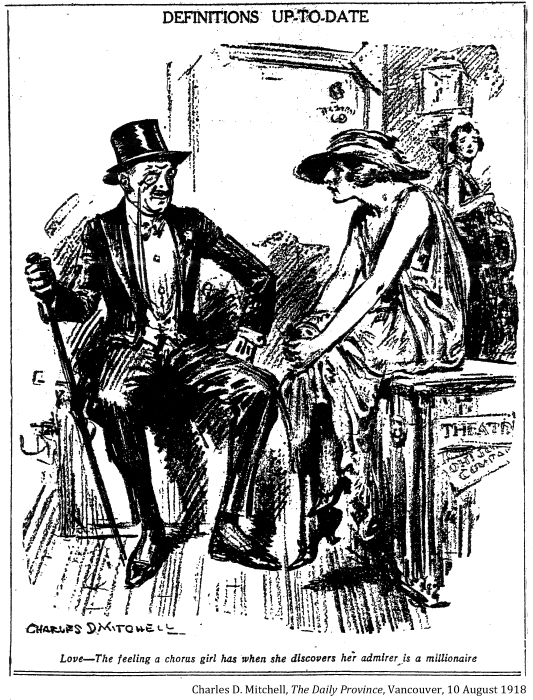

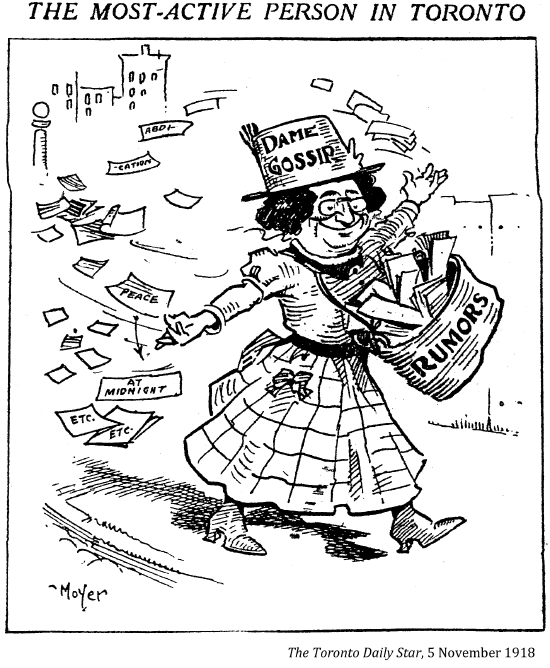
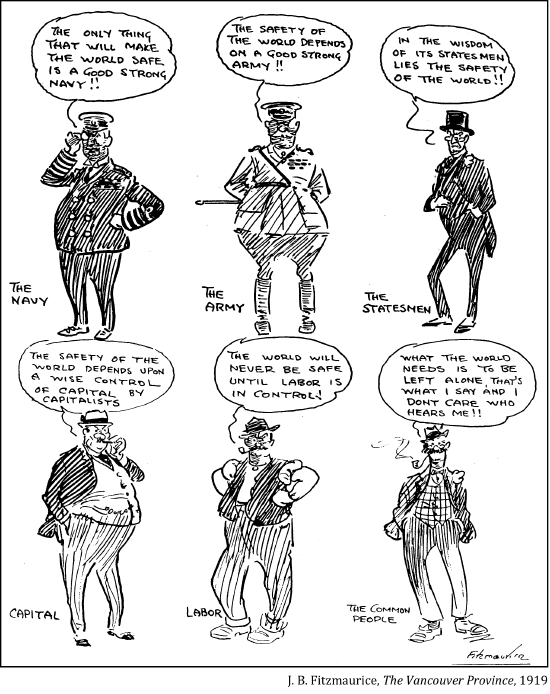
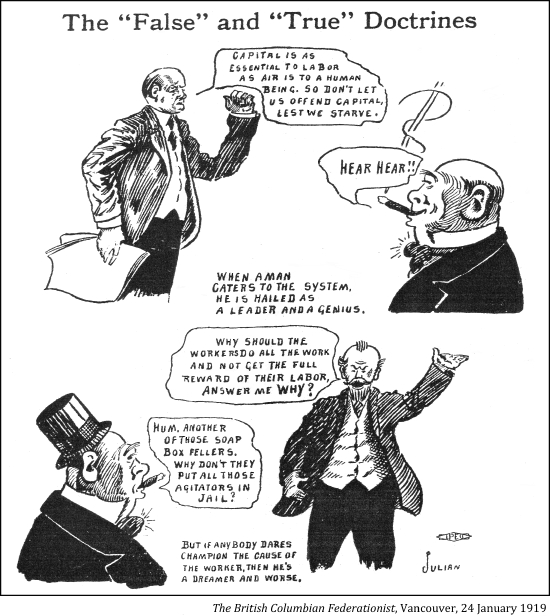
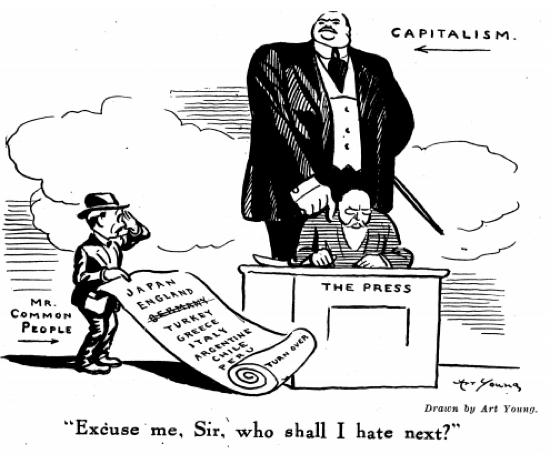
Who shall I hate next? The Liberator, Arthur Young, 1 May 1919, Public domain, Wikimedia Commons

15 July 1919
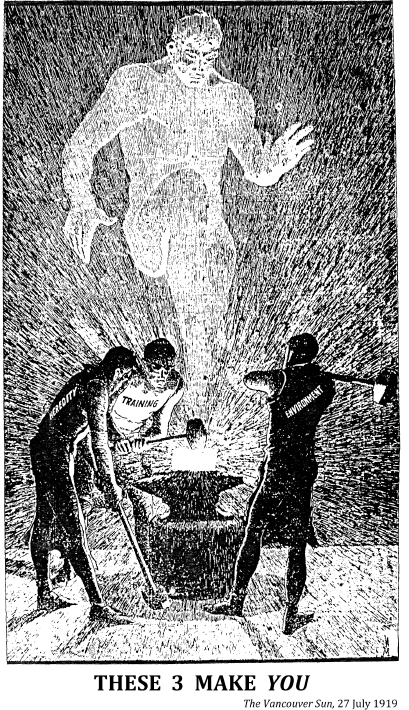
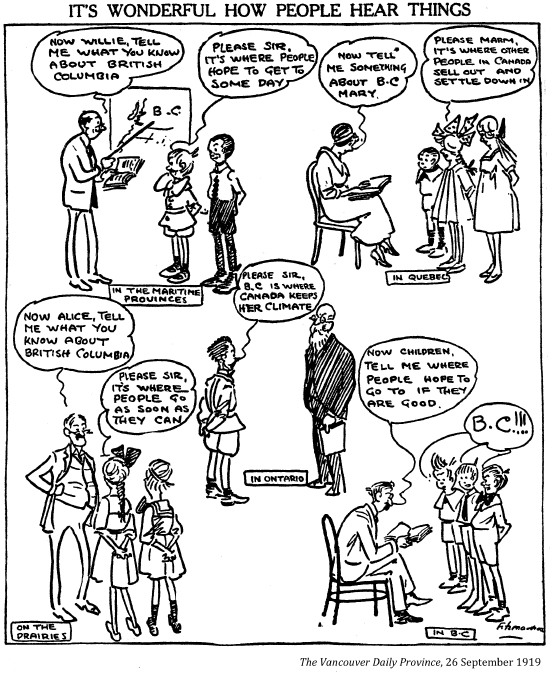
"No man is free of his own history."
Anita Brookner, Latecomers
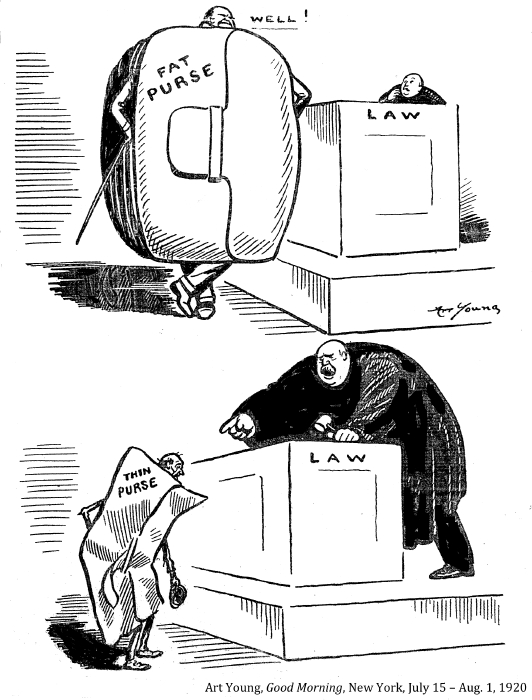
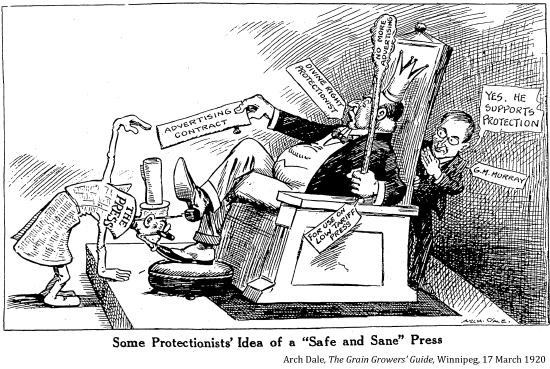
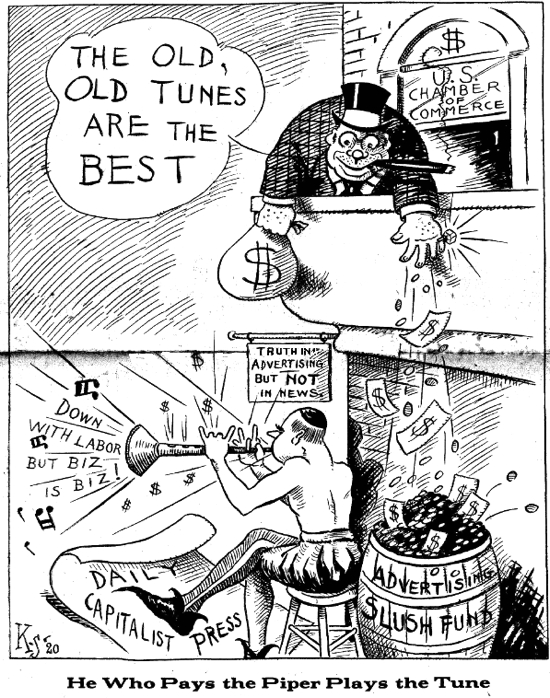
The Toiler, Cleveland, 16 July 1920
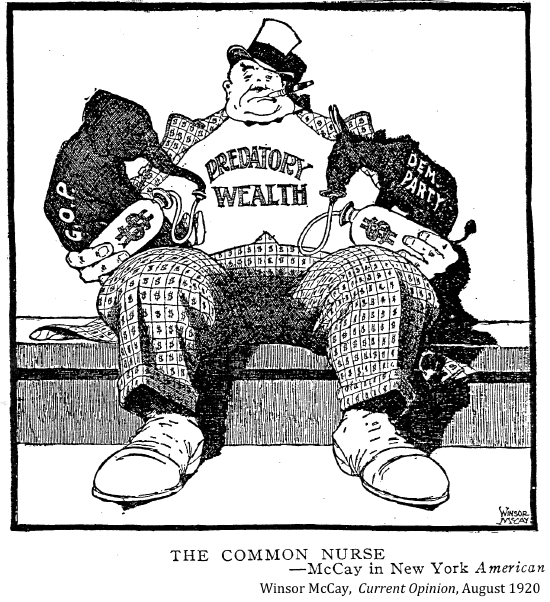
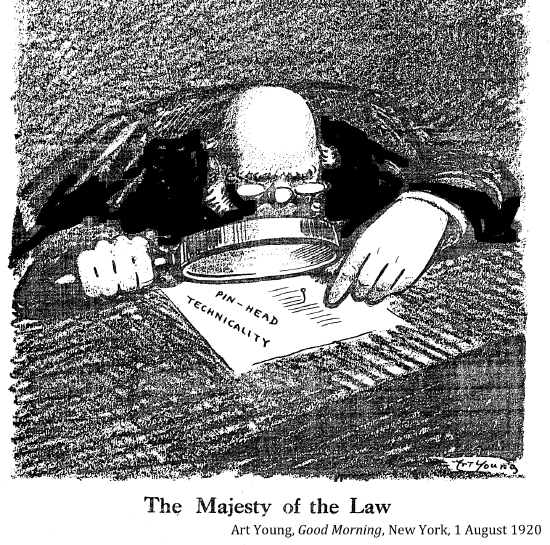
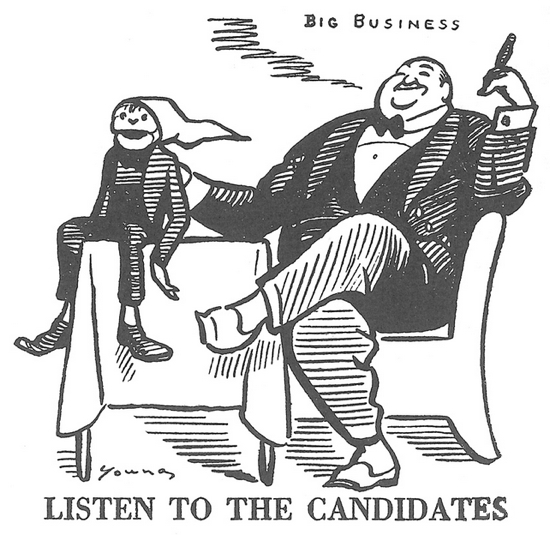
Art Young, Good Morning, New York, October 1920
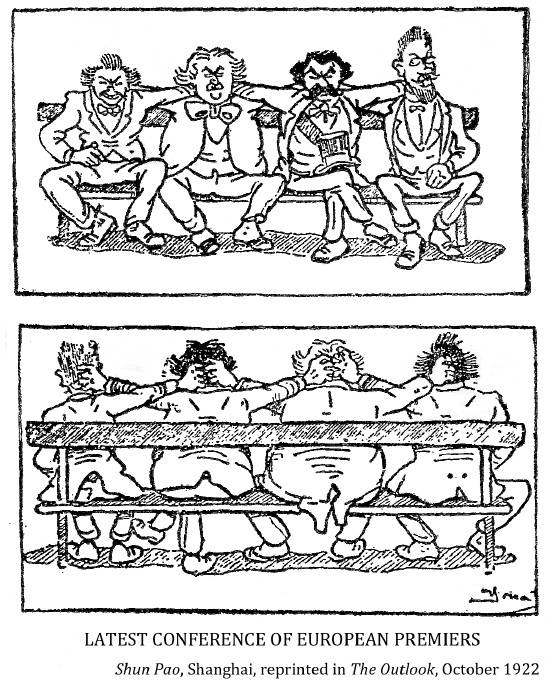
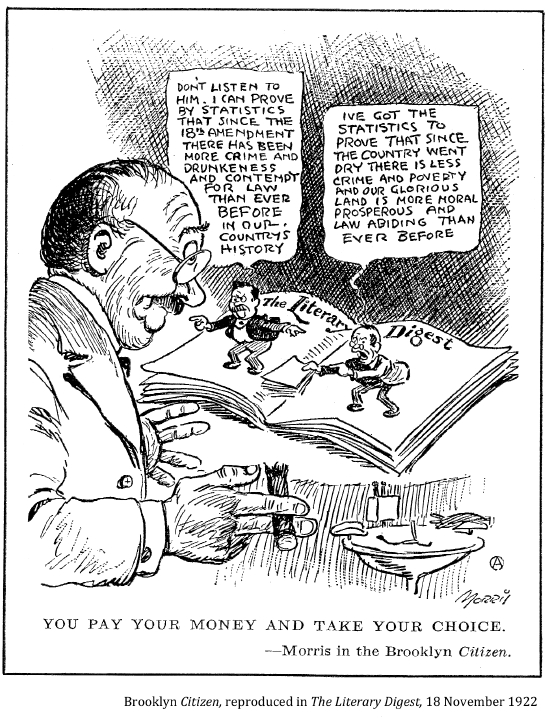
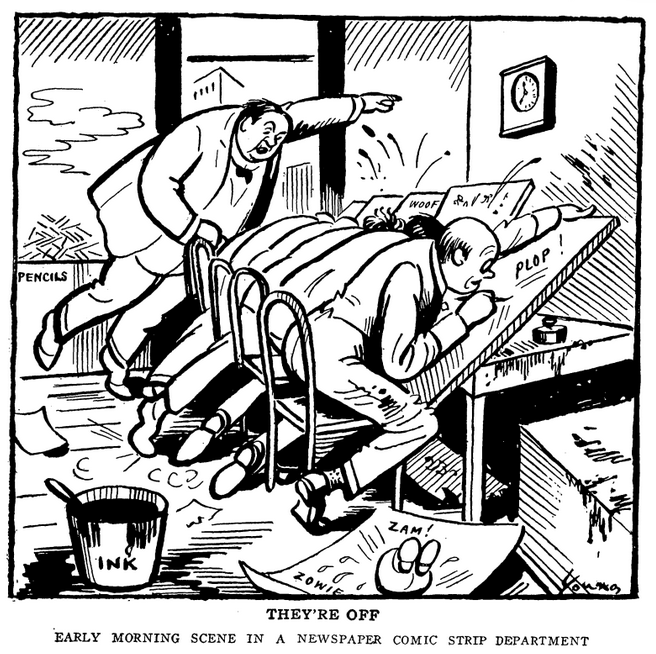
Art Young, Life, New York, 22 November 1923
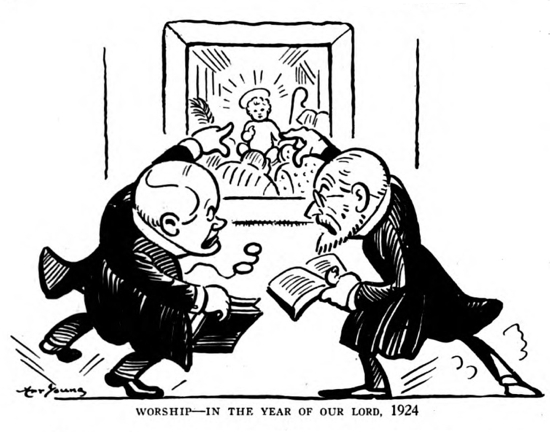
Art Young, Life, New York, 17 January 1924
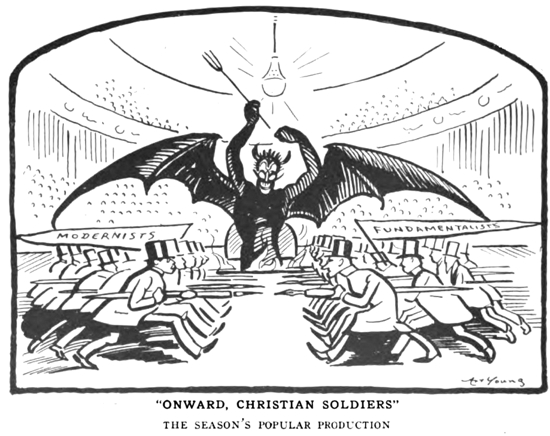
Art Young, Life, New York, 31 January 1924
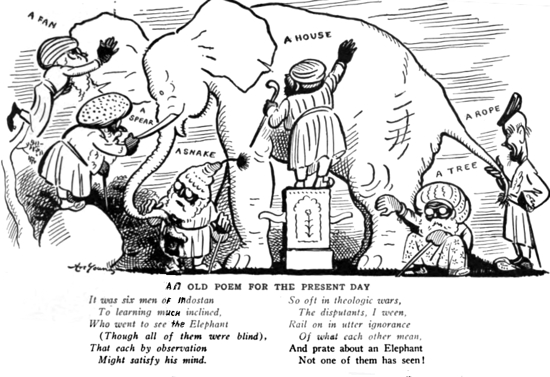
John Geoffrey Saxe, The Blind Men and the Elephant
Art Young, Life, New York, 28 February 1924
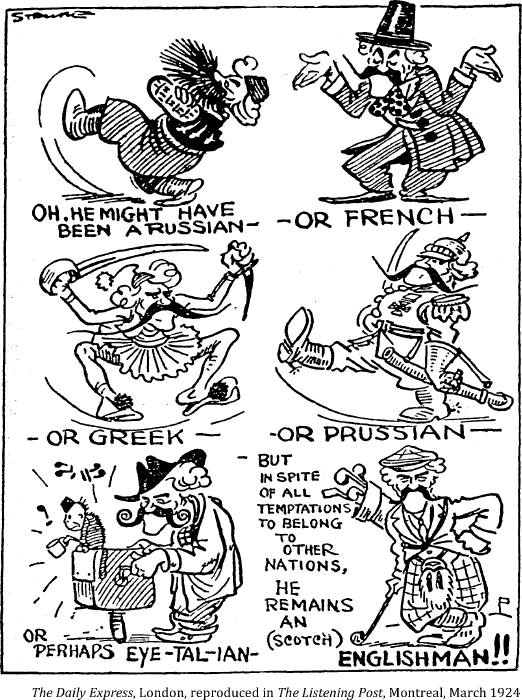
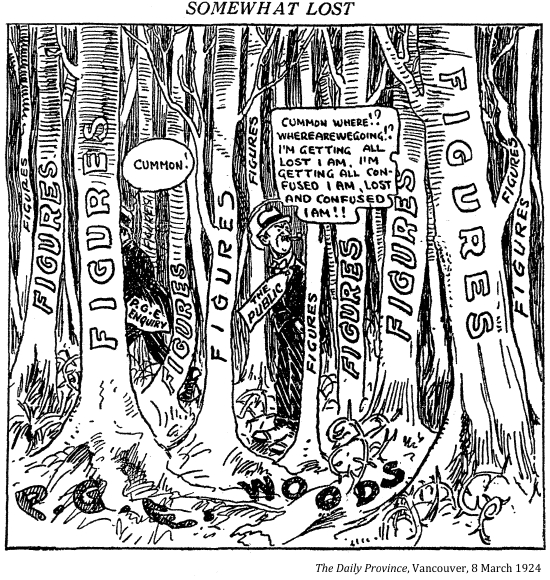
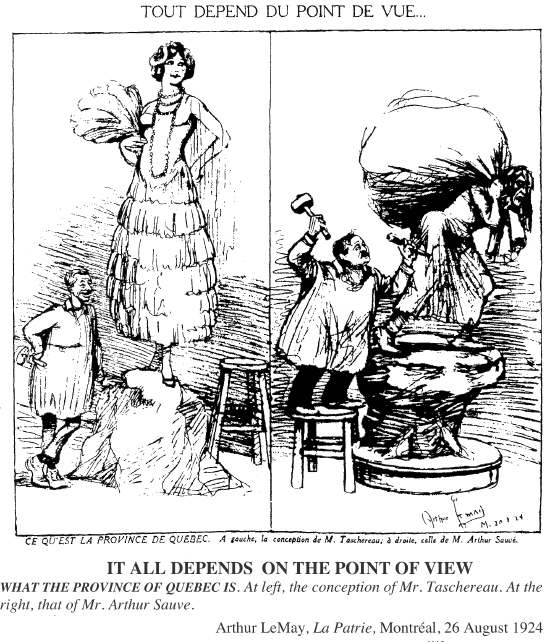
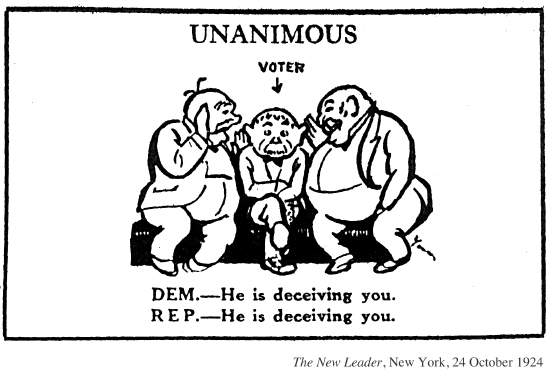
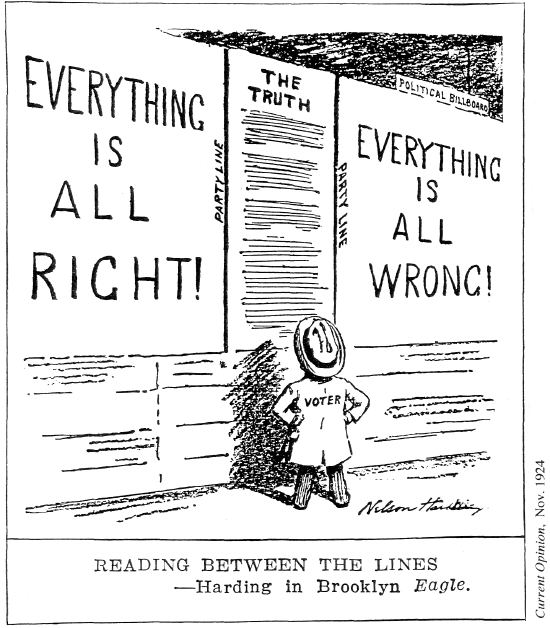
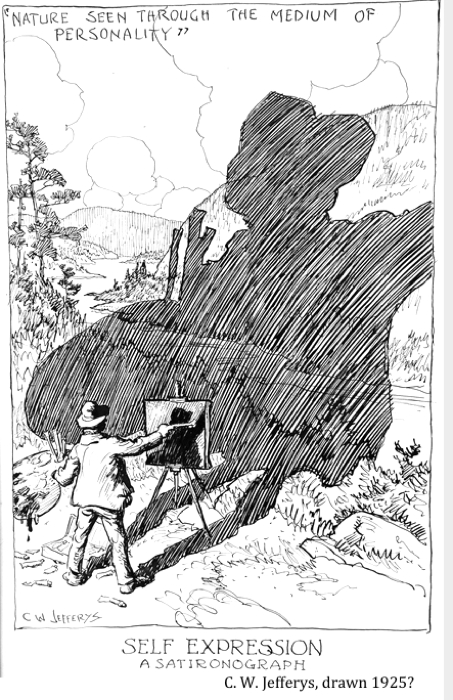
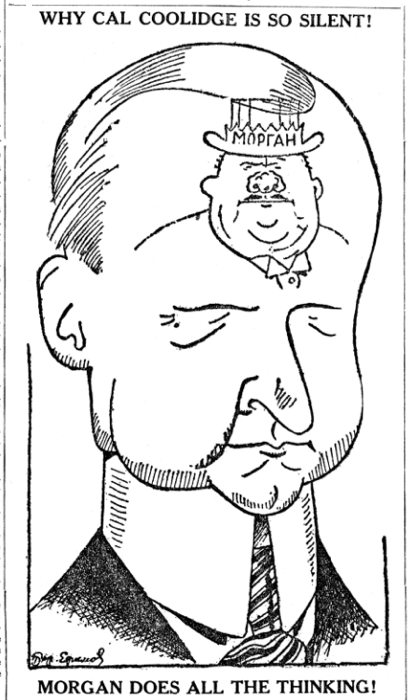
The Young Worker, Chicago, 19 April 1925
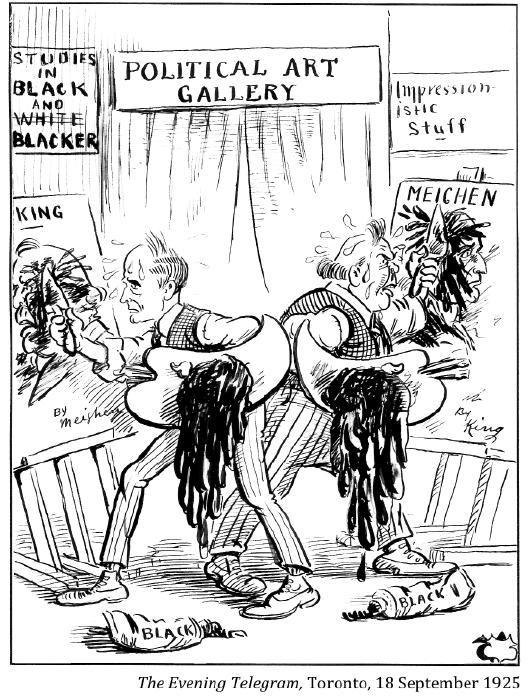
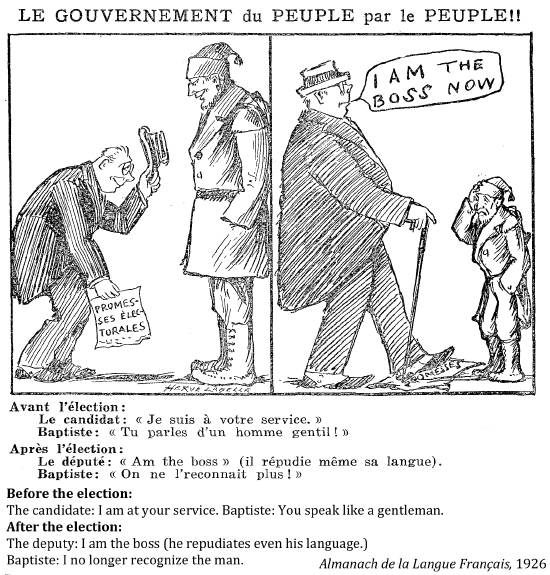
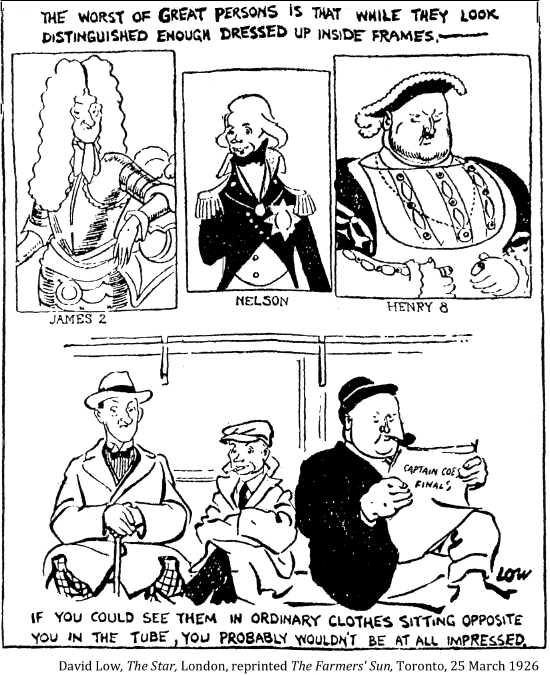
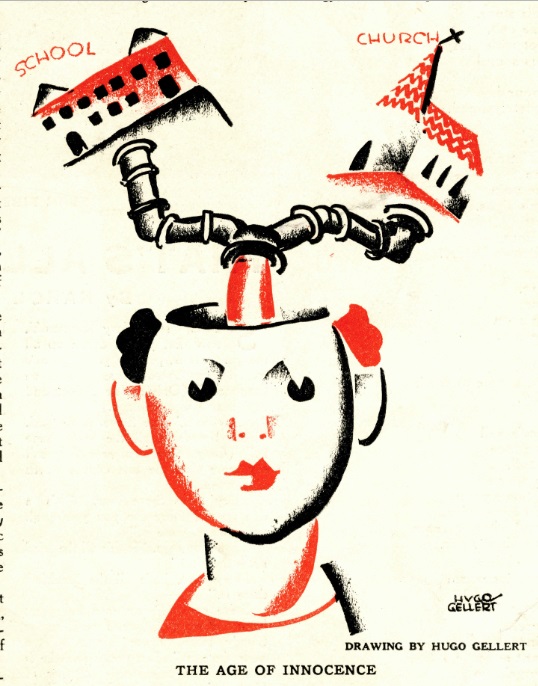
Hugo Gellert, New Masses, New York, May 1926
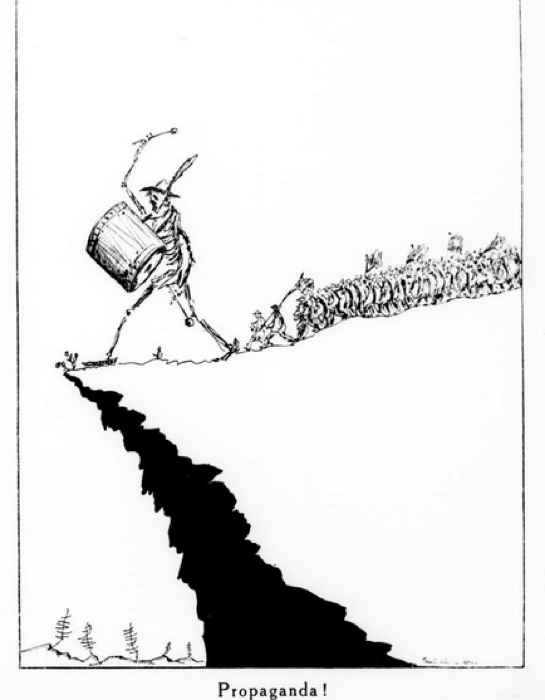
The Nation, New York, 14 July 1926

K. A. Suvanto, The Daily Worker, 10 September 1926
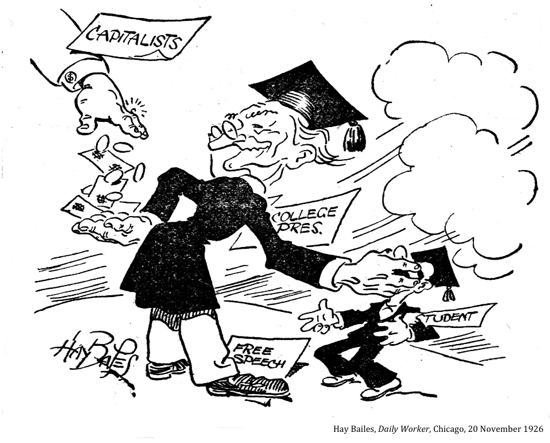
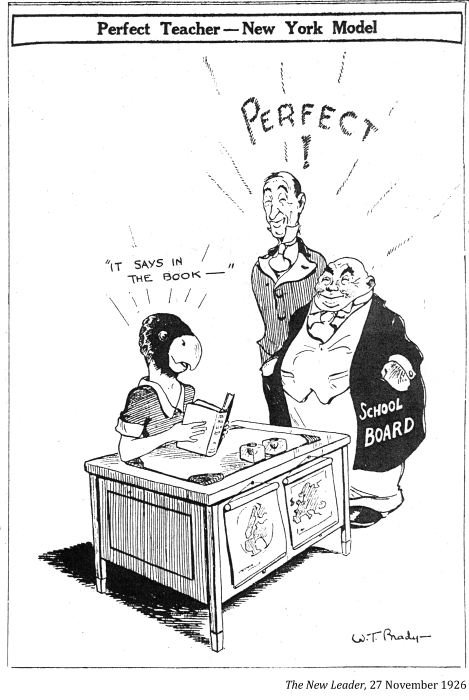
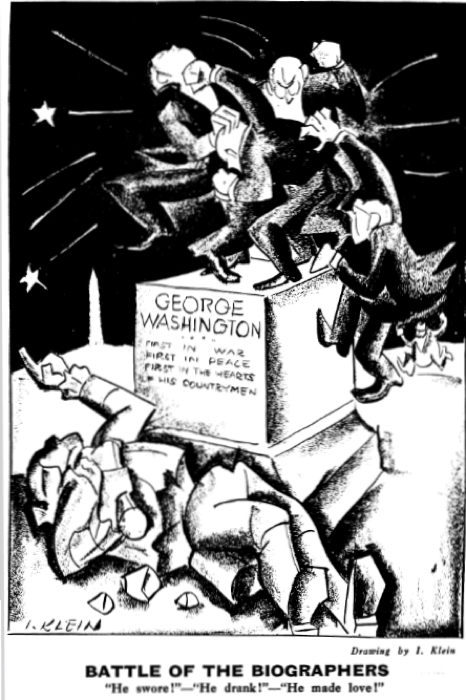
I. Klein, New Masses, New York, February 1927
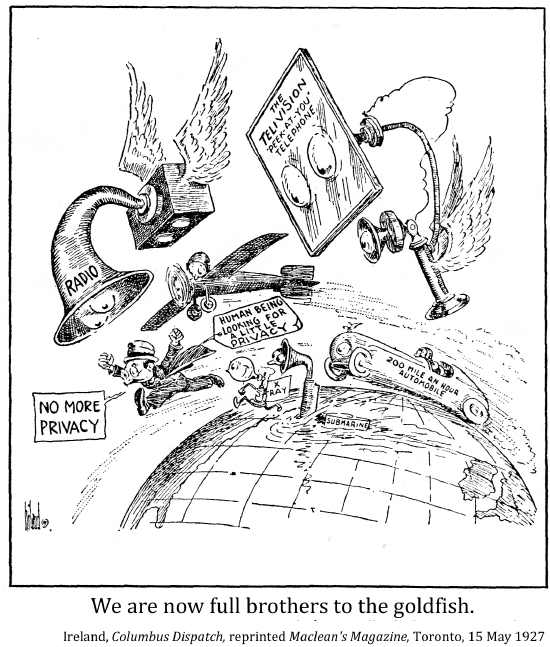
"History gets written by the winners."
Cassandra Clare, City of Lost Souls
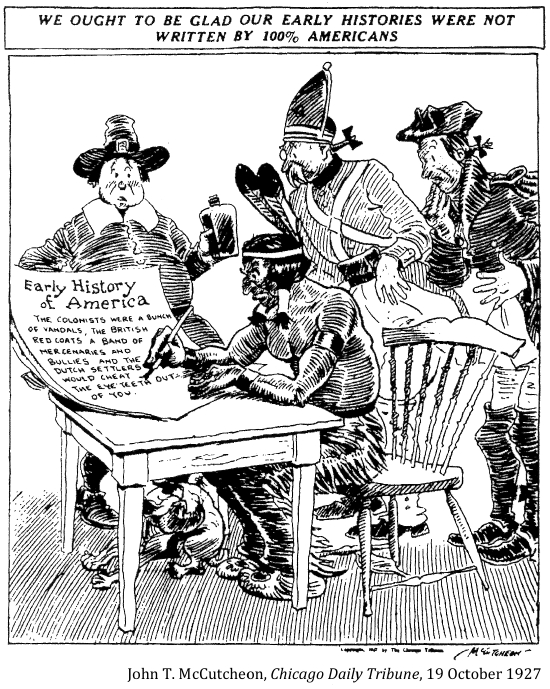
"It is the victors who write history. . . Victors often do write the histories and for some time they can even control the narrative, but sooner or later professional historians will begin poking holes in their story."
Tomek Jankowski
"Until the lions have their own historians, the history of the hunt will always glorify the hunter."
Chinua Achebe
"Perspectives do not simply change; we recognize today that some perspectives (womens) were entirely left out of earlier histories."
Sara Carter, Ours By Every Law of Right and Justice Women and the Vote in the Prairie Provinces
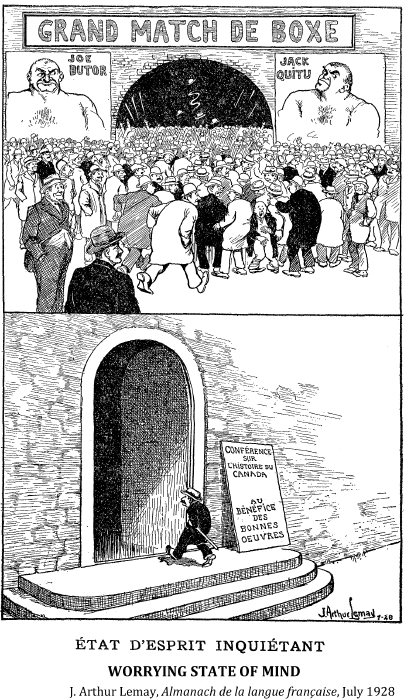
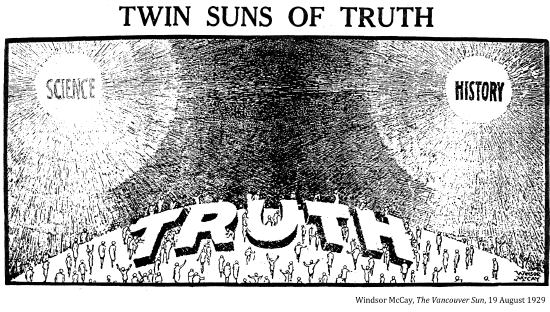
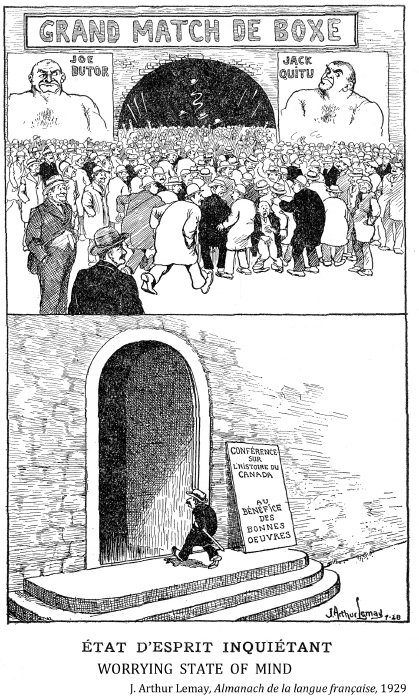
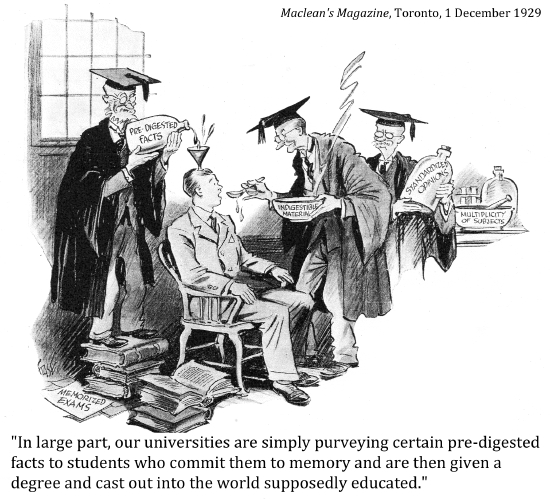
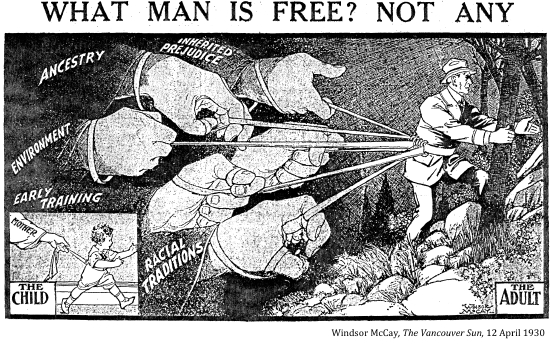
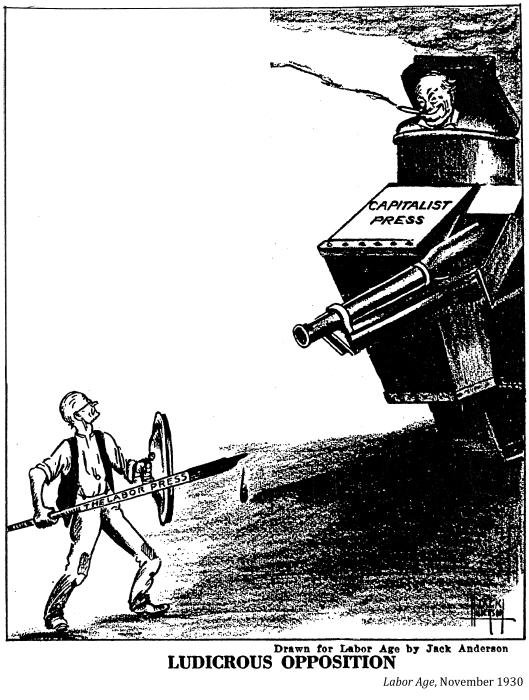

"The soul and culture of a nation can be detected in the quality of its popular heroes."
Abbé Groulx
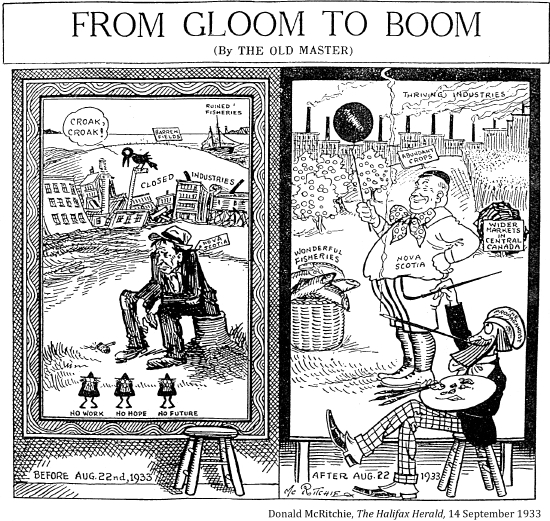
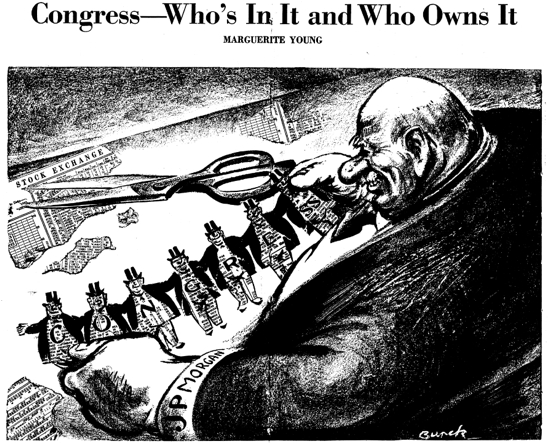
New Masses, New York, 2 Jan 1934
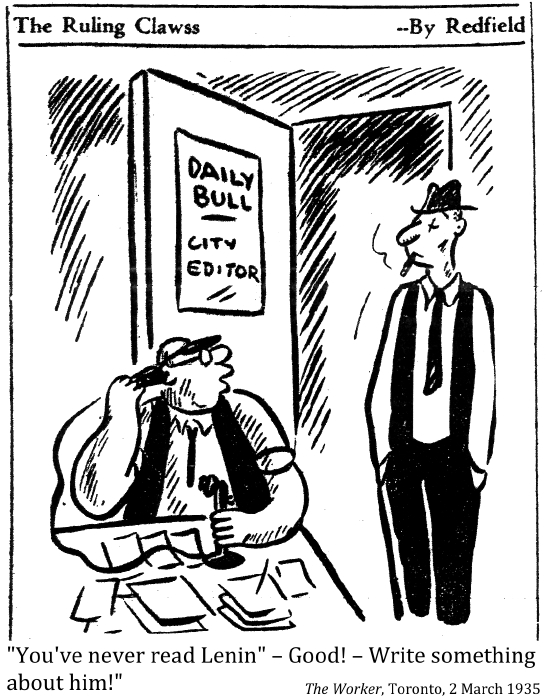
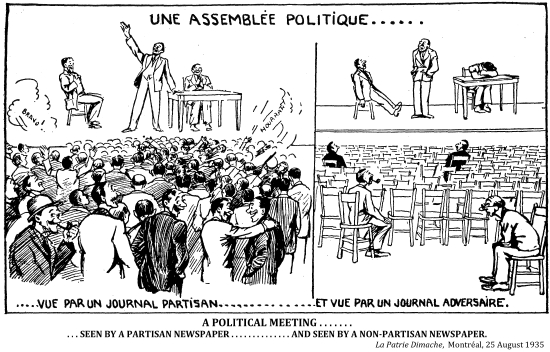
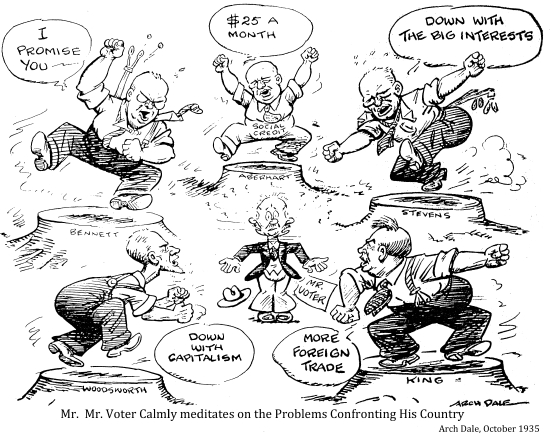
"You've heard politics described as the art of the possible. Well, the impossible is involved––because you've got to get elected to practice the art of the possible and in order to get elected, you've got to promise the impossible."
Benny Nicholas
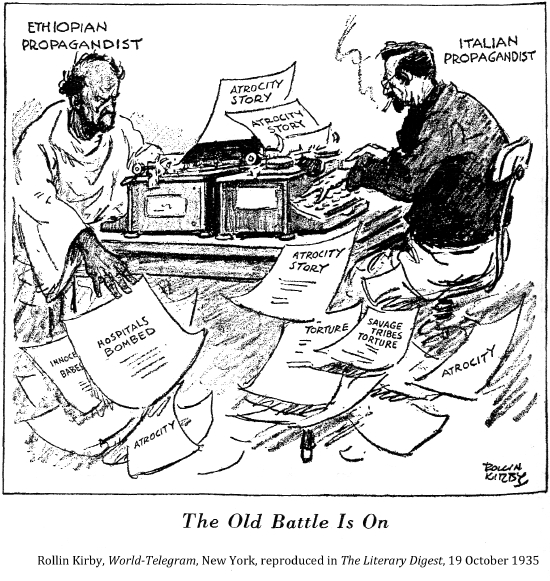
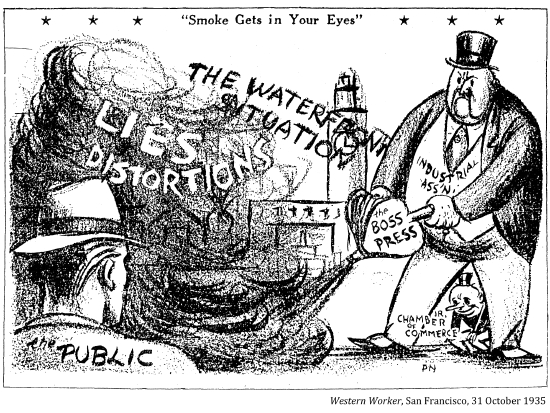
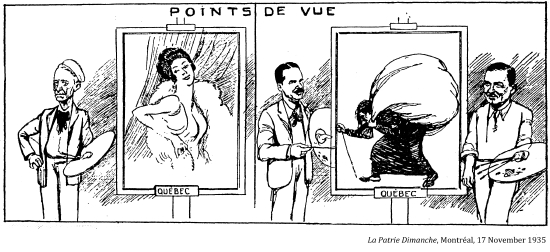
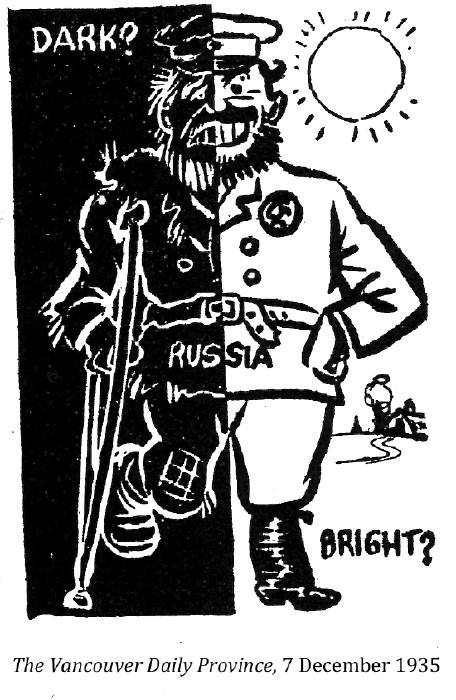
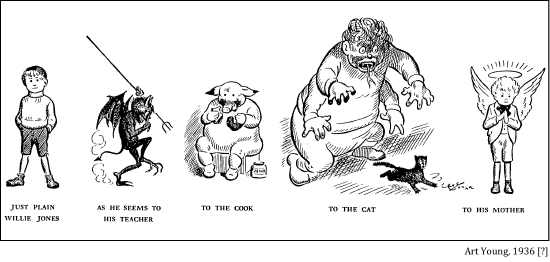
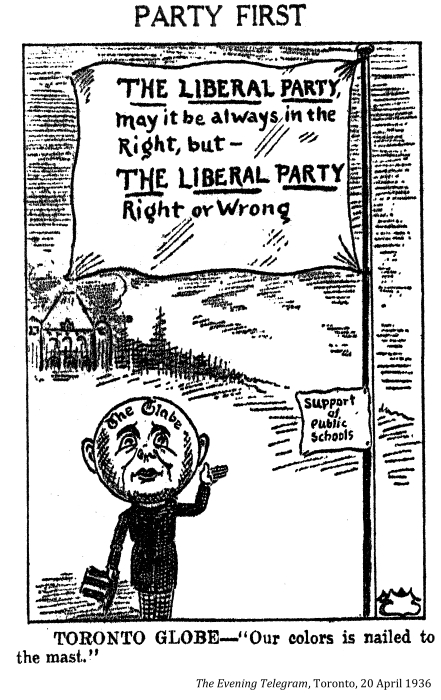
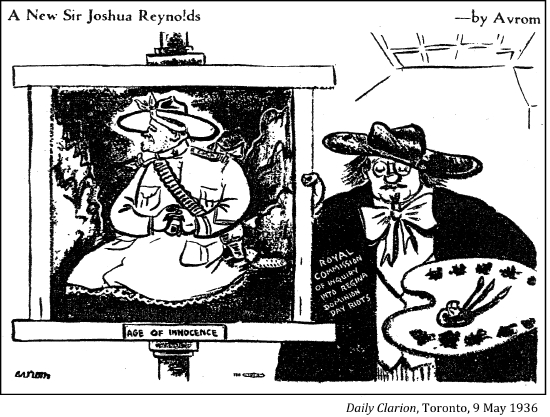
"Most of us think that history is the past. It's not. History is the story we tell about the past."
Thomas King, The Inconvenient Indian
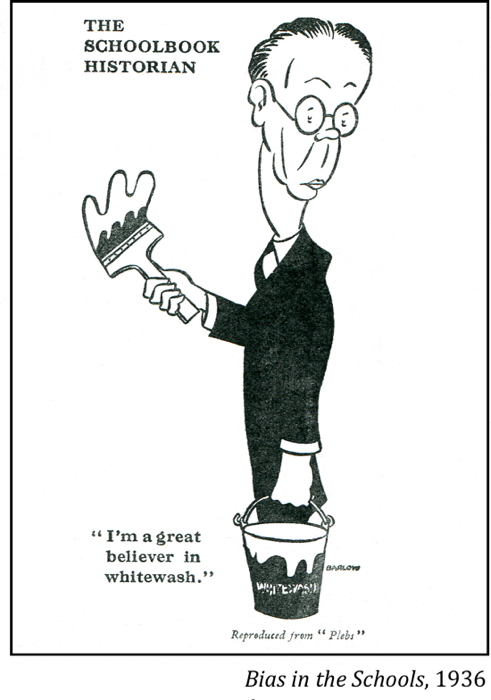
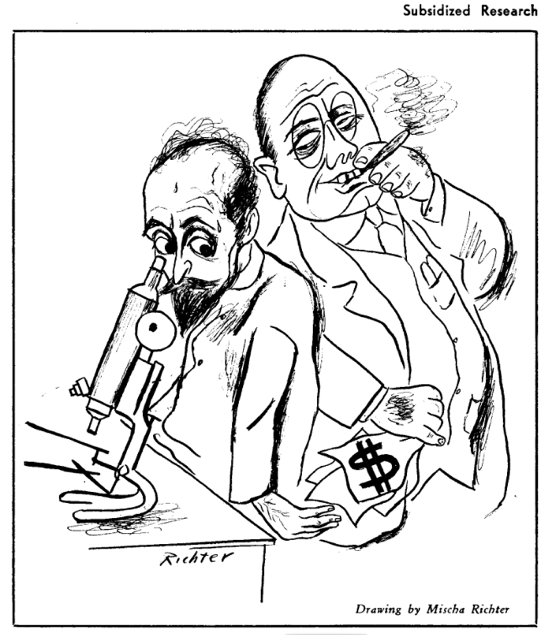
Mische Richter, Health and Hygiene, NY, July 1937
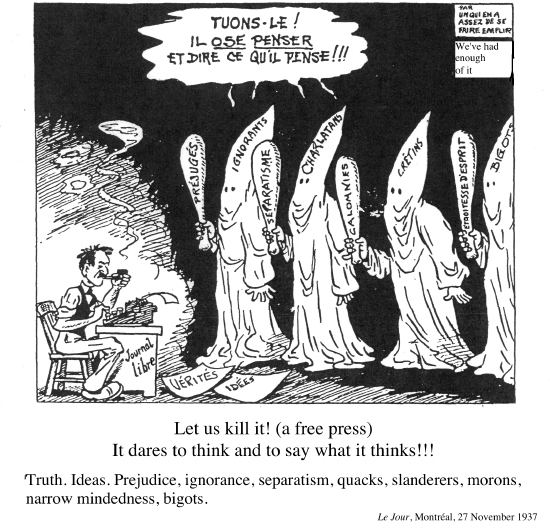
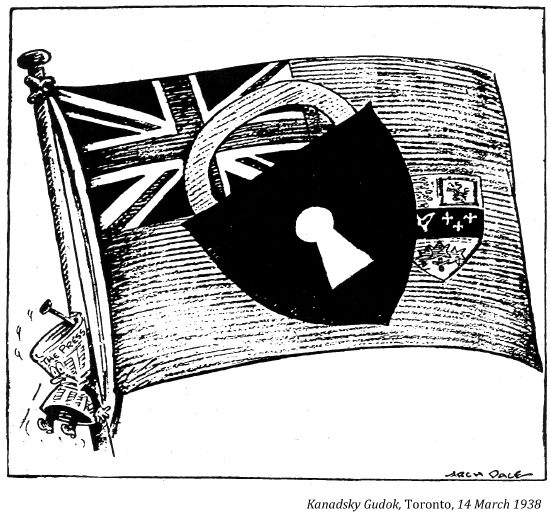
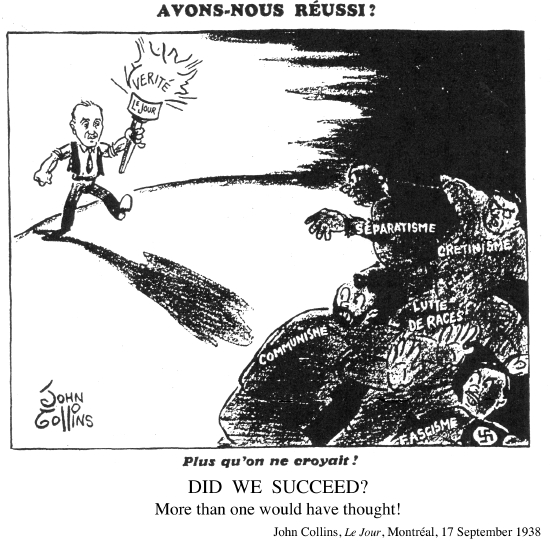
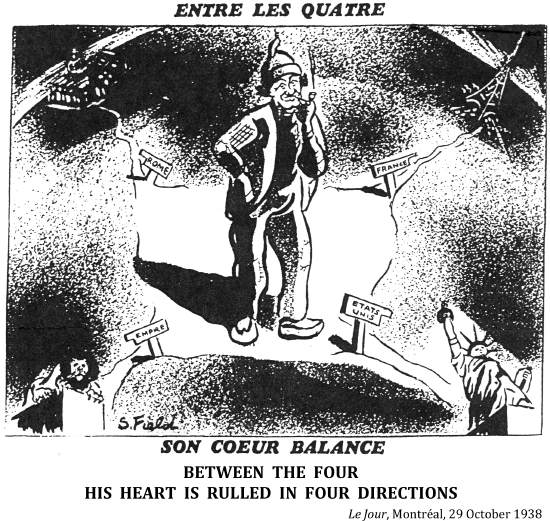
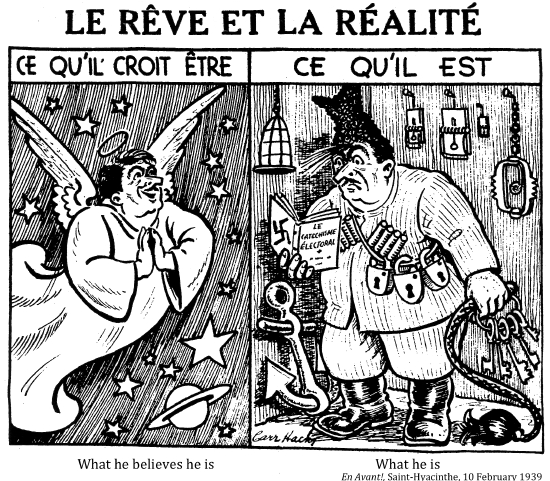
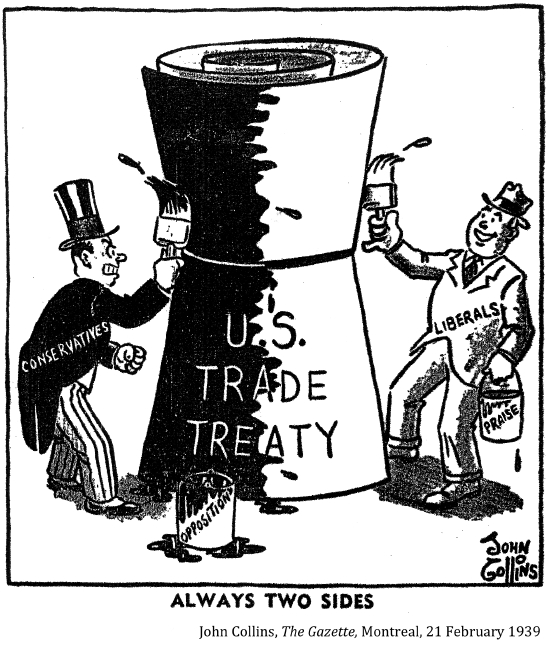
"I know that truth is one of the first victims of war."
J. S. Woodsworth, 1939
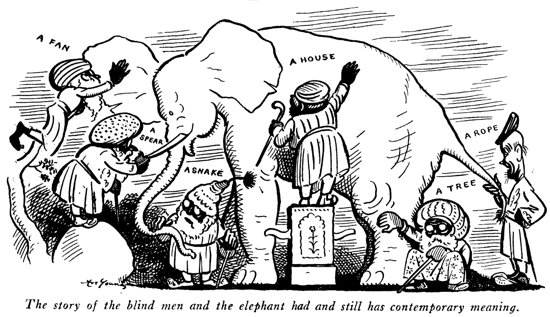
Art Young, New Masses, New York, 11 April 1939
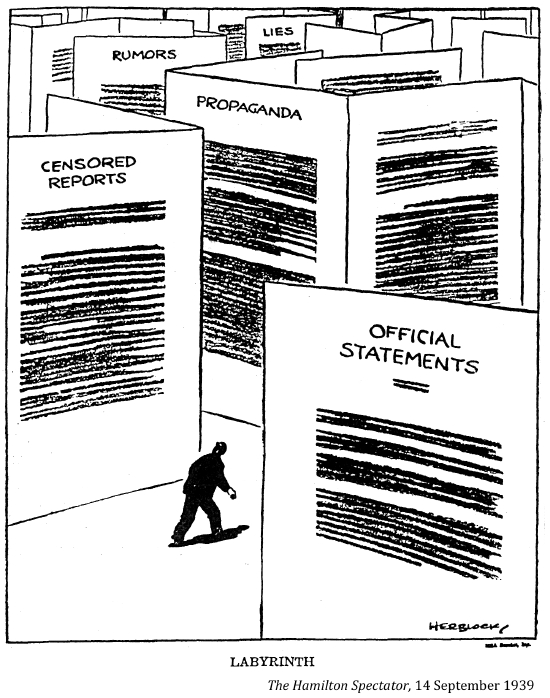
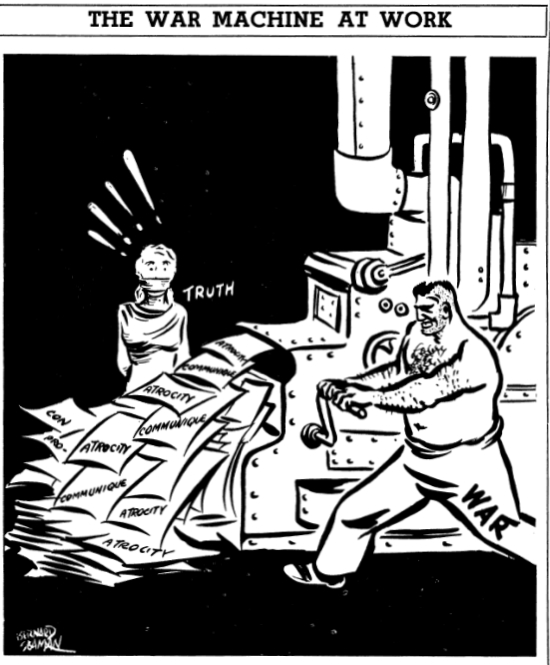
Workers Age, NY, 14 October 1939
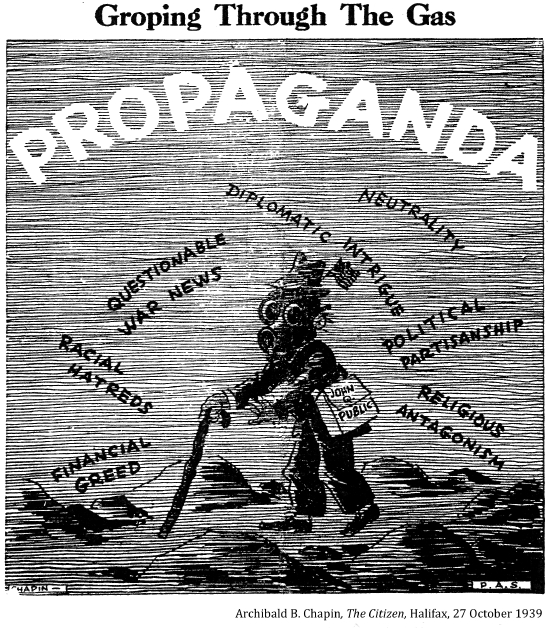
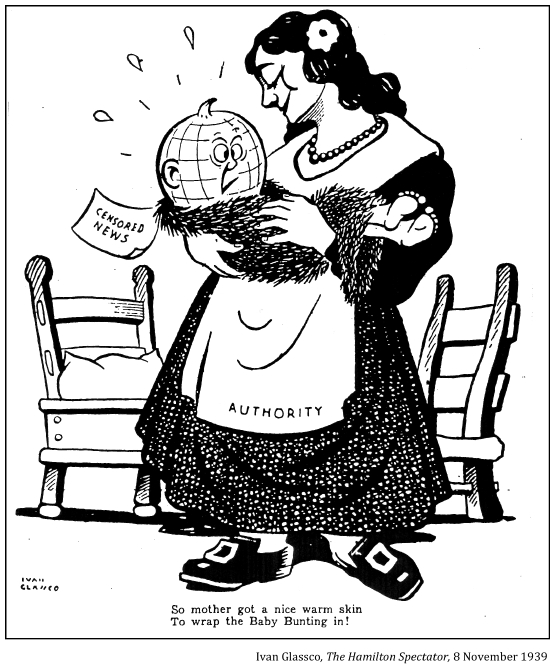
“In the big lie there is always a certain force of credibility because . . . in the primitive simplicity of their minds (the great masses) more readily fall victims to the big lie than the small lie, since they themselves often tell small lies in little matters but would be ashamed to resort to large-scale falsehoods. It would never come into their heads to fabricate colossal untruths, and they would not believe that others could have the impudence to distort the truth so infamously. Even though the facts which prove this to be so may be brought clearly to their minds, they will still doubt and waver and will continue to think that there may be some other explanation.”
Adolf Hitler, Mein Kampf
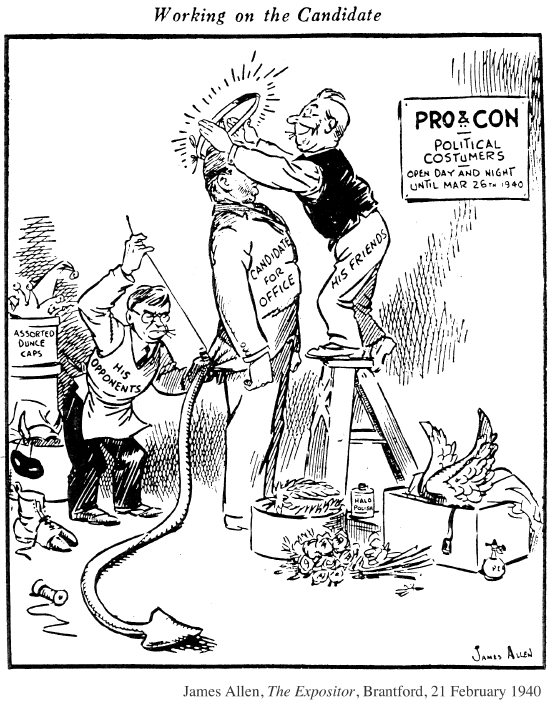
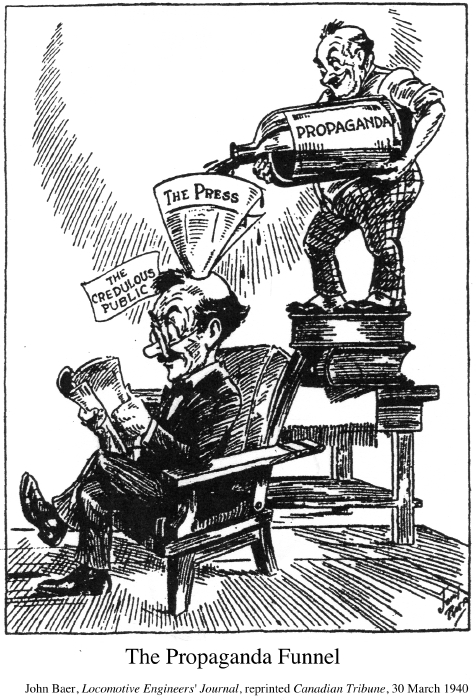
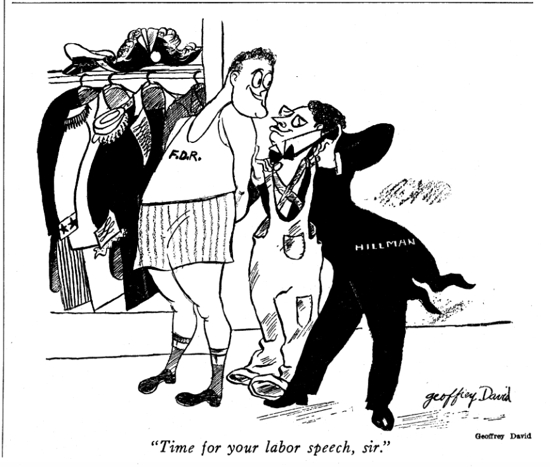
New Masses, New York, 24 Sept 1940
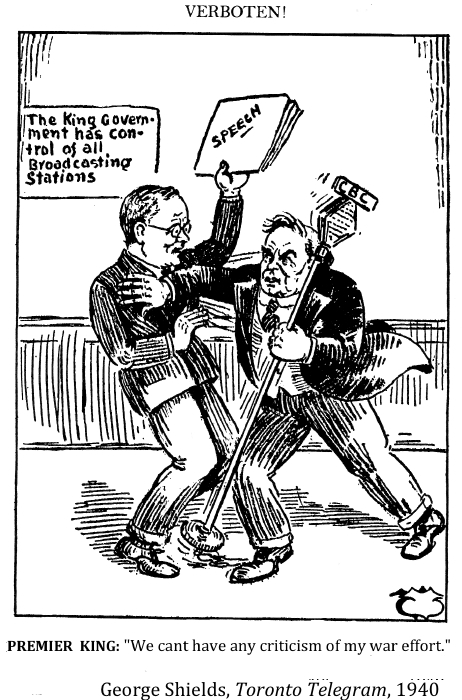
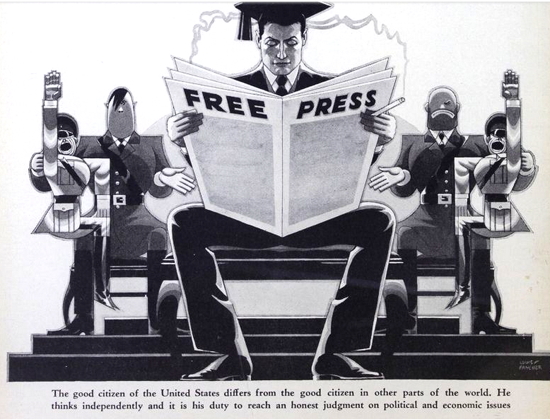
Nation's Business, Washington, D.C., March 1941
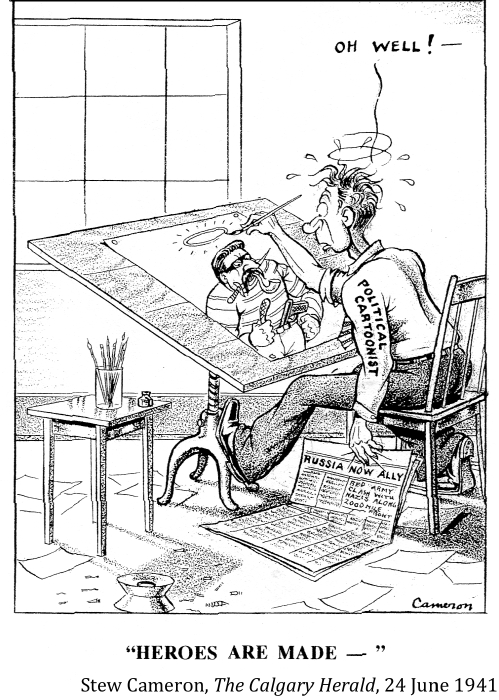
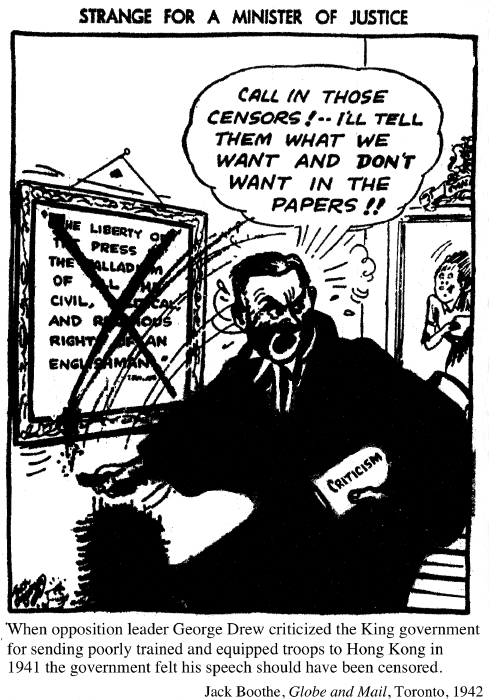
.jpg)
The United States News, 2 January 1942
.jpg)
The United States News, 2 January 1942
.jpg)
The United States News, 2 January 1942
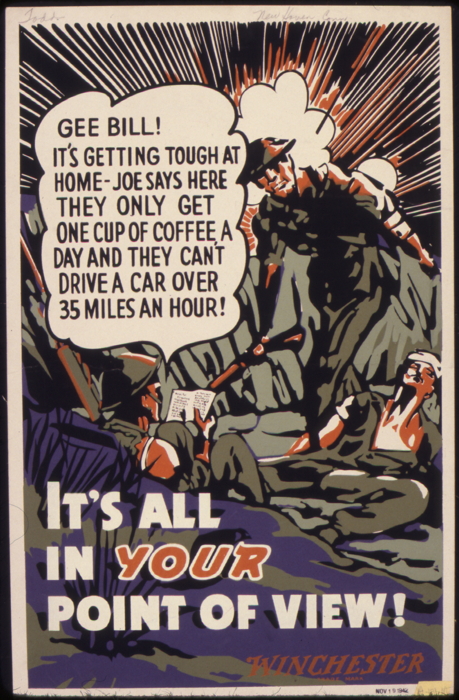
Office for Emergency Management. War Production Board, National Archives at College Park, 1942-43, Public domain, via Wikimedia Commons
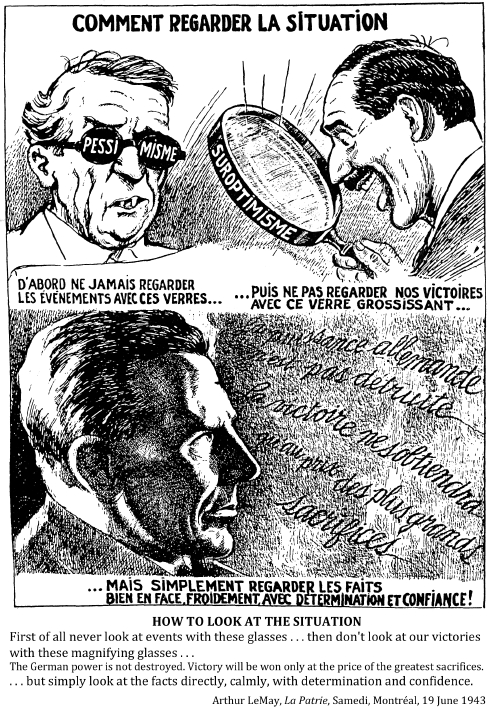
Big Lie Technique
“The technique was all set out in Hitler's book [Mein Kampf]- and it was copied by the aggressors of Italy and Japan. According to that technique, you should never use a small falsehood; always a big one, for its very fantastic nature would make it more credible - if only you keep repeating it over and over and over again.”
President Franklin Roosevelt, 1944
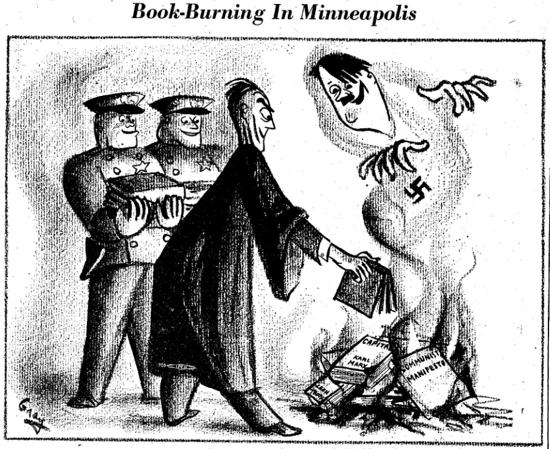
Laura Gray, The Militant, New York, 25 March 1944
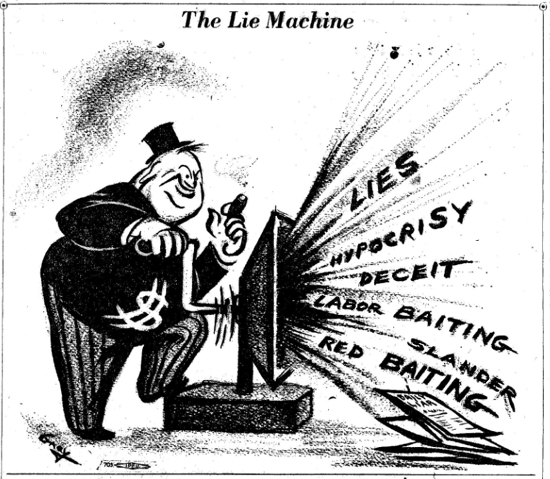
Laura Gray, The Militant, New York, 1 July 1944
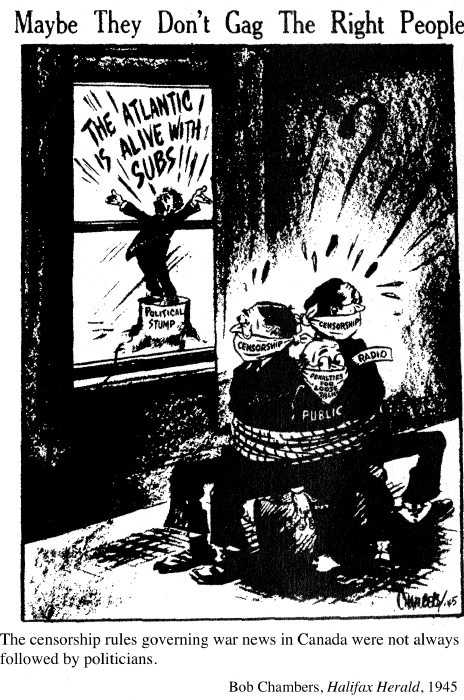
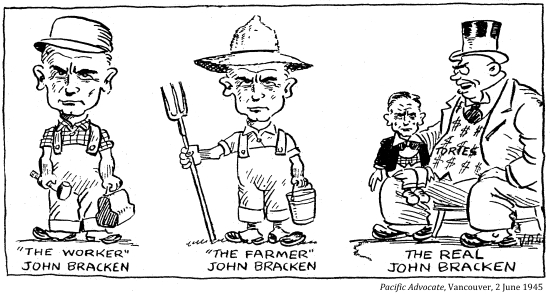
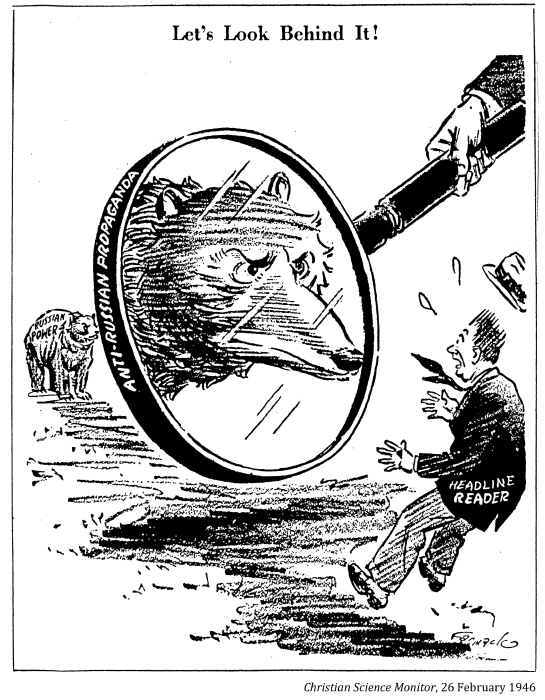
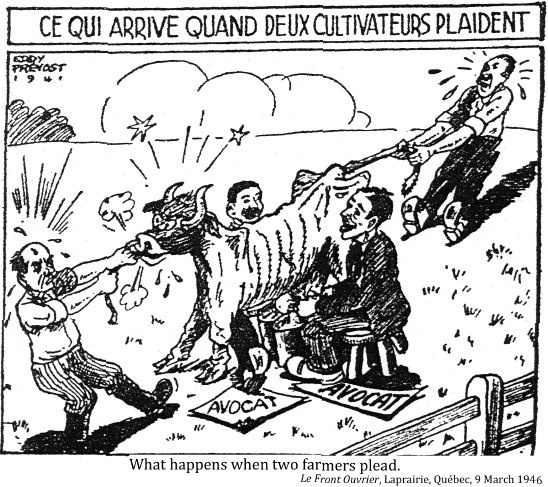
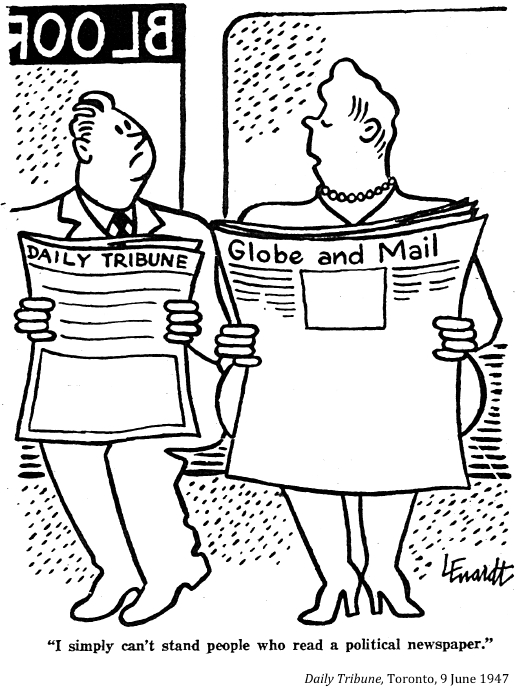
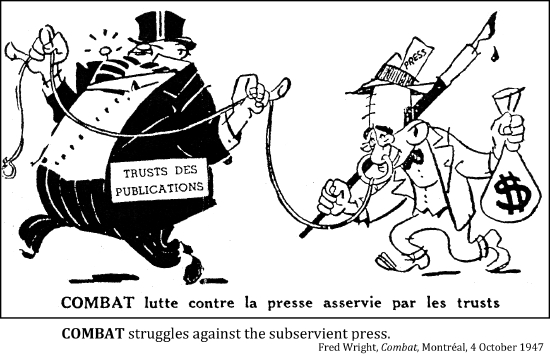
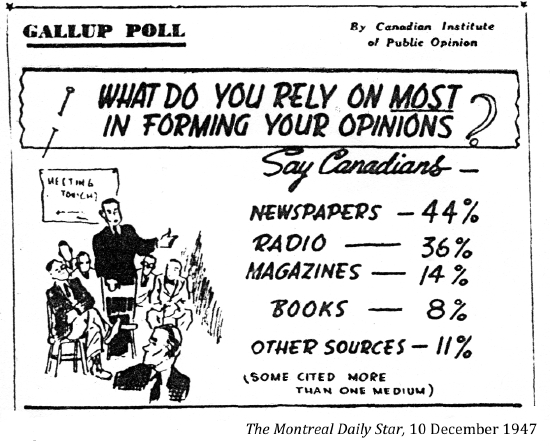

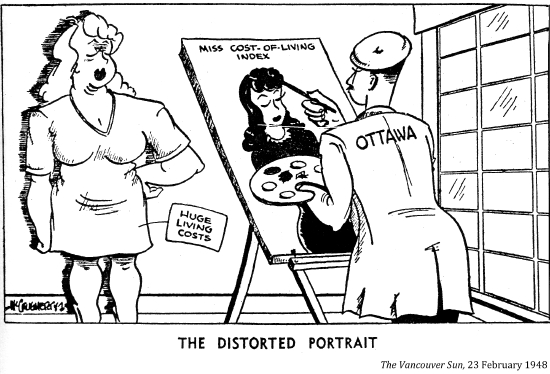
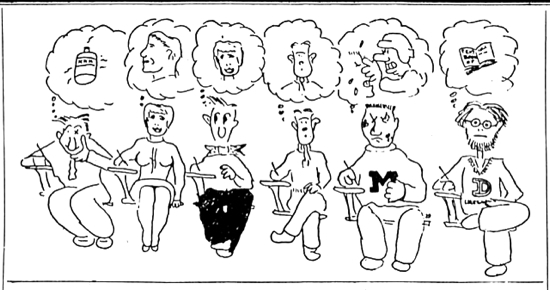
McGill Daily, Montreal, 26 Nov 1948
.jpg)
Un journal catholique dans chaque family
A Catholic newspaper in every family
La Liberté et le patriote, St. Boniface, 4 February 1949
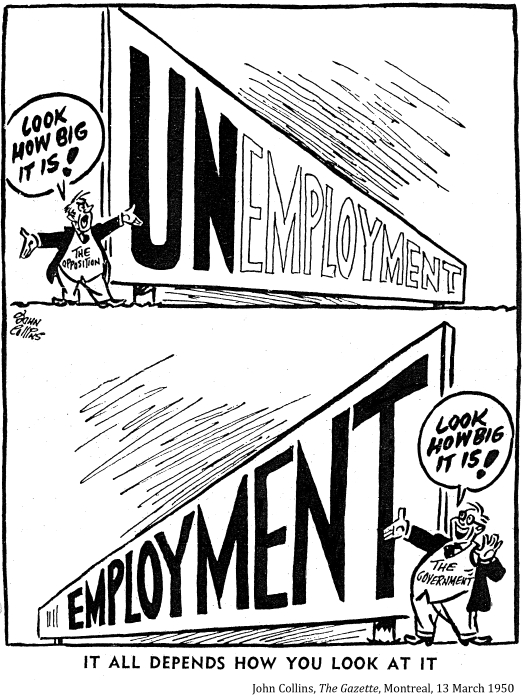
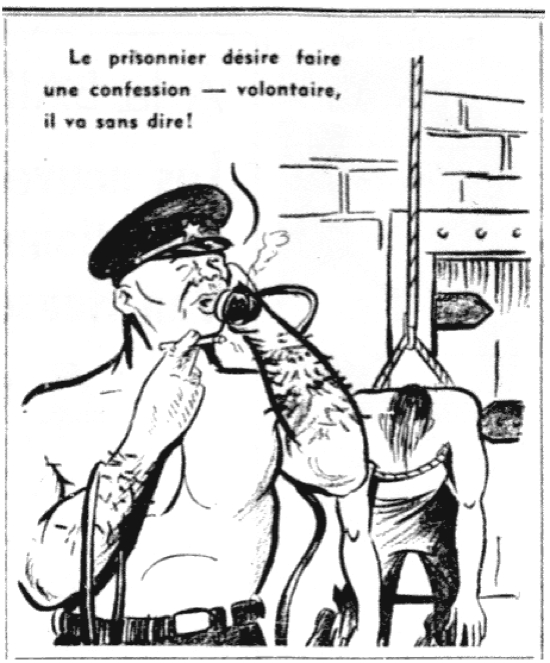
The prisoner wishes to make a confession - voluntary, it goes without saying.
La Liberté et le patriote, St. Boniface, 24 March 1950
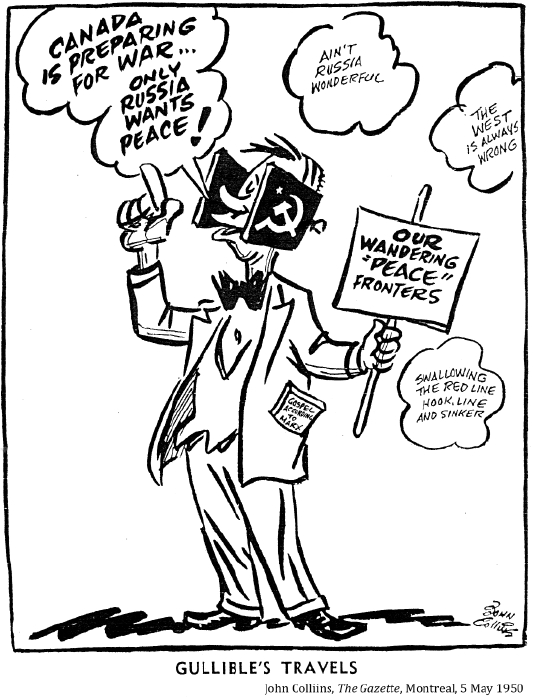
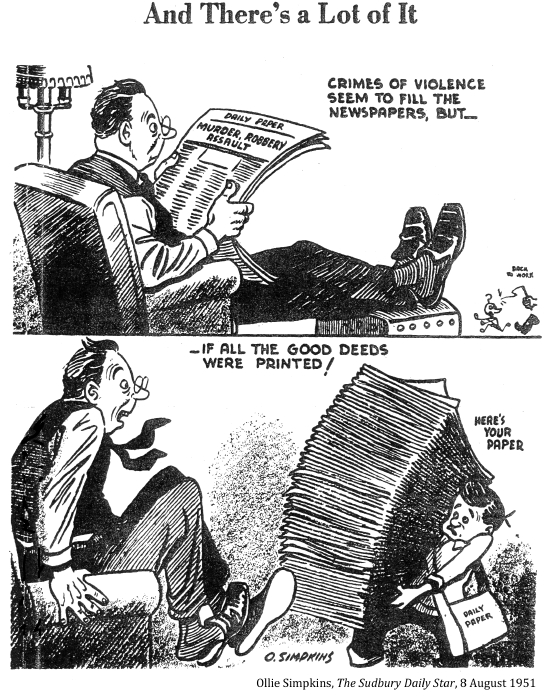
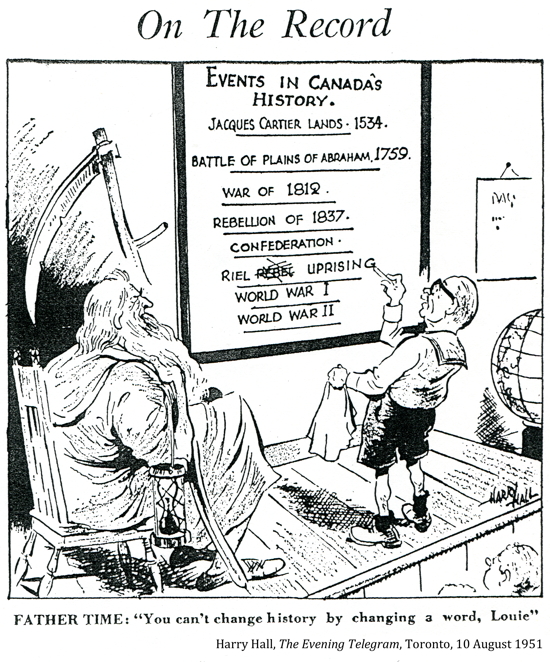
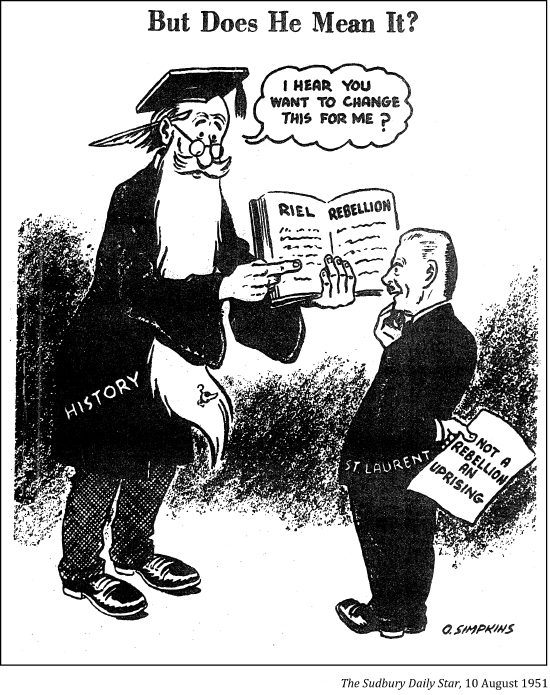
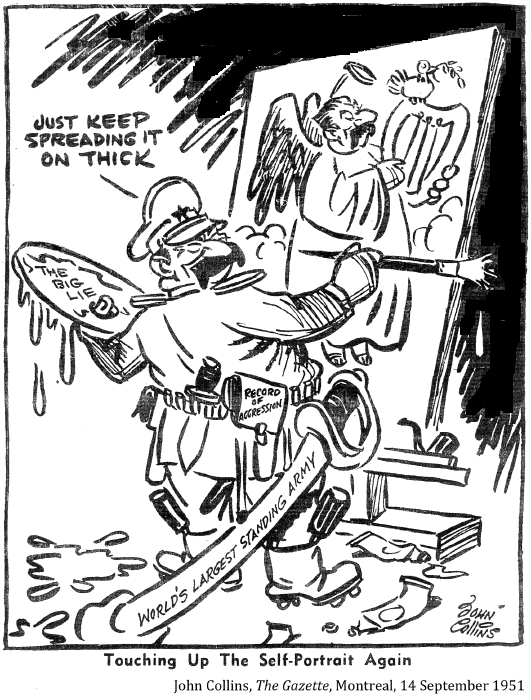
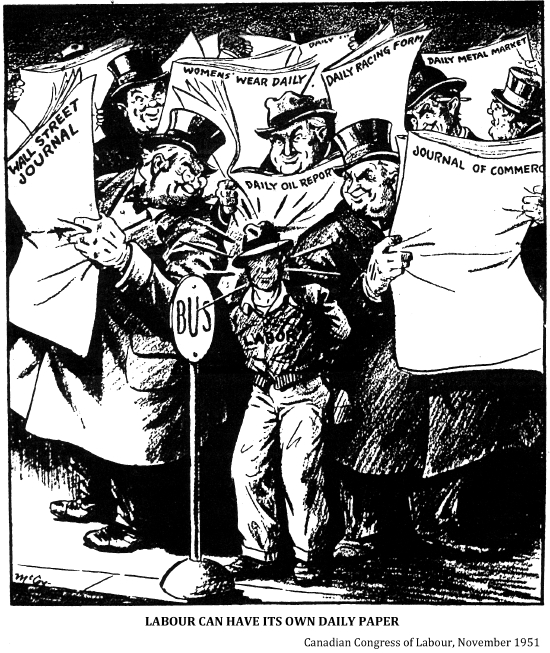
"Don't join the book burners (demands by Senator McCarthy aids that libraries purge books) Don't think you're going to conceal faults by concealing evidence that they ever existed. Don't be afraid to go in your library and read every book as long as any document does not offend our own ideas of decency. That should be the only censorship."
Dwight D. Eisenhower. 1953
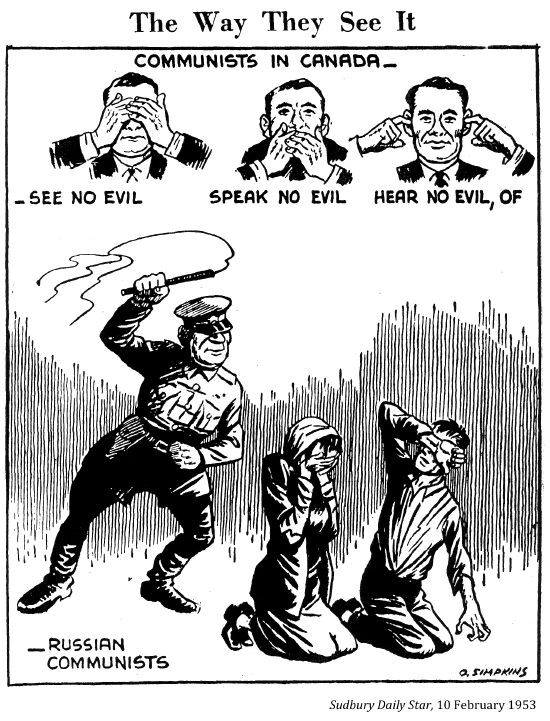
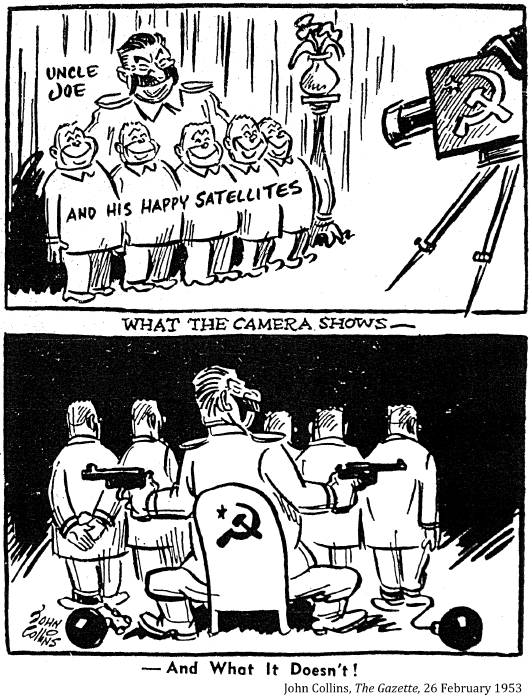
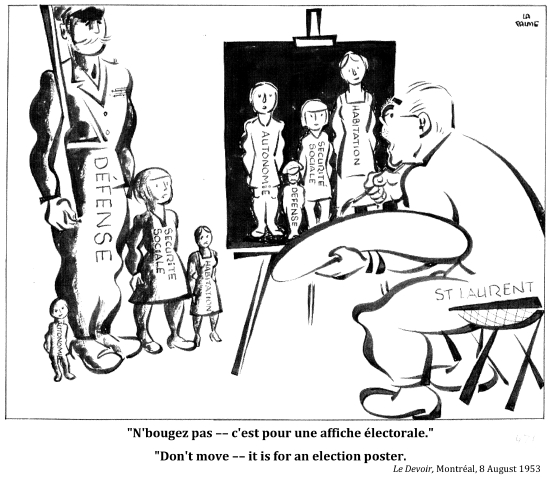
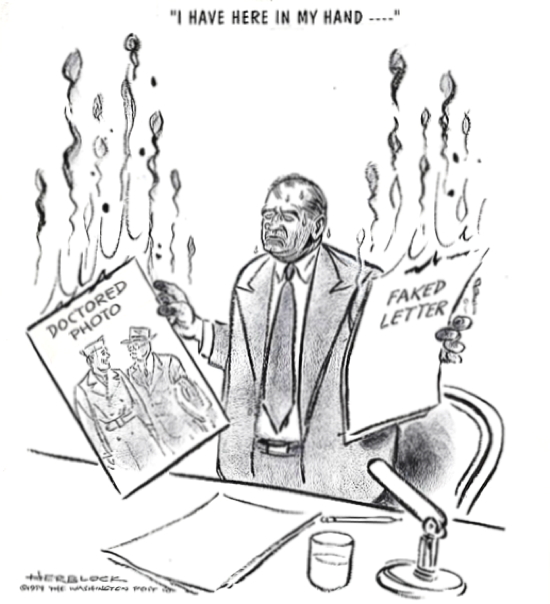
Herb Block, 7 May 1954
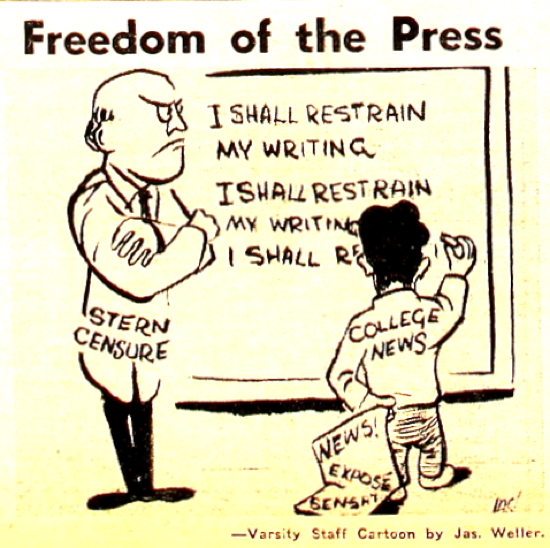
Varsity, Toronto, 14 January 1955
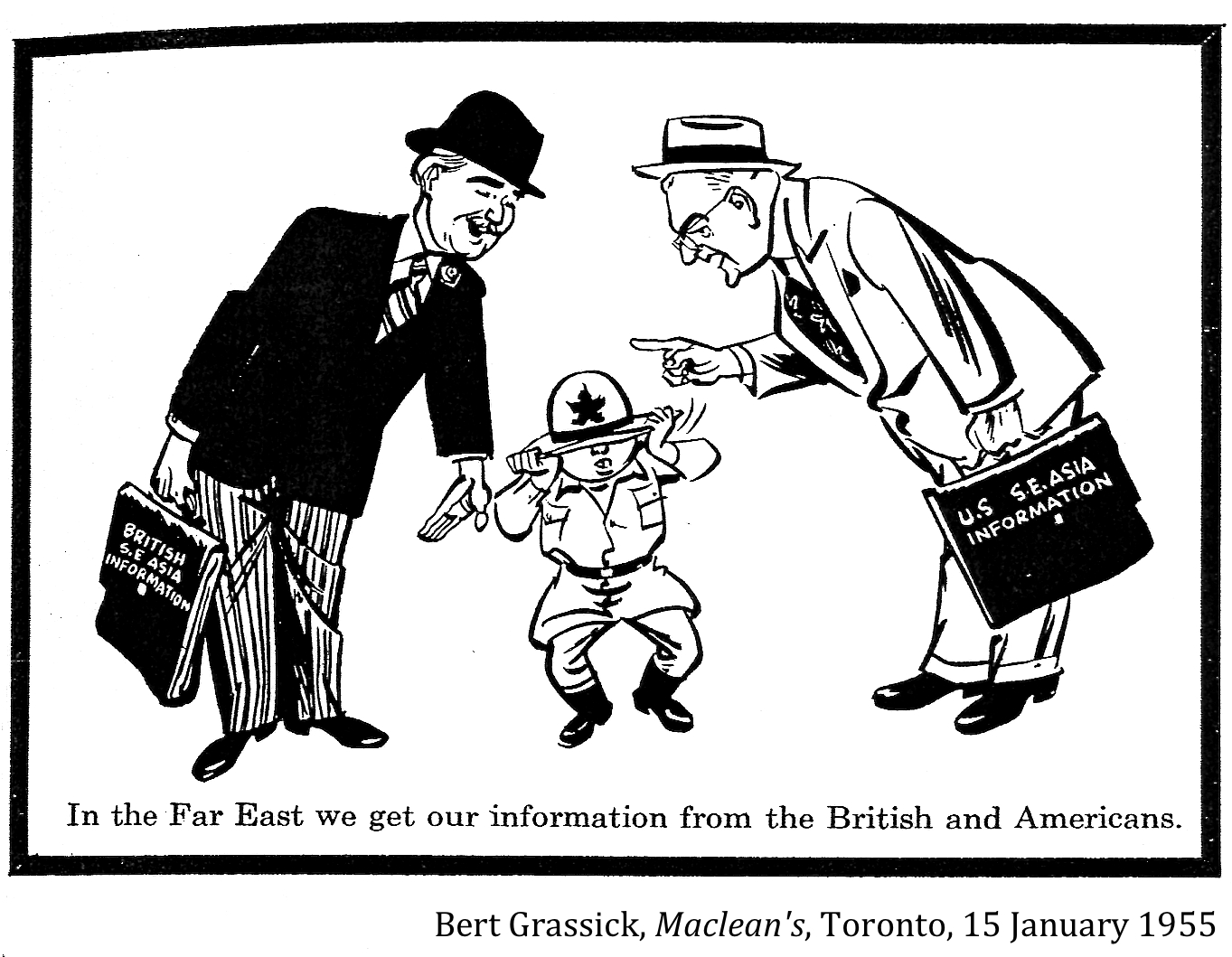
“History will be kind to me, for I intend to write it.”
Winston Churchill
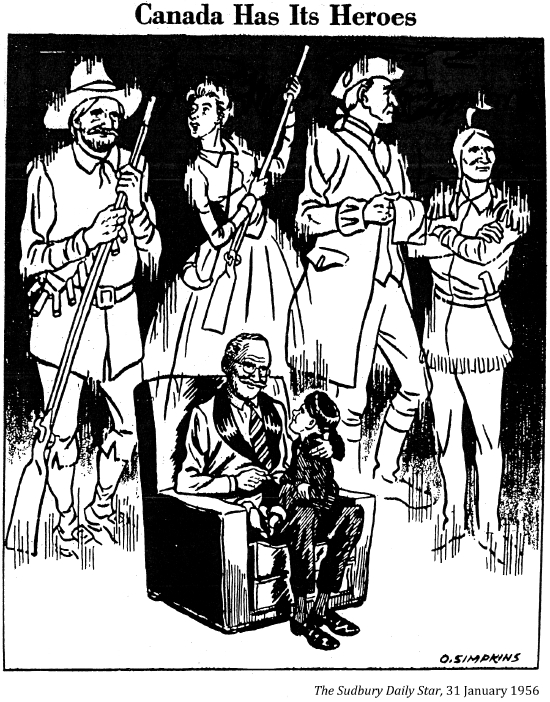
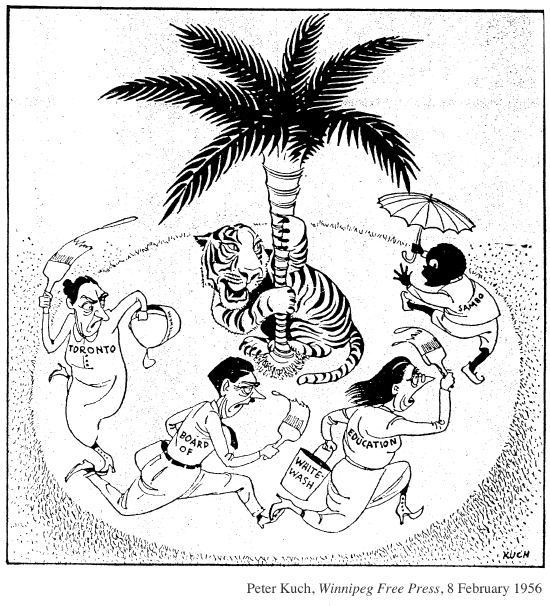
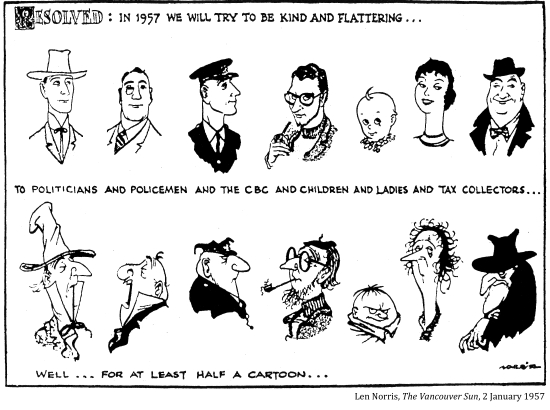
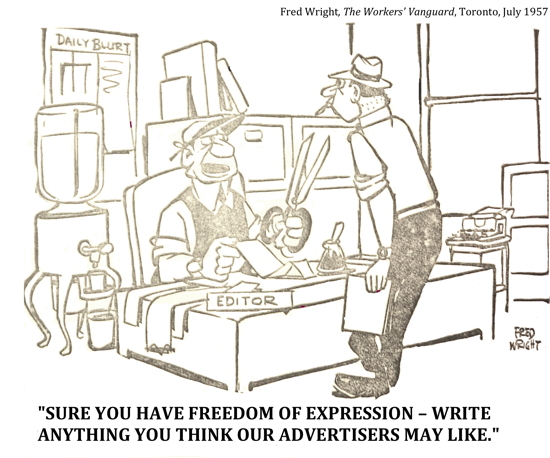
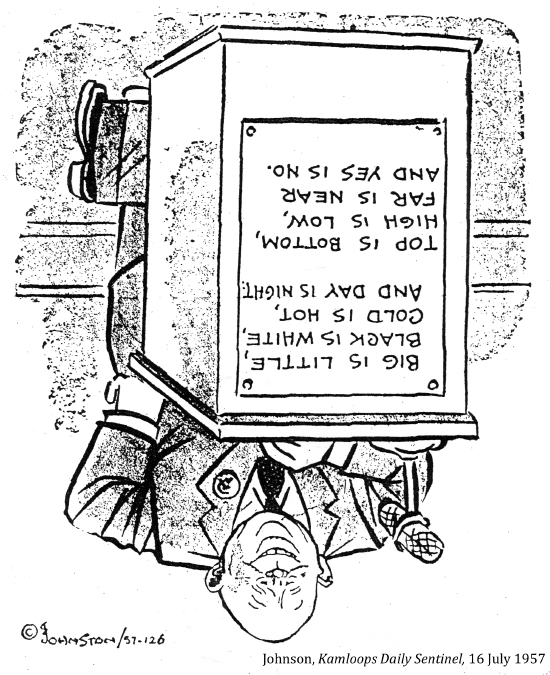
"History can be well written only in a free country."
Voltaire, letter to Frederick the Great
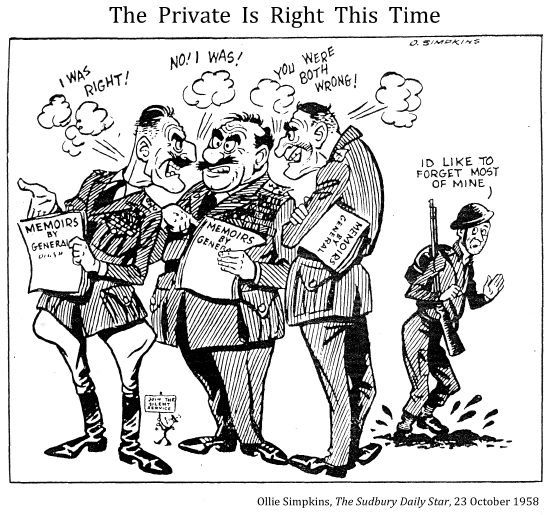
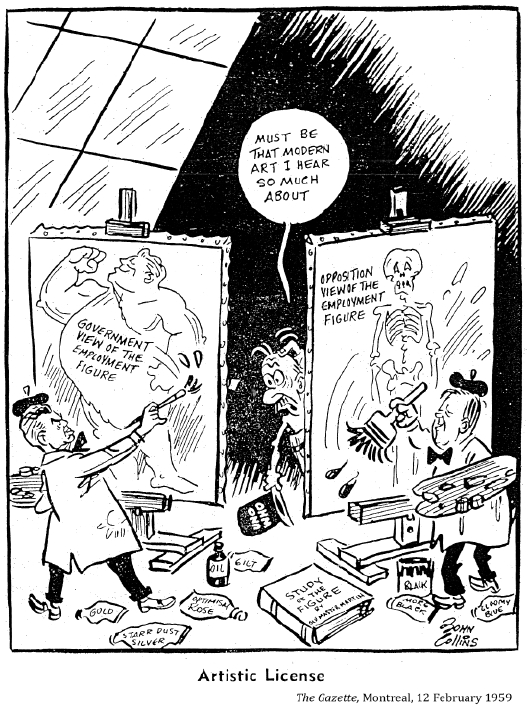
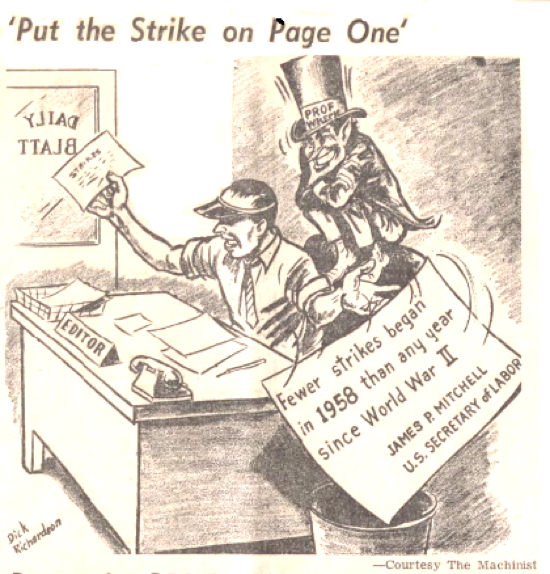
The Fisherman, Vancouver, 13 February 1959
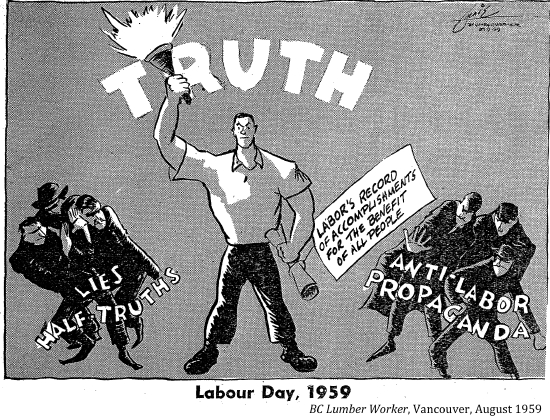
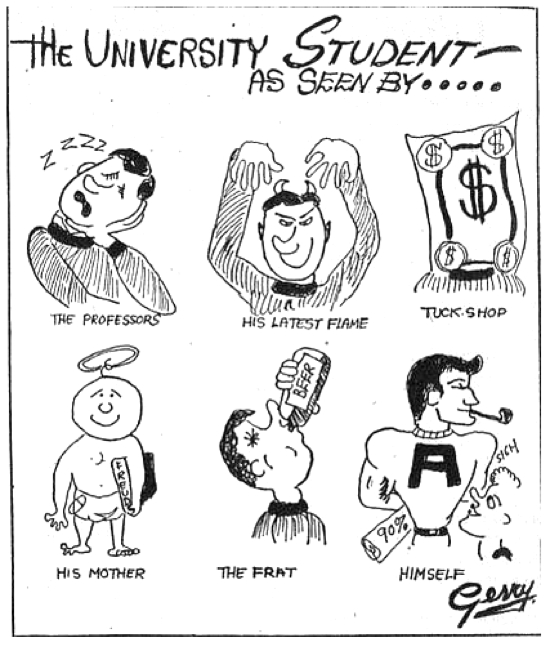
Gerry, The Gateway, Edmonton, 5 February 1960
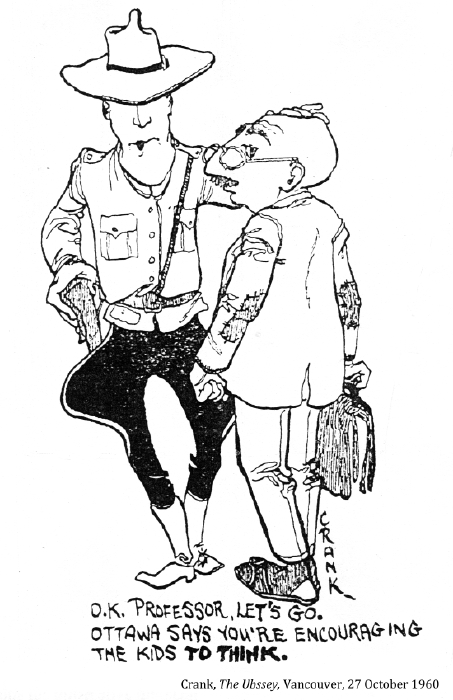
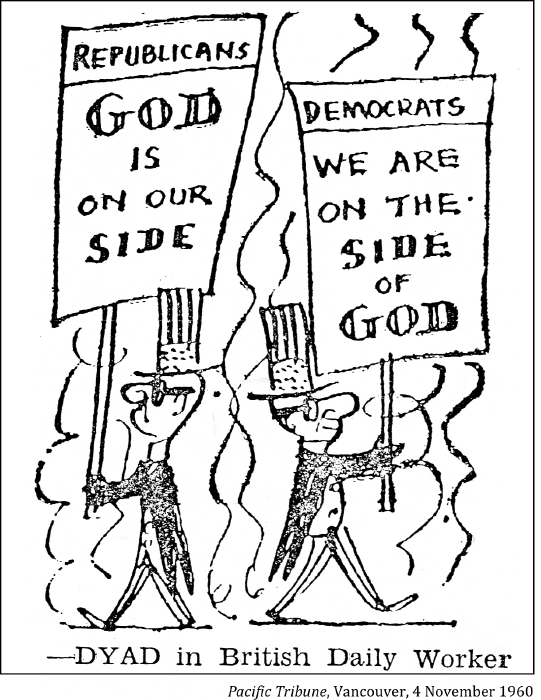
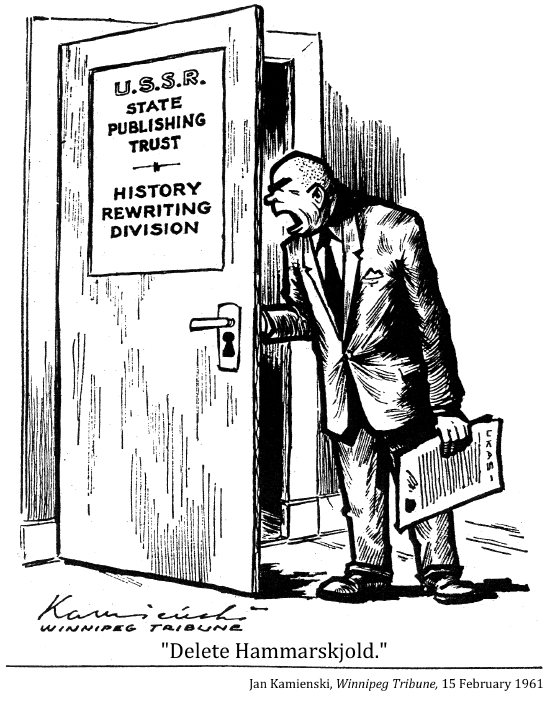
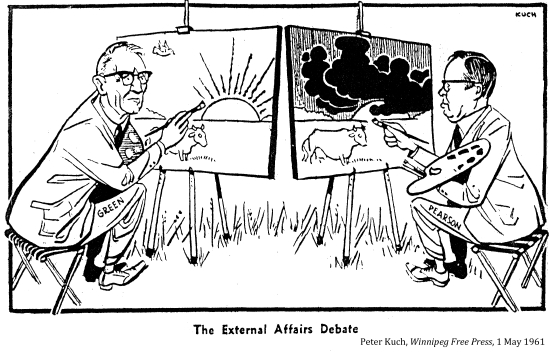
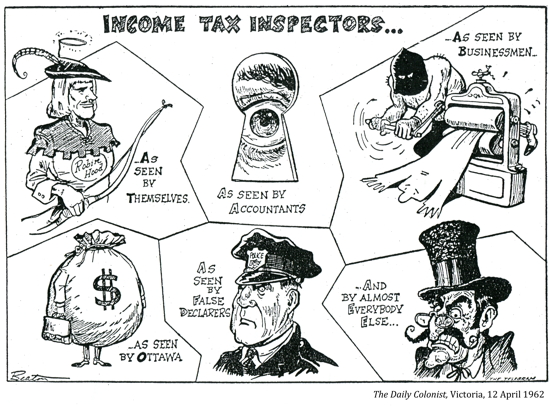
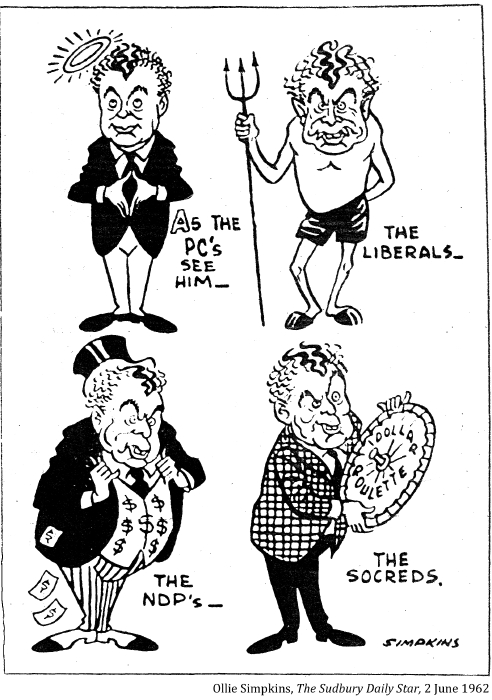
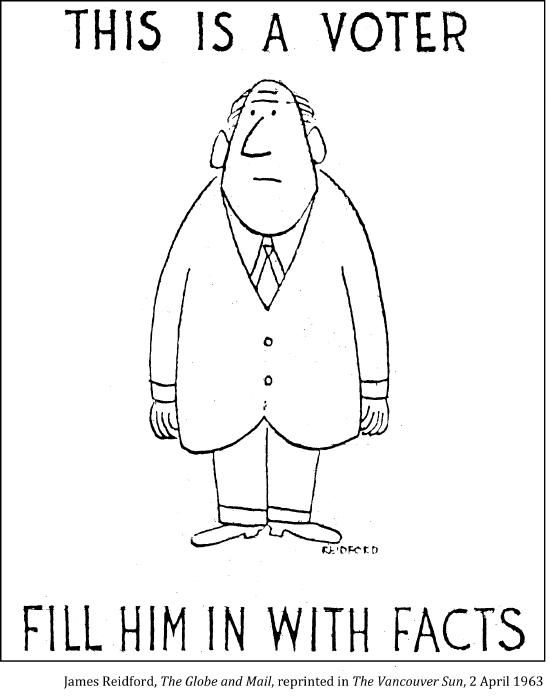
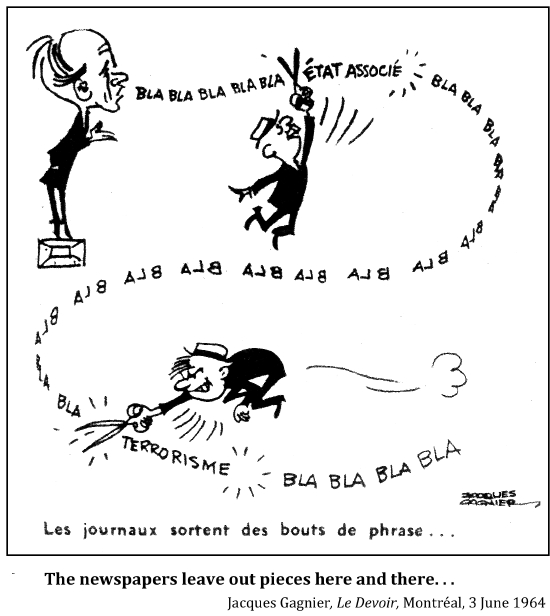
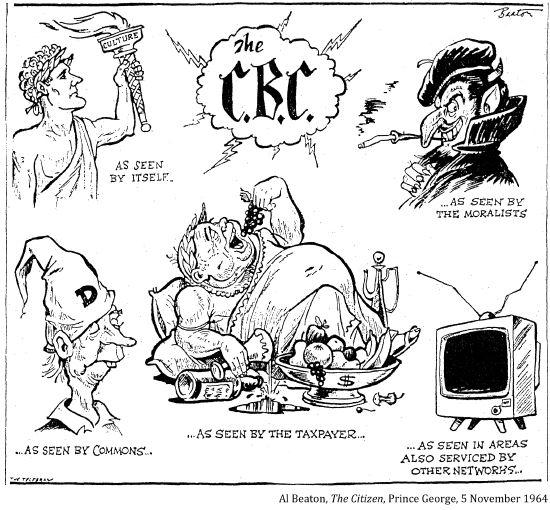
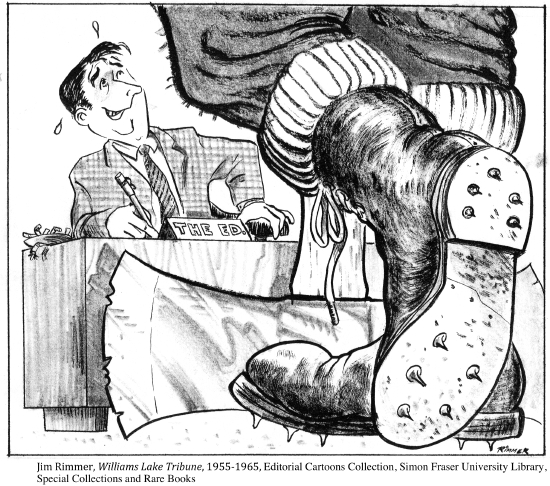
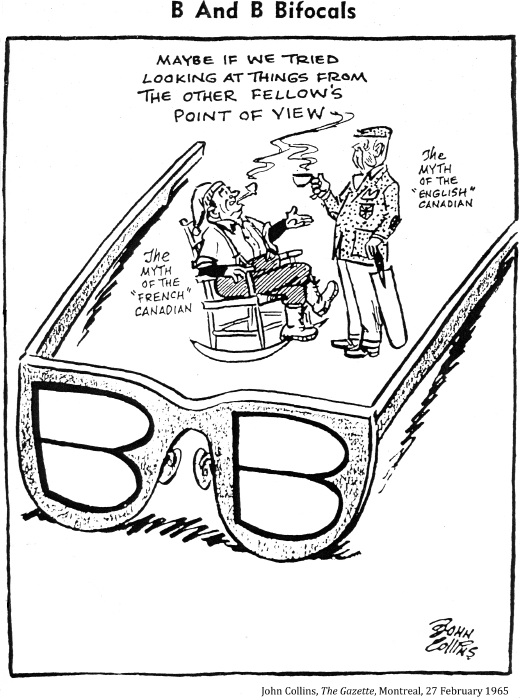
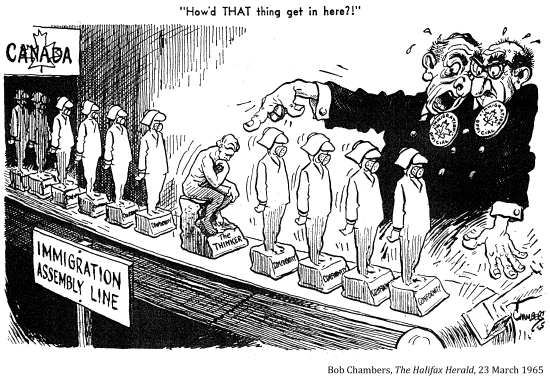
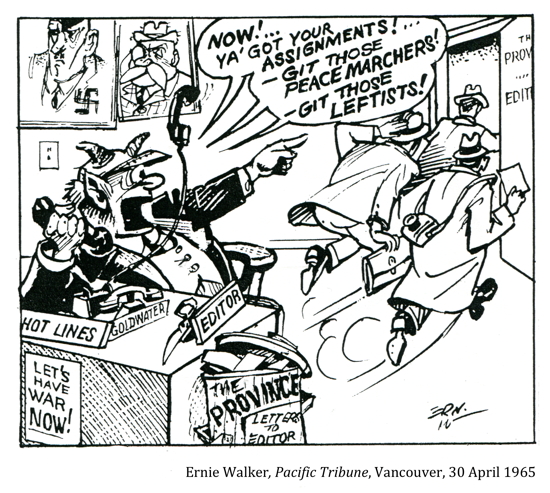
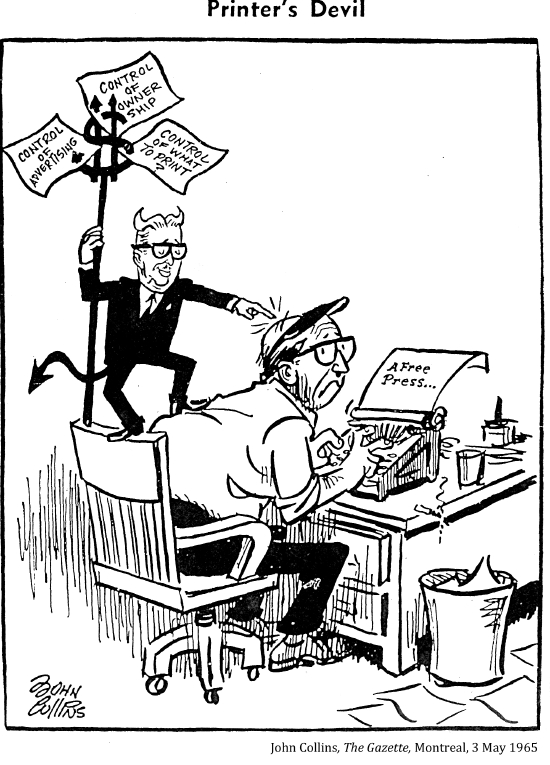
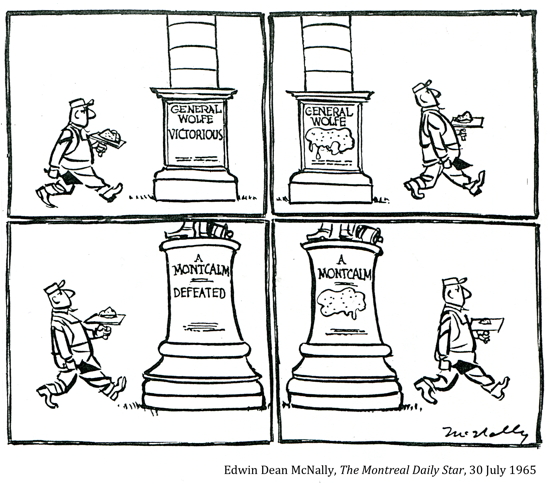
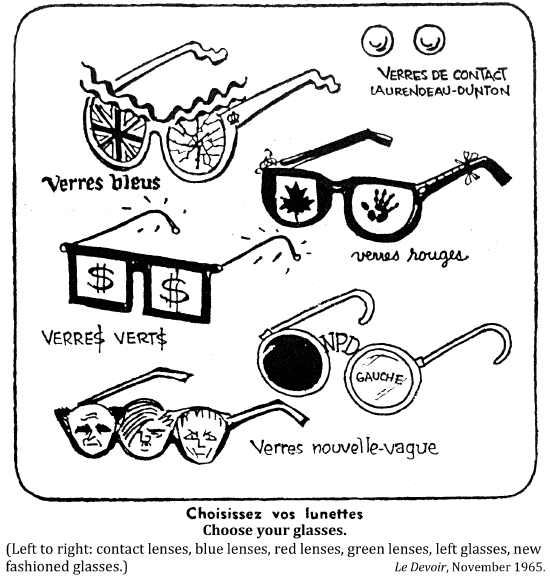
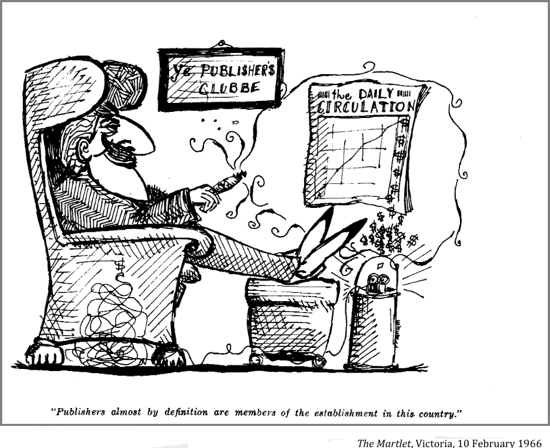
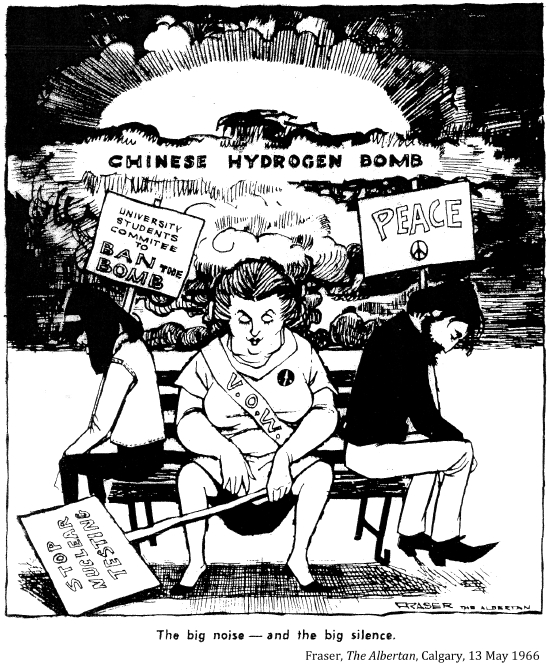
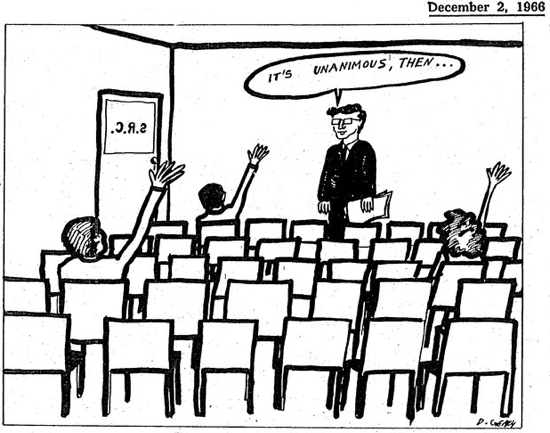
The Sheaf, Saskatoon, 2 December 1966
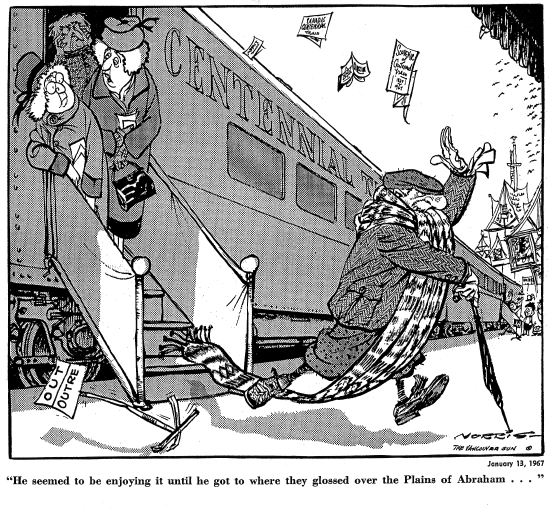

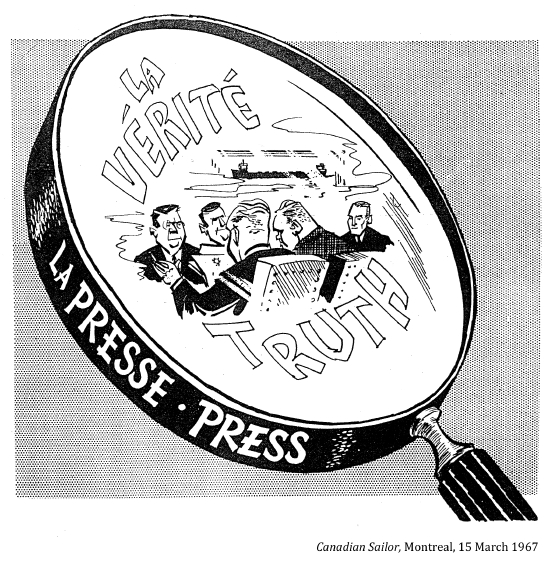
"What dependence can I have on the alleged events of ancient history, when I find such difficulty in ascertaining the truth regarding a matter that has taken place only a few minutes ago, and almost in my own presence! "
Sir Walter Raleigh, attributed, Testimony: Its Posture in the Scientific World
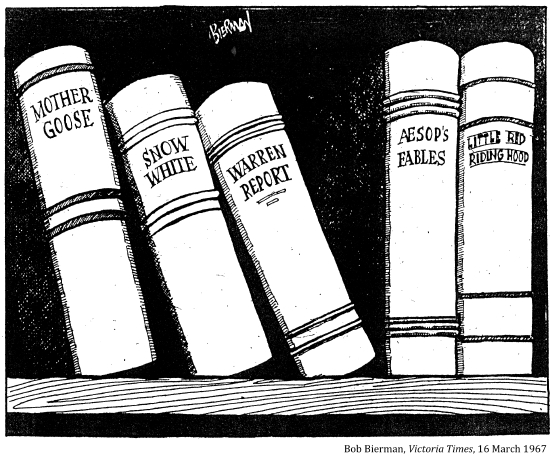
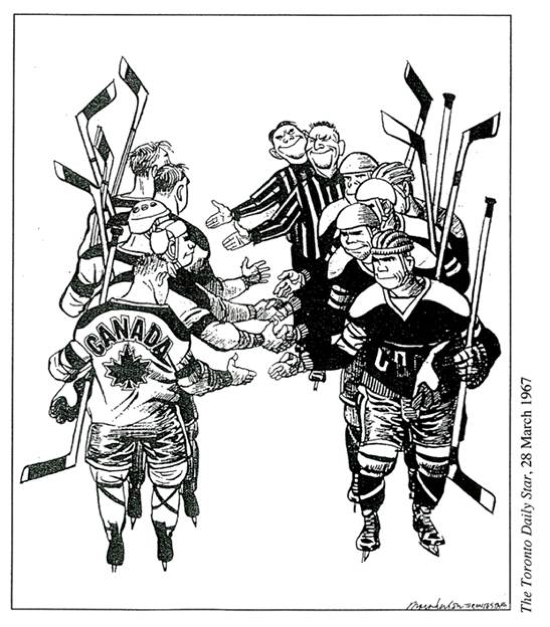
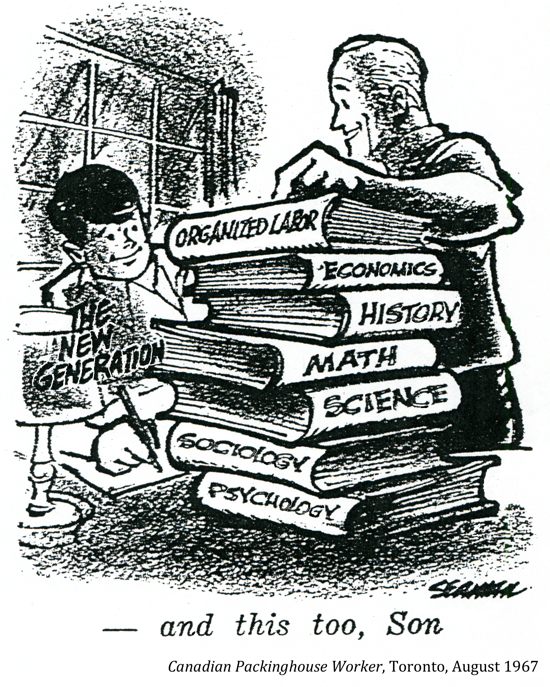
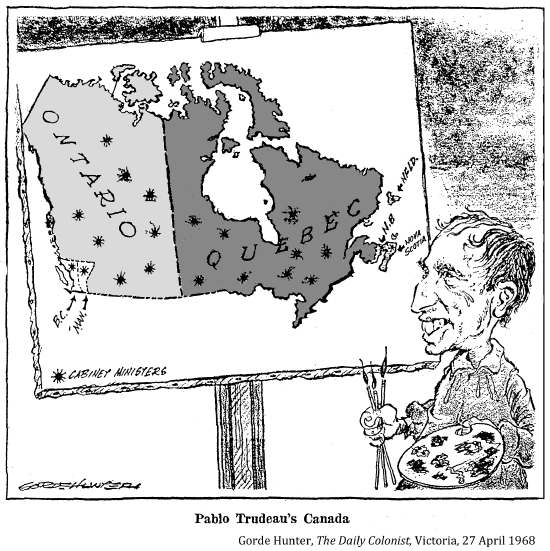
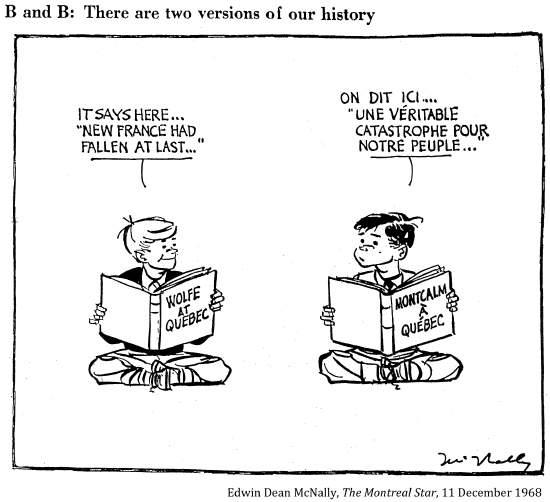
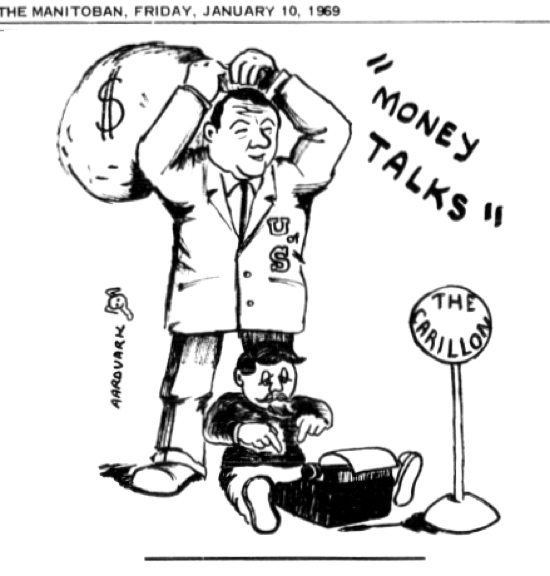
The Manitoban, Winnipeg, 10 January 1969
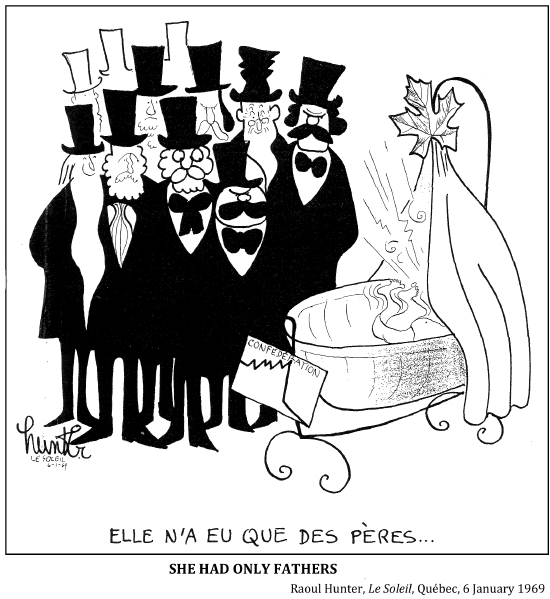
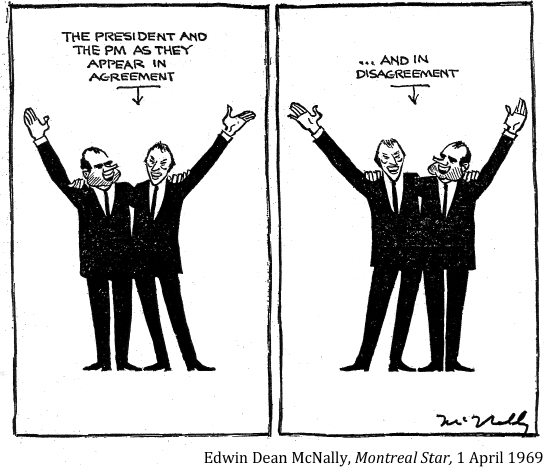
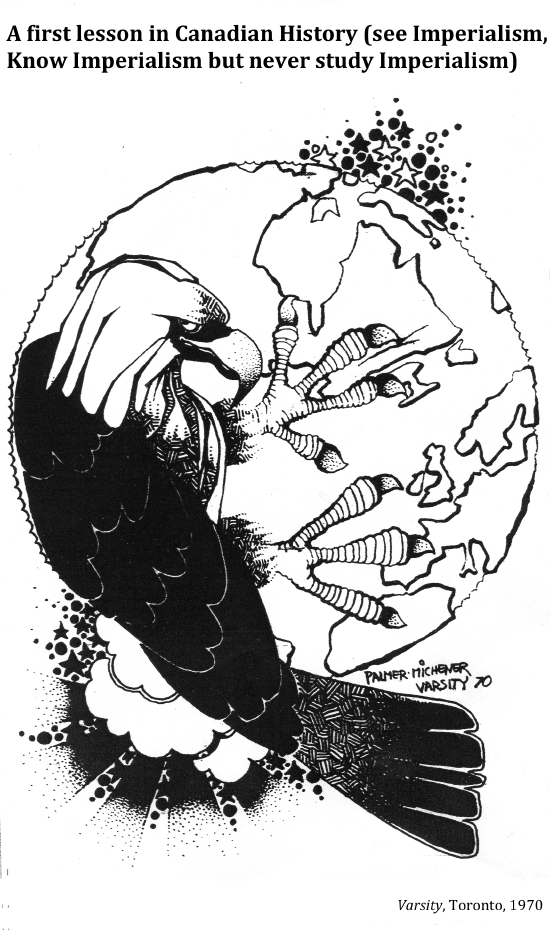
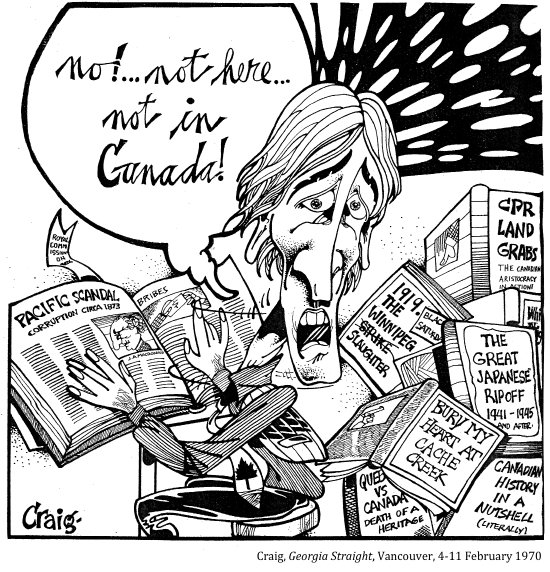
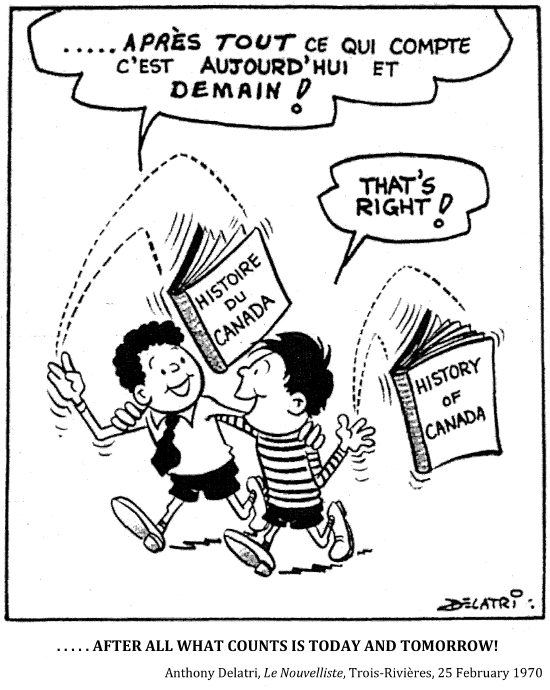
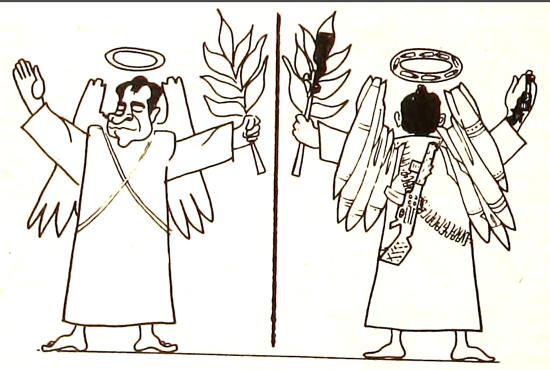
Queen's Journal, Kingston, 30 March 1971
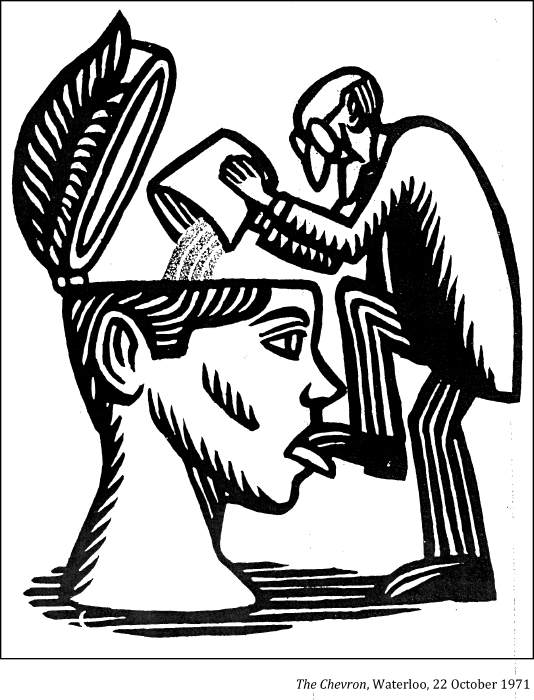
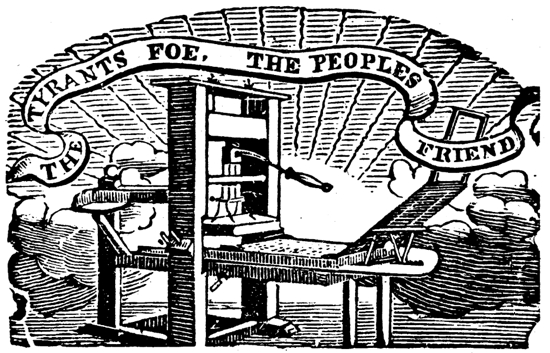
The Martlet Victoria 2 Mar 1972
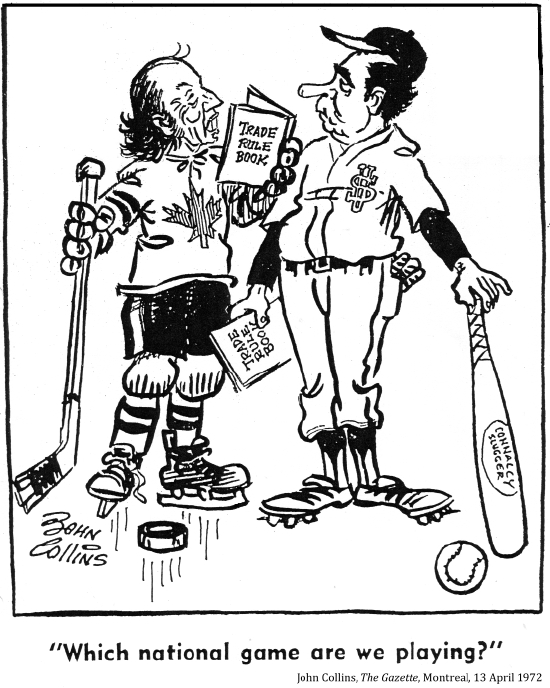
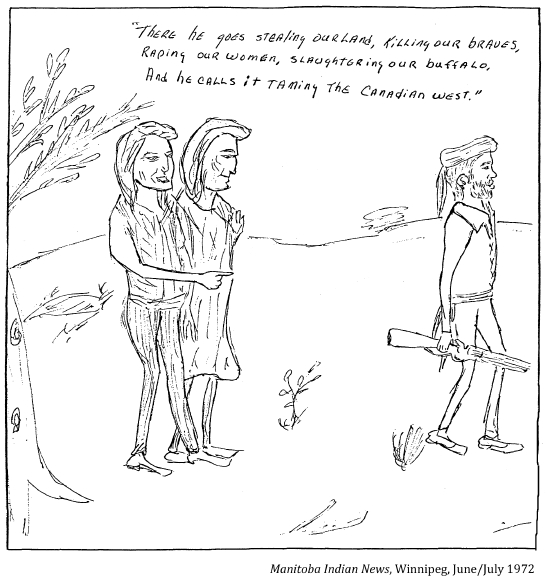
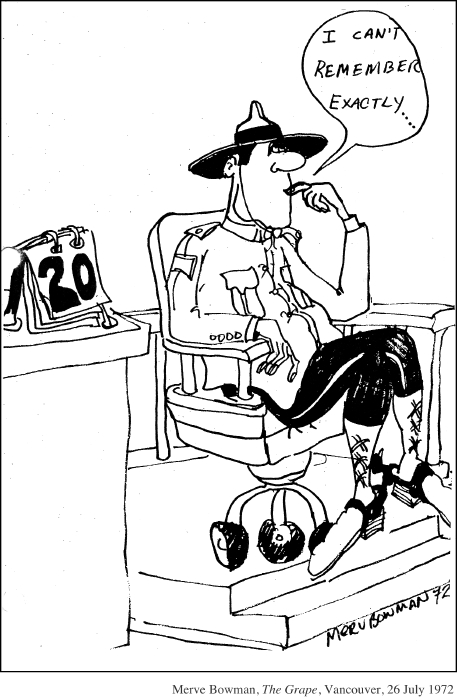
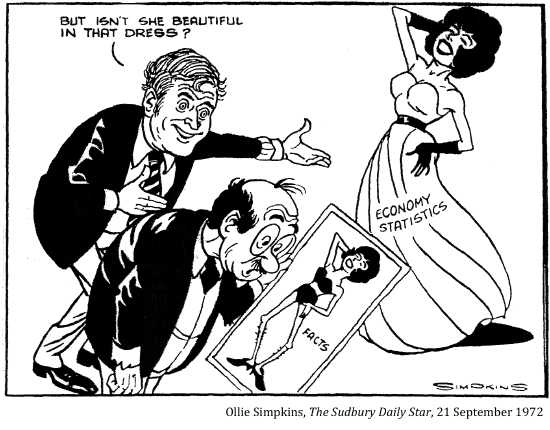
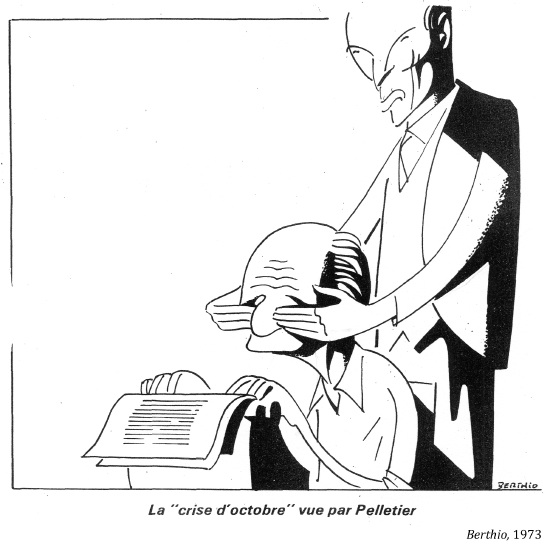
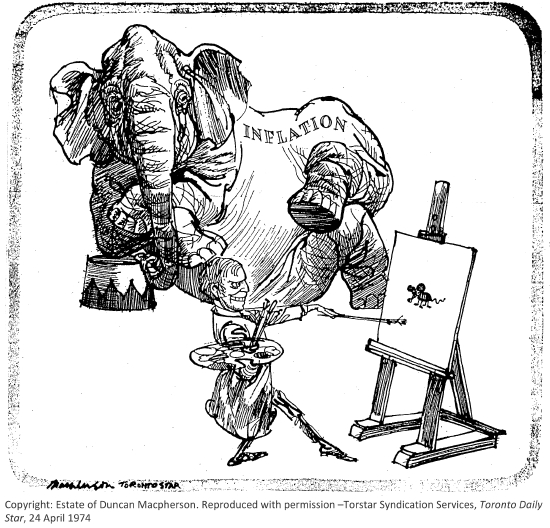
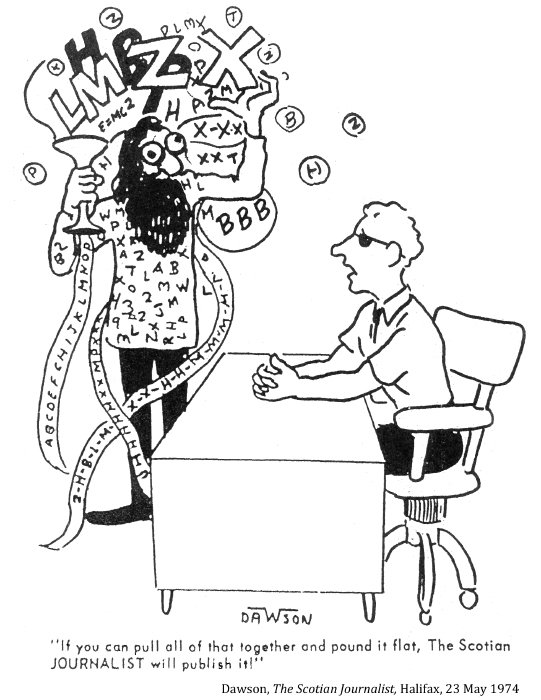
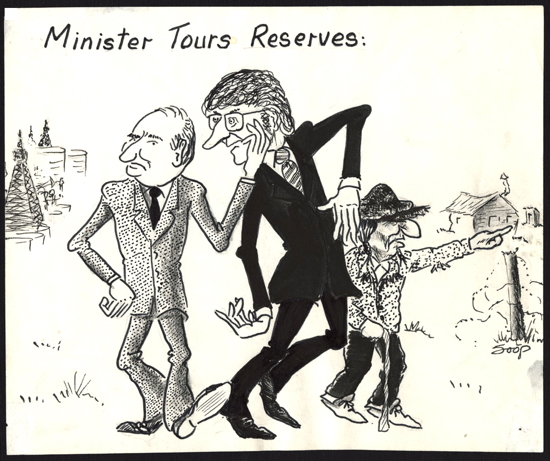
Everett Soop, 1974, LAC e011313517
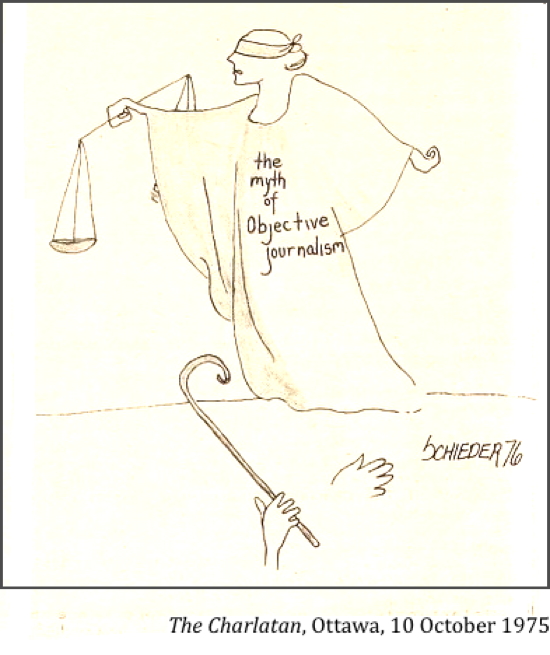
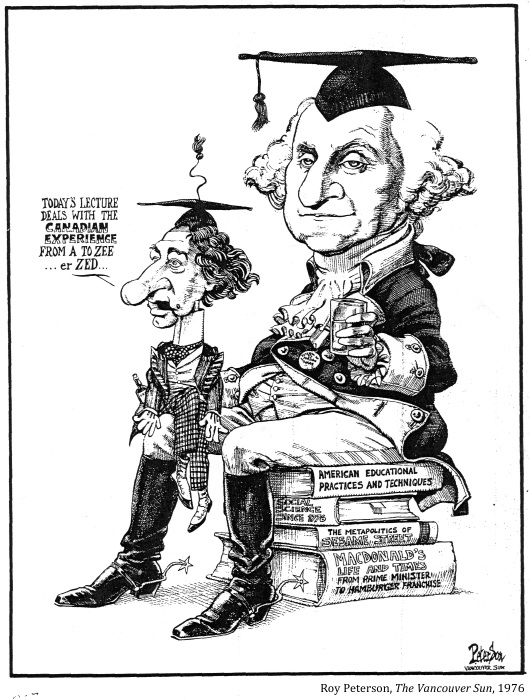
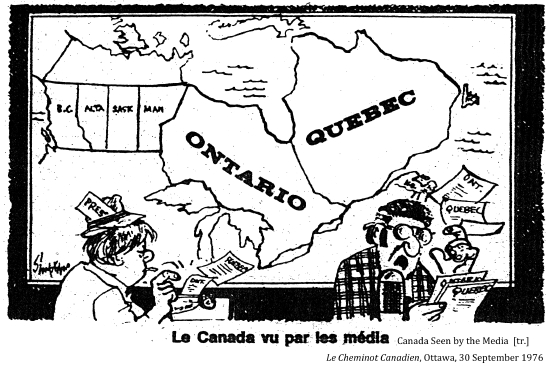
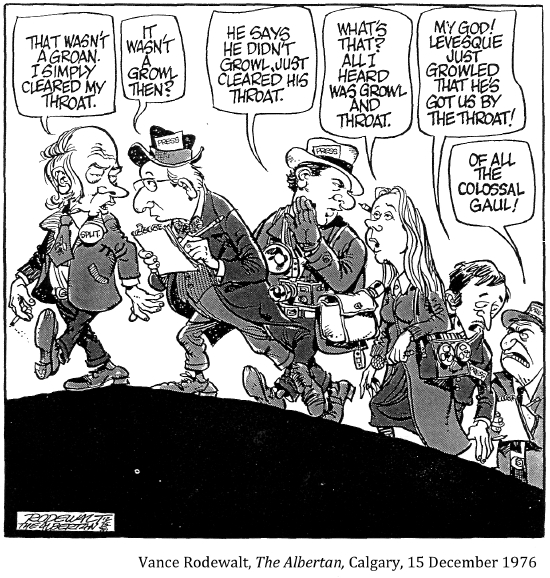
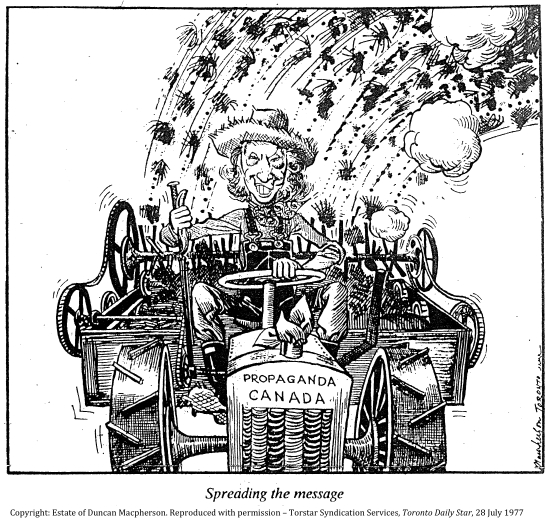
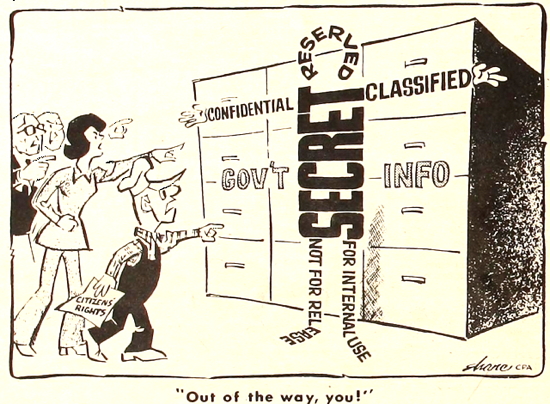
George Shane, Varsity, Toronto, 21 September 1977
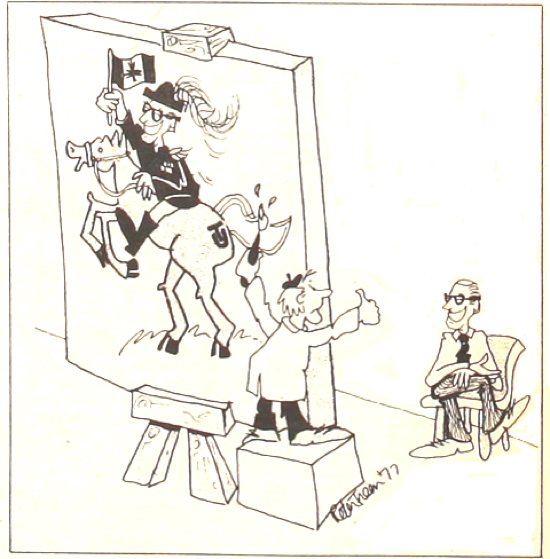
Varsity, Toronto, 14 November 1977
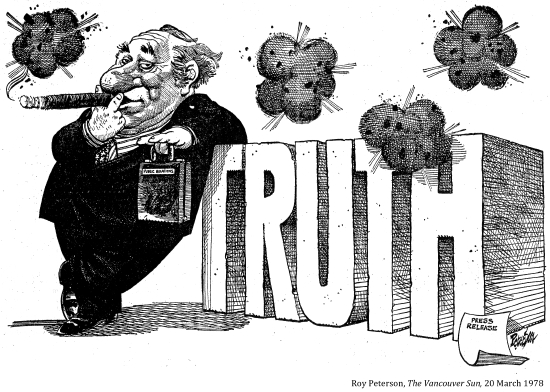

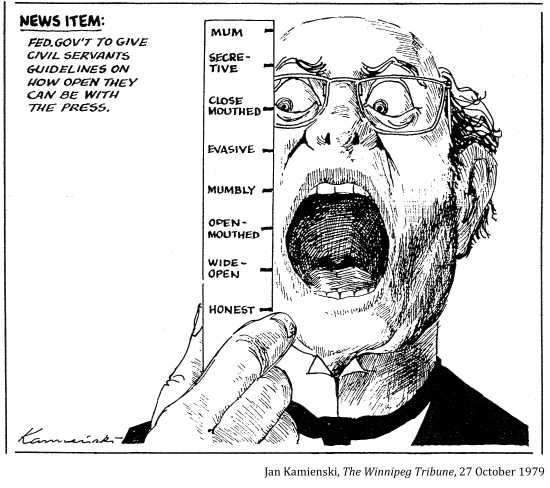
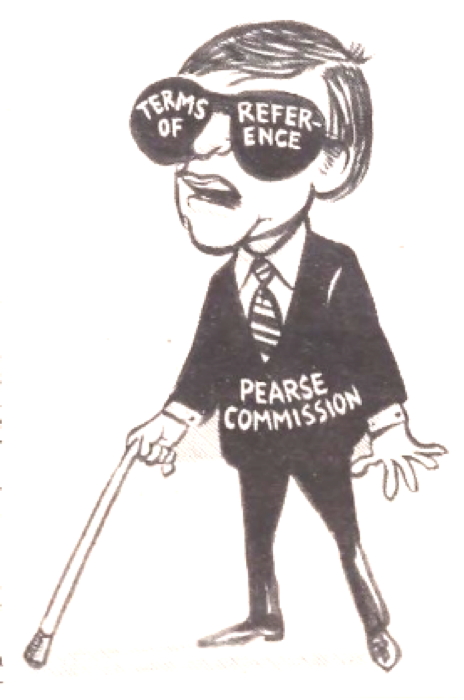
The Fisherman, Vancouver, 10 July 1981
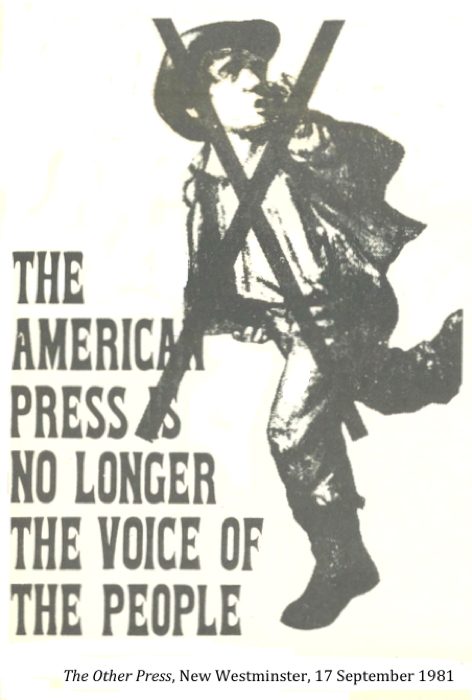
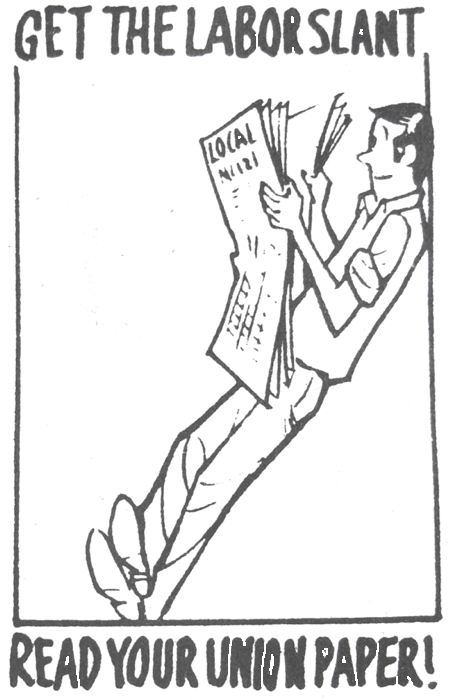
.jpg)
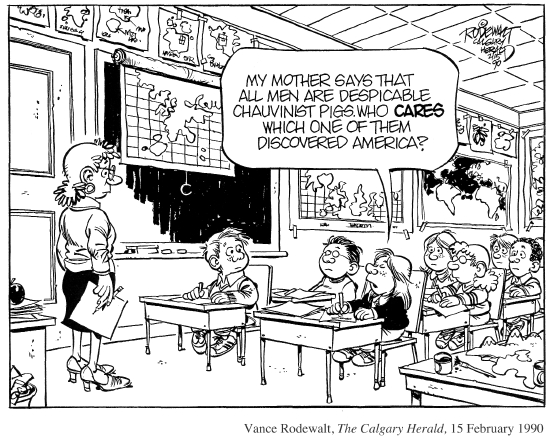
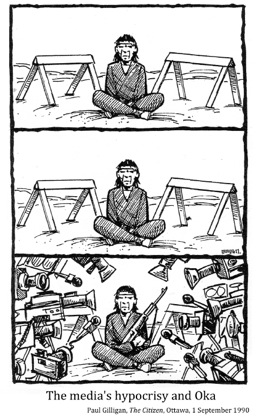
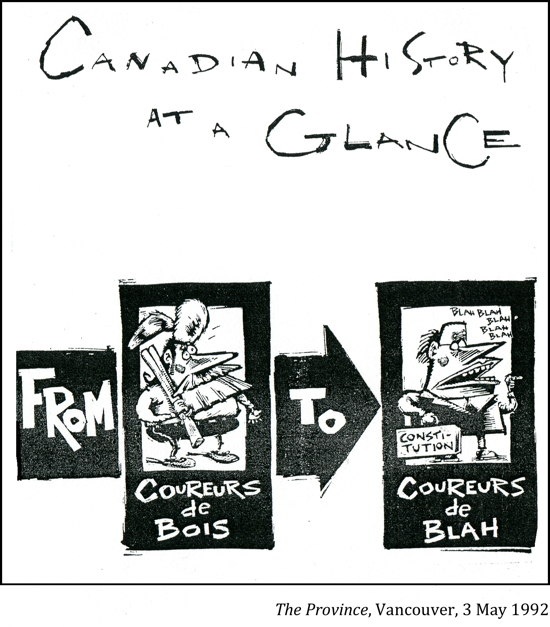
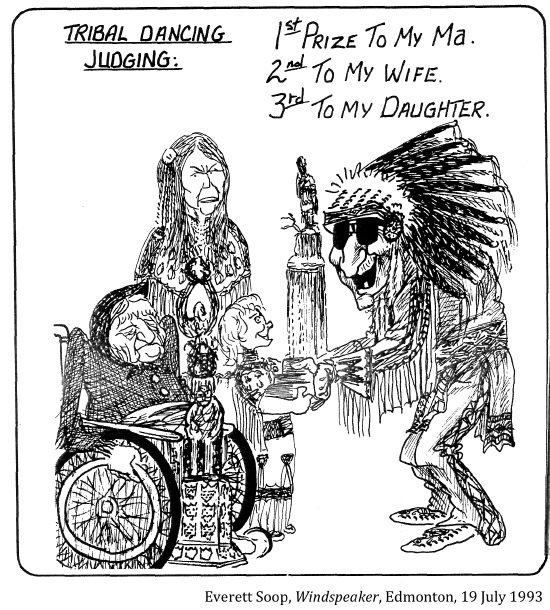
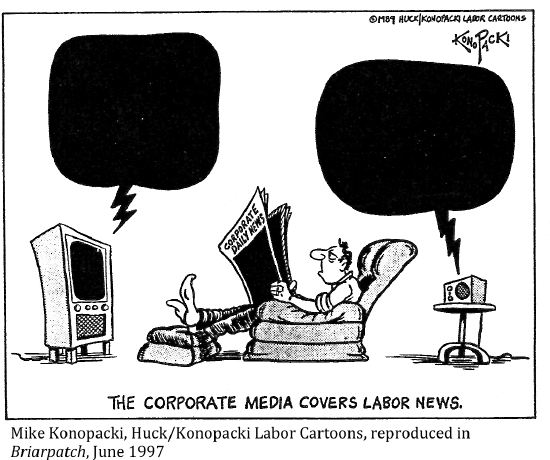

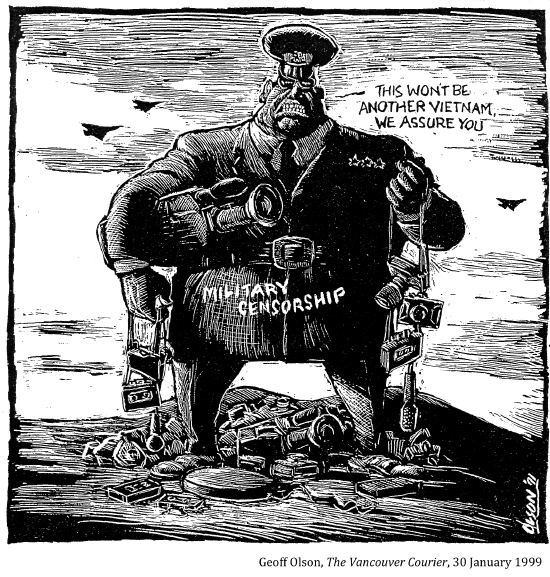
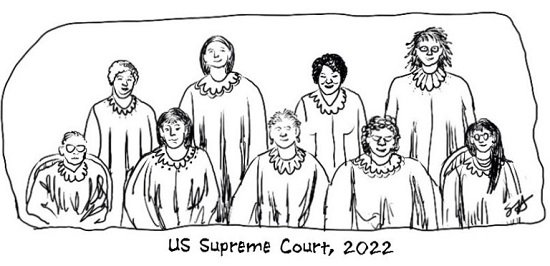
Vision for the future US Supreme Court, AnaSoc, CC bY_SA 4.0, via Wikimedia Commons, 09 June 2018
"When we open our devices (social media posts), we must become more selective about our sources and critically questions claims against verifiable facts. "
Marcus Kolga, founder of Disinfo Watch.org
"No man can be wise on an empty stomach."
George Eliot
"All quotations [used by writers] are taken out of context."
Charlotte Gray
"Readers should question every writer including me."
Charlotte Gray
"Exclusive reliance on written documents to interpret history confirms the hegemony of the colonizers. And that is part of the reason why historians have concluded that they must move beyond their traditional reliance on written words if they are ever to understand the indigenous past… Ethno-historians use oral tradition, ethnography, and archaeology as well as the written record."
Robin Fisher
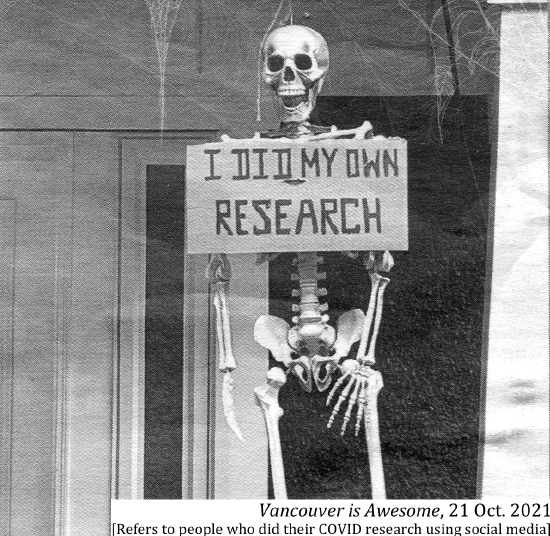
|





















































































































































.jpg)
.jpg)
.jpg)














.jpg)

















































































.jpg)








